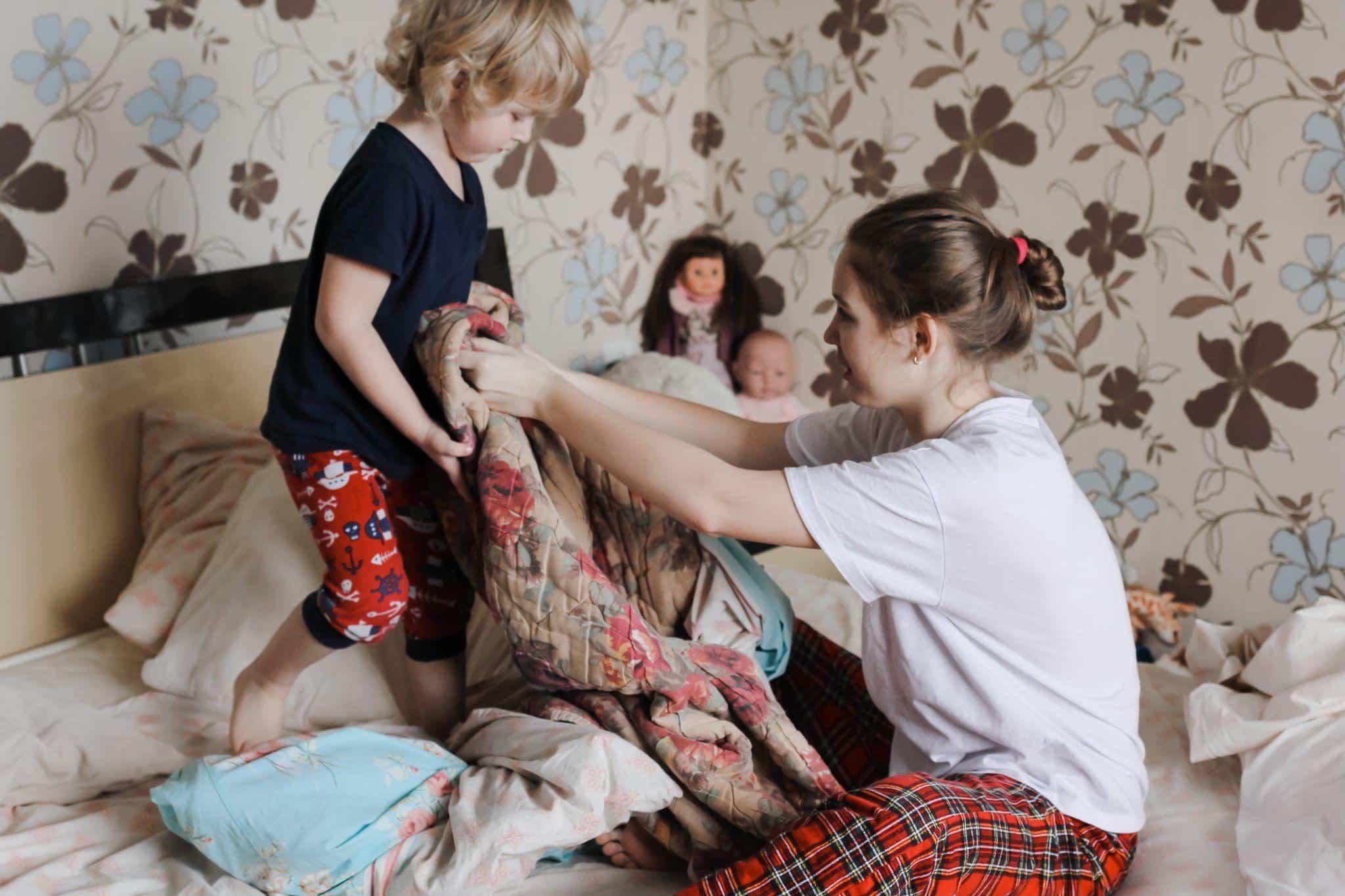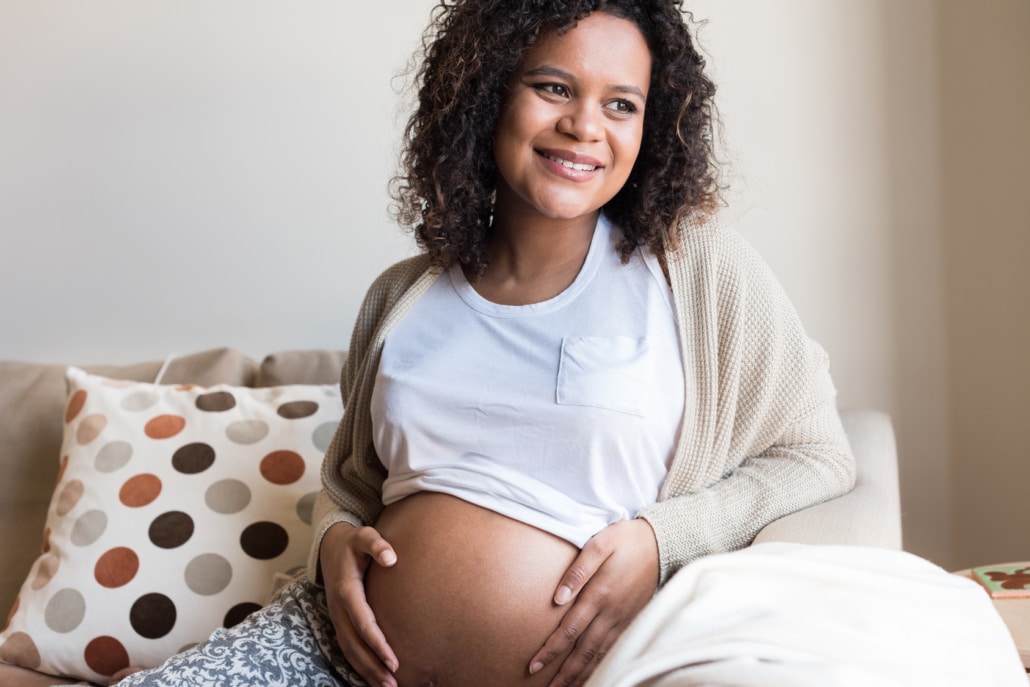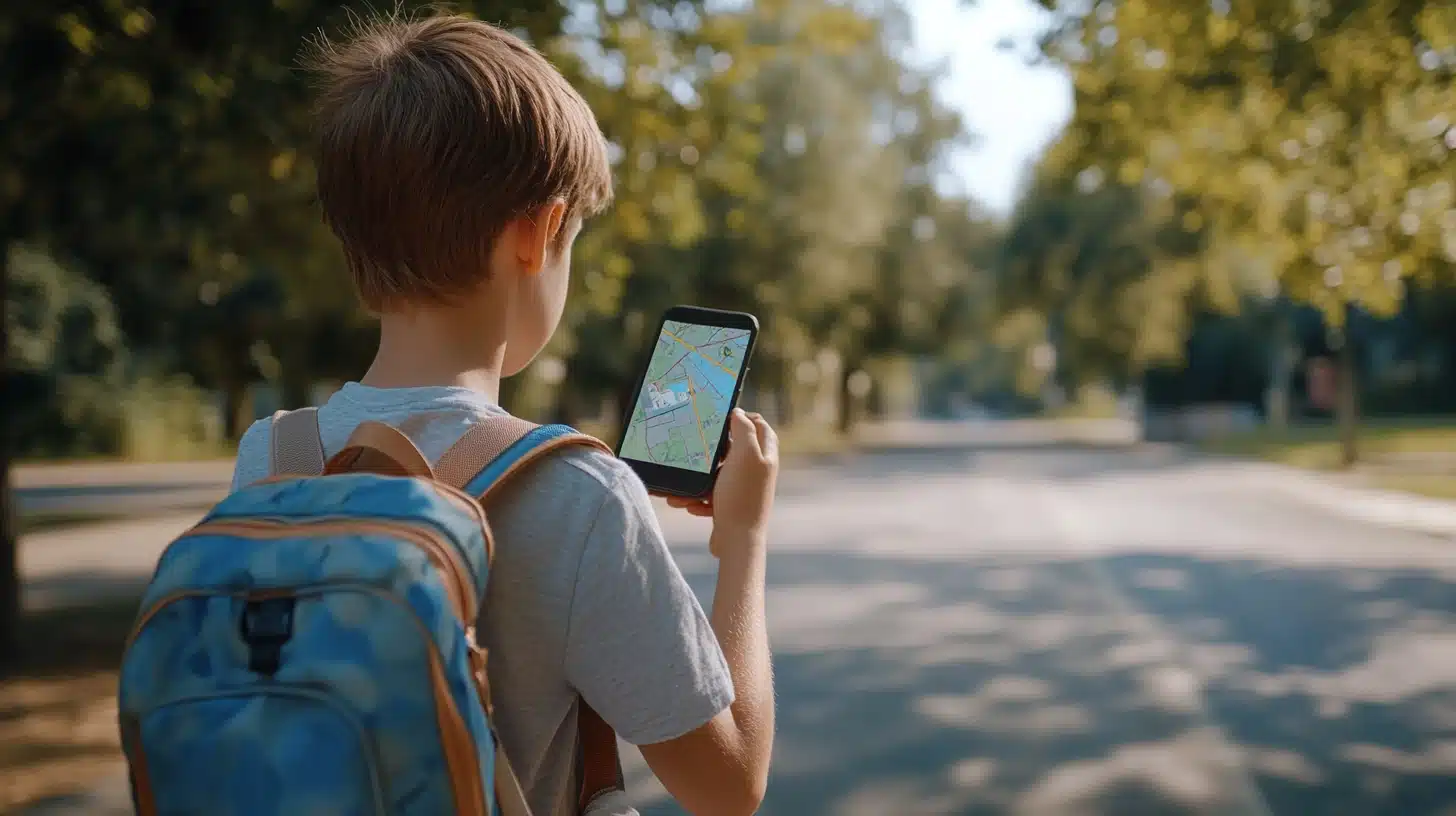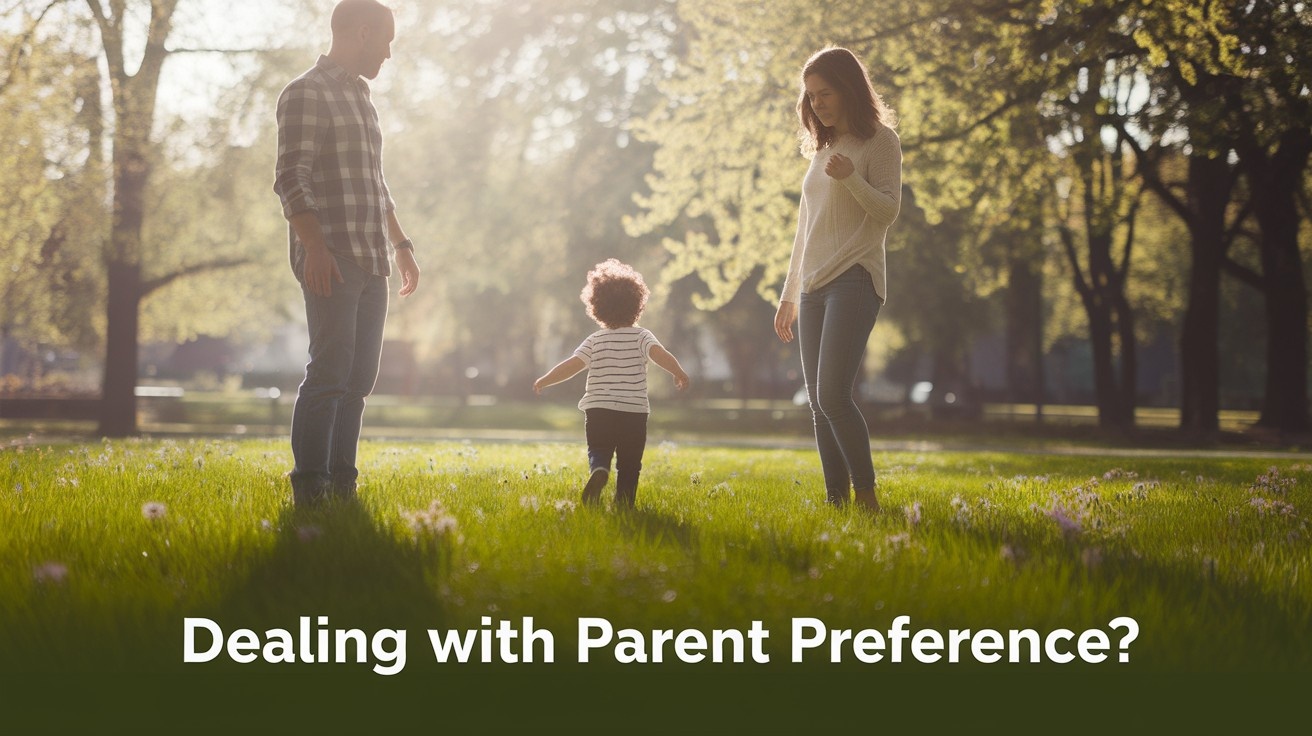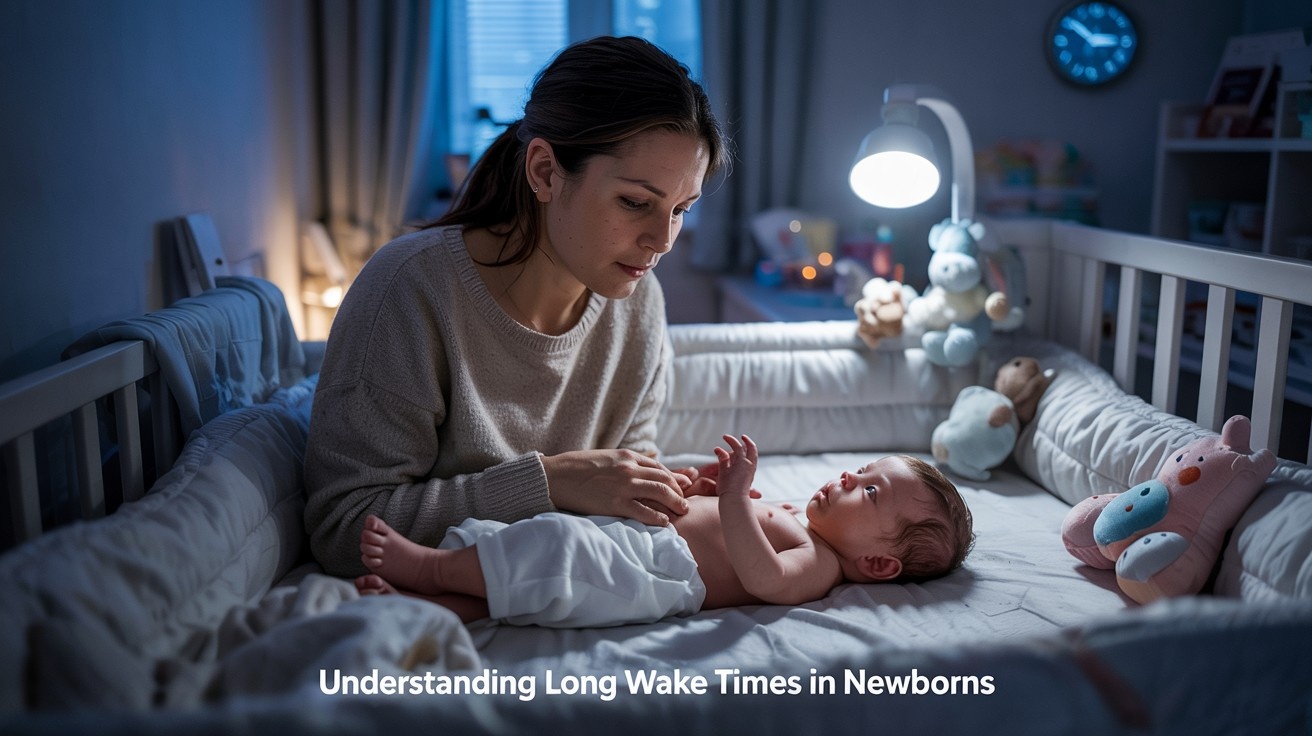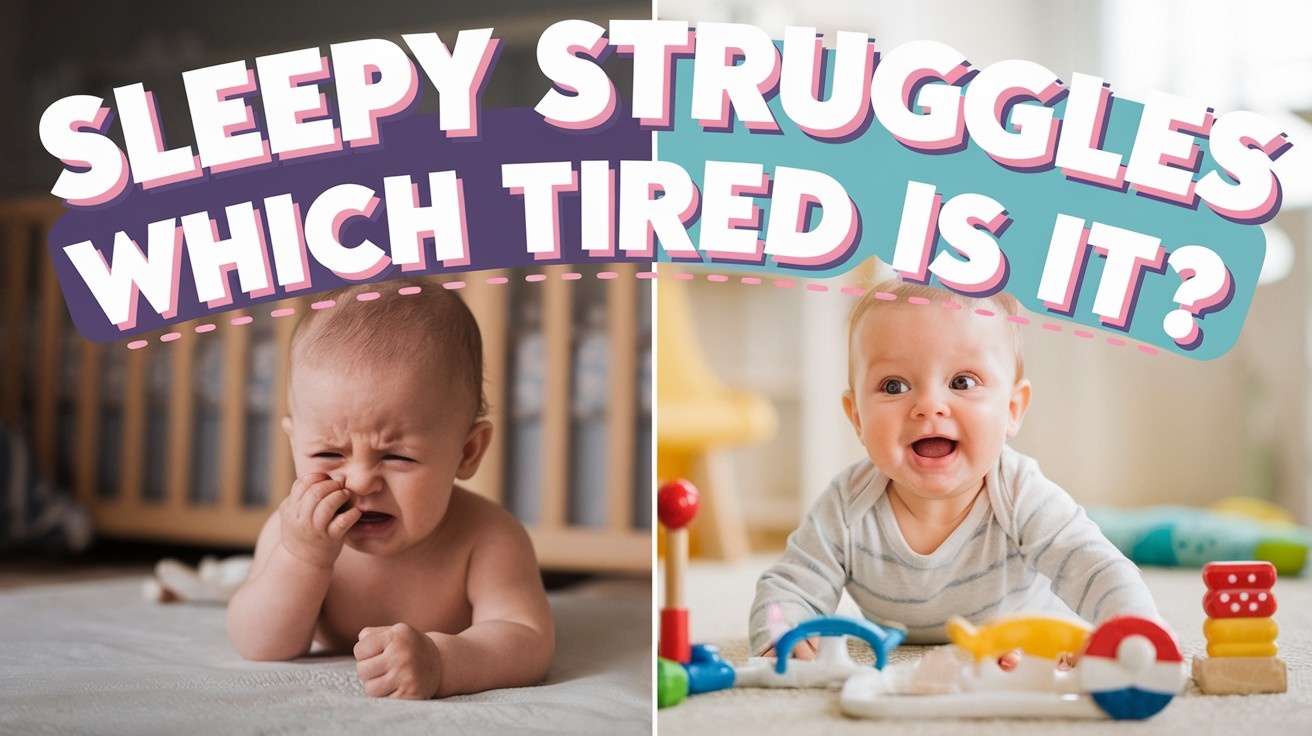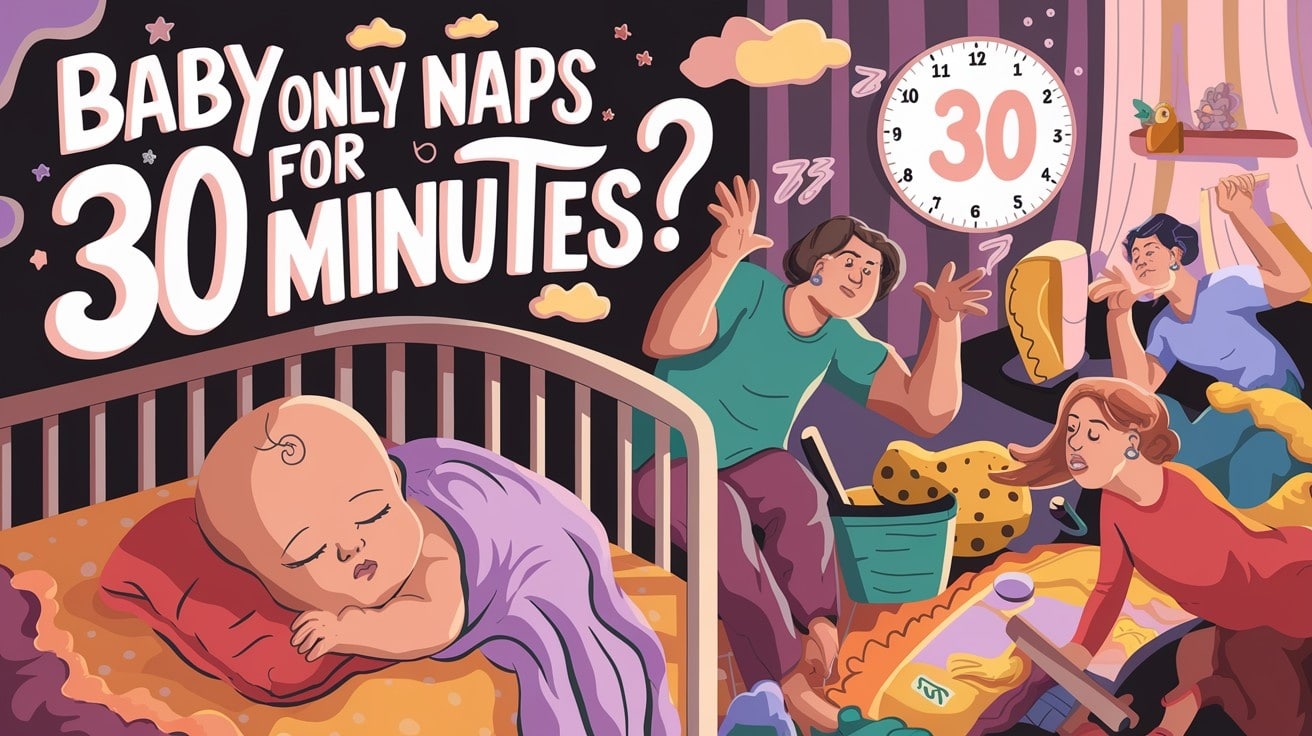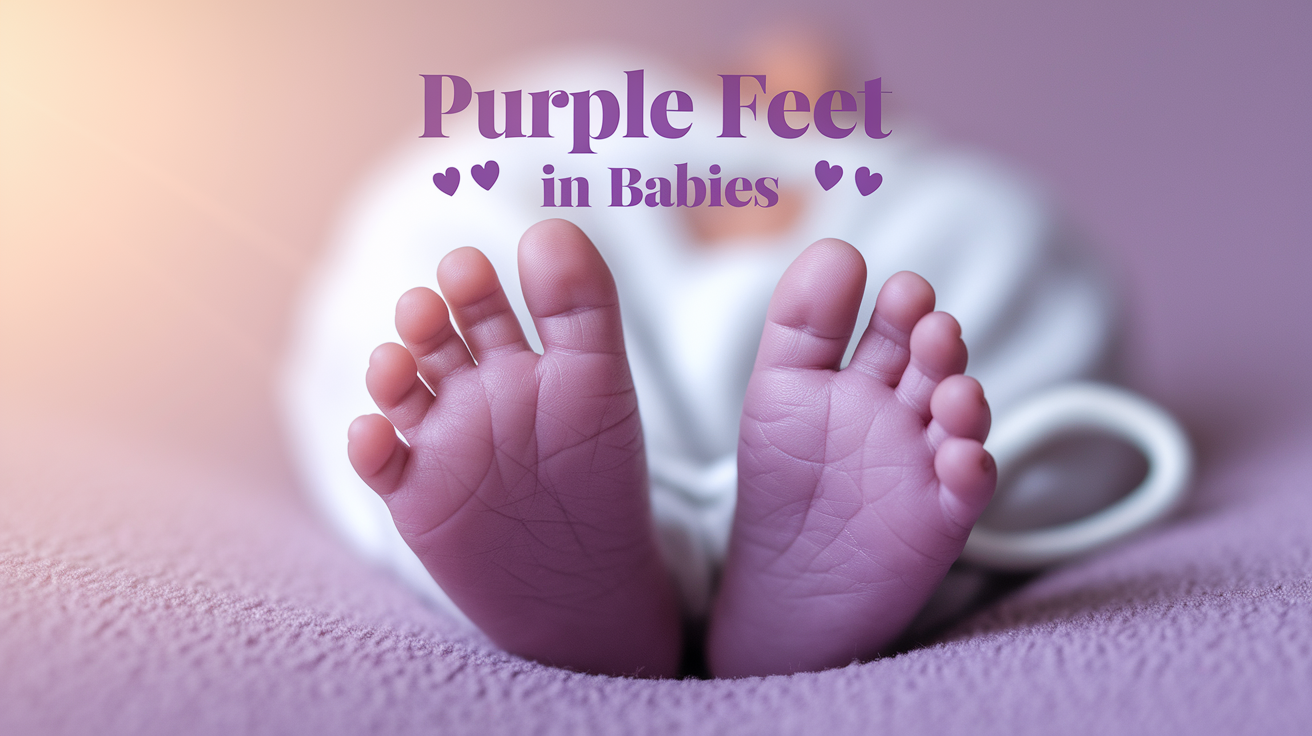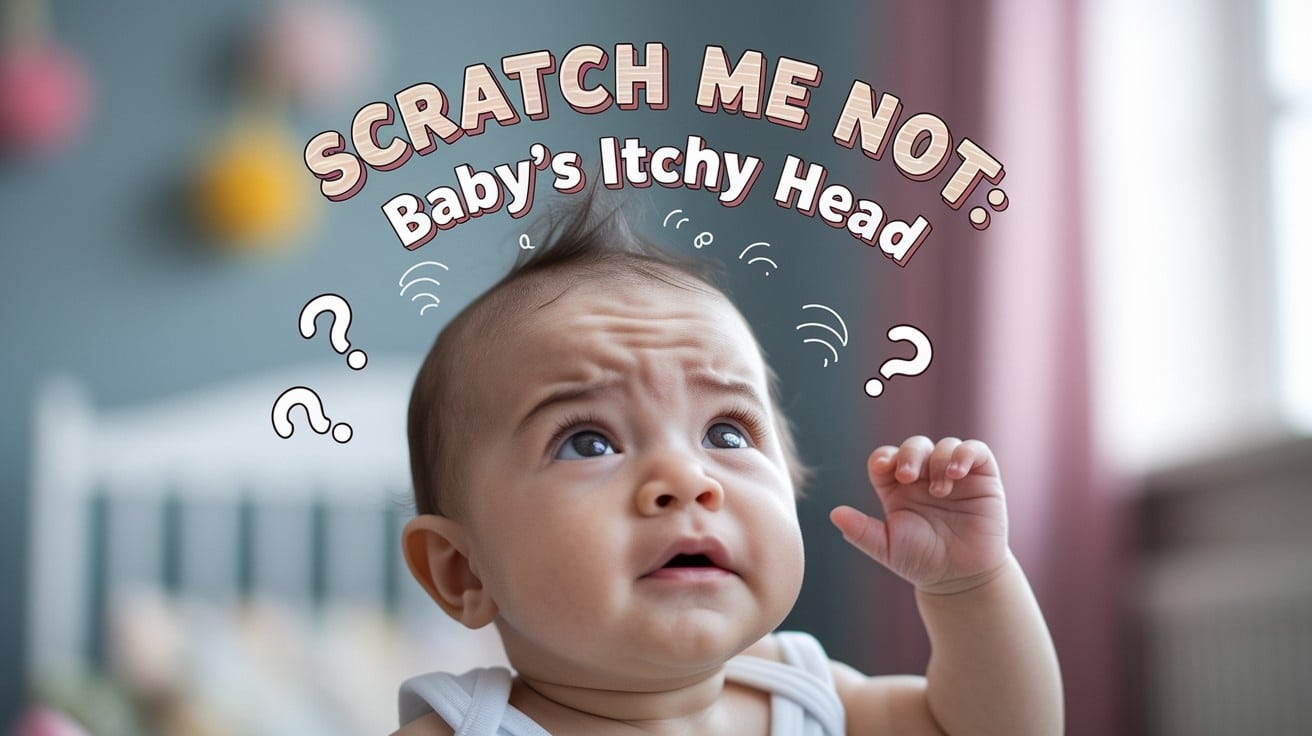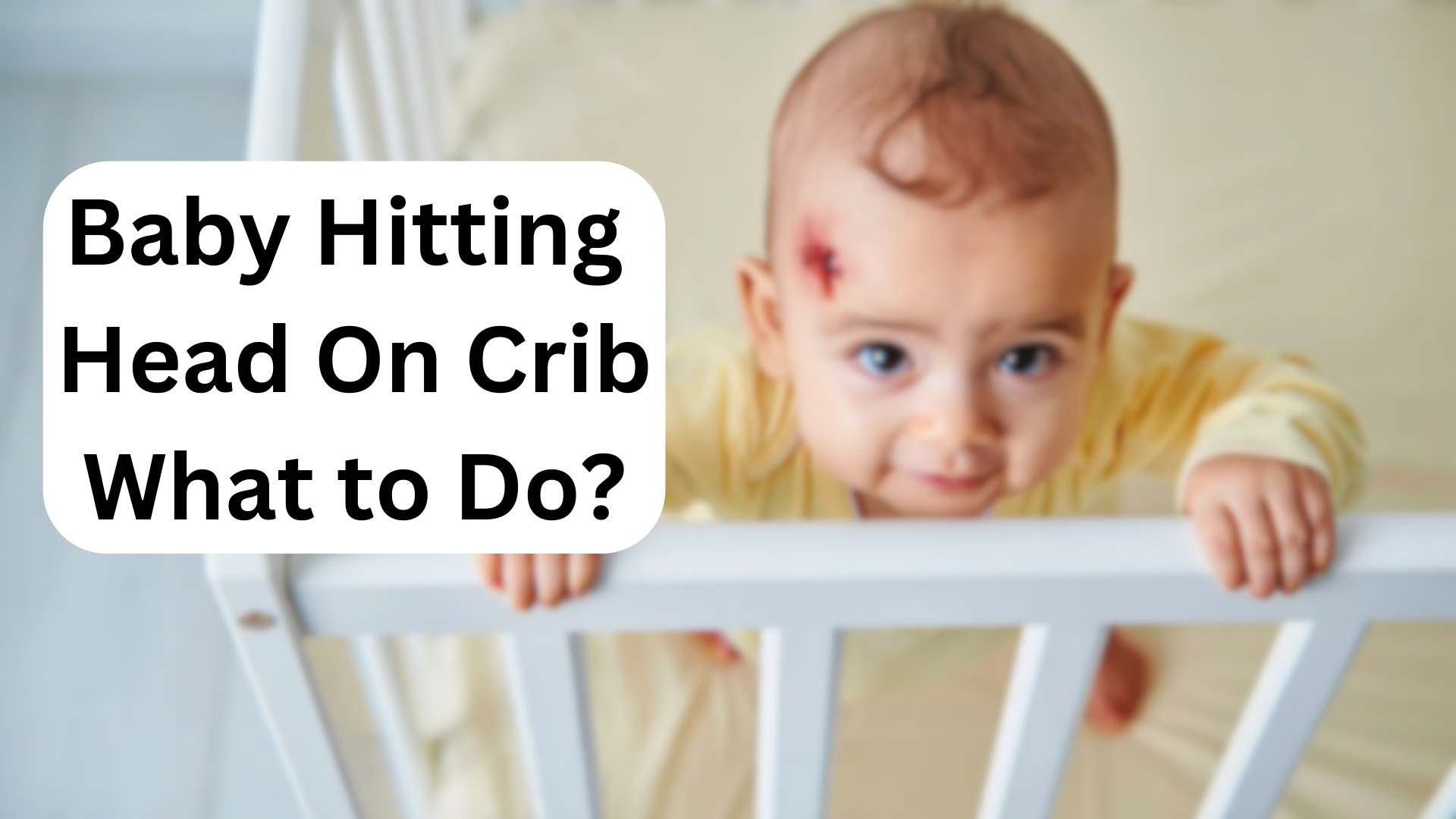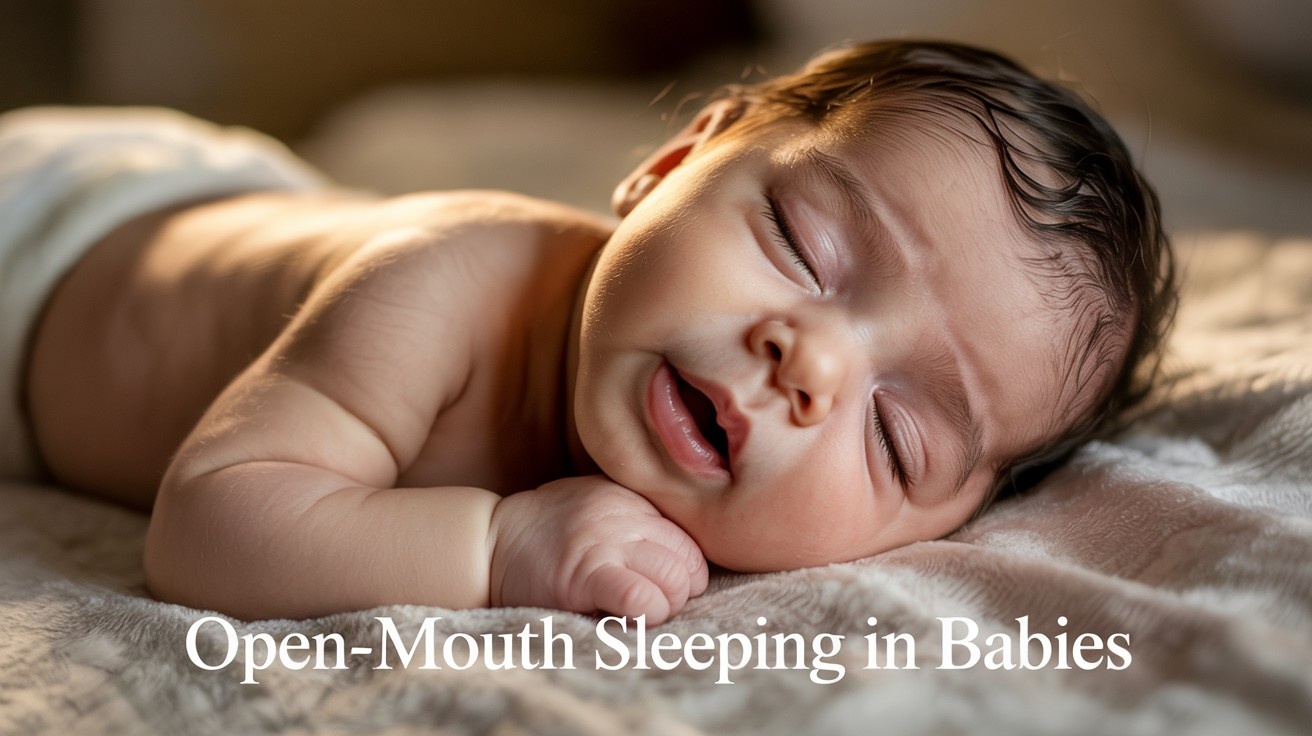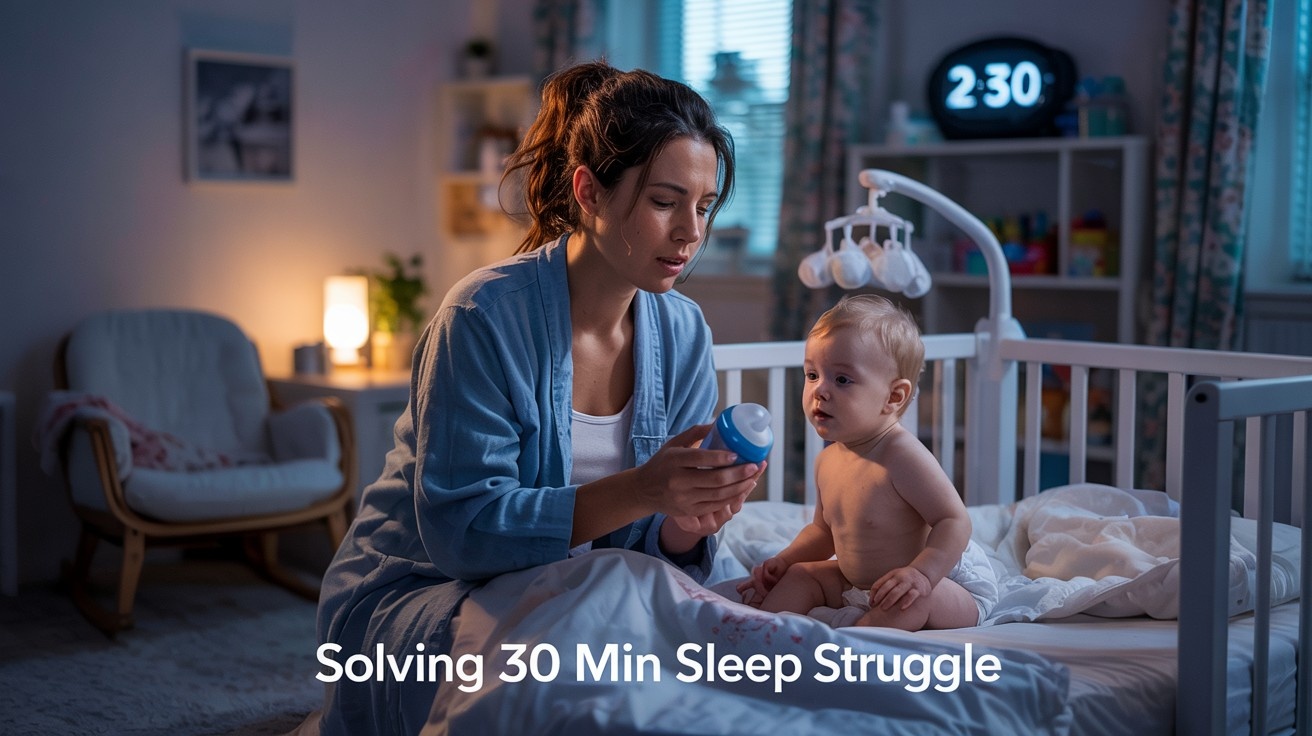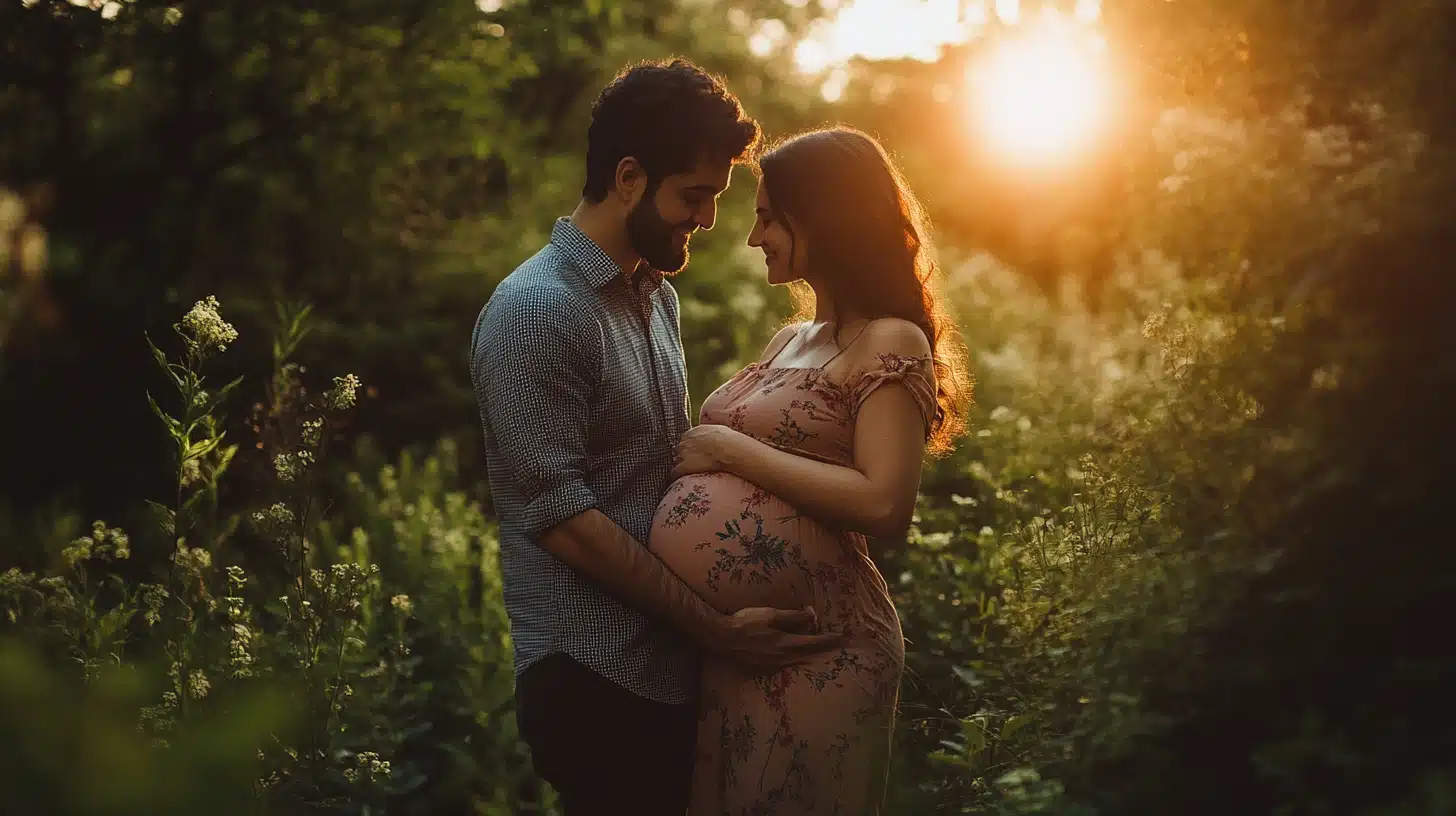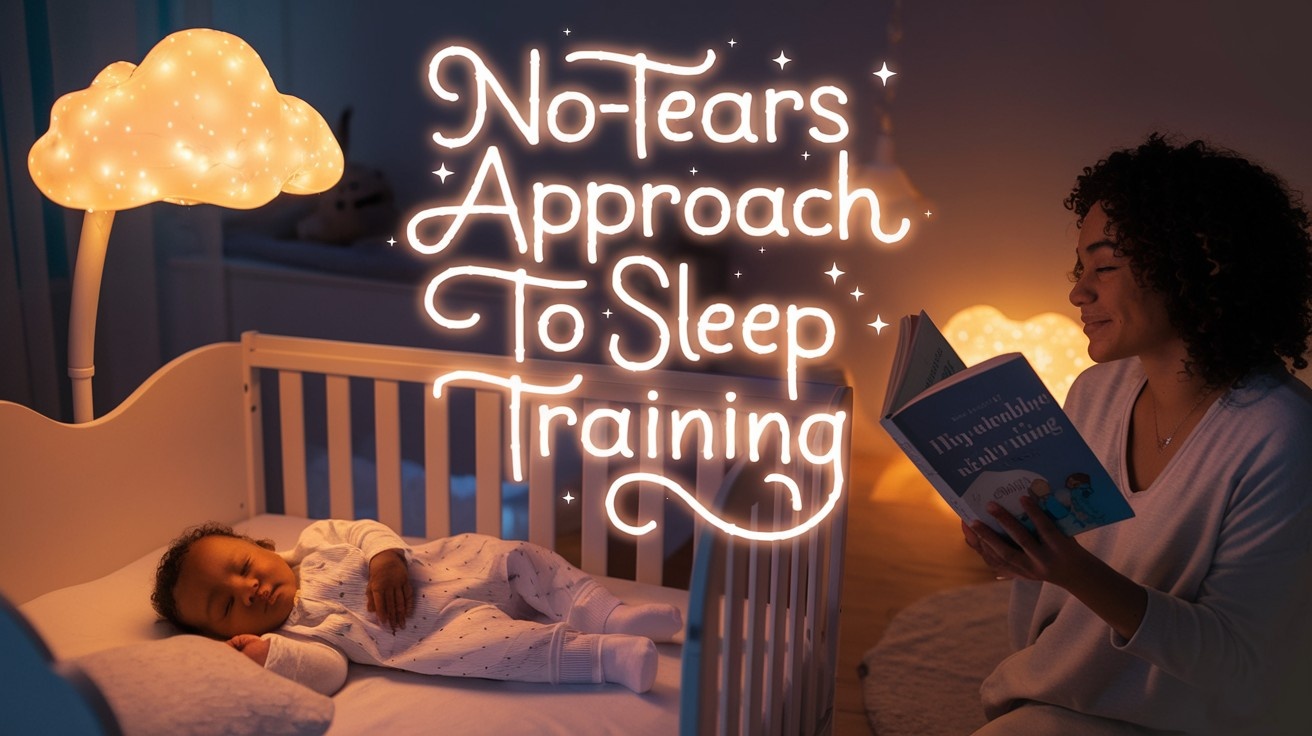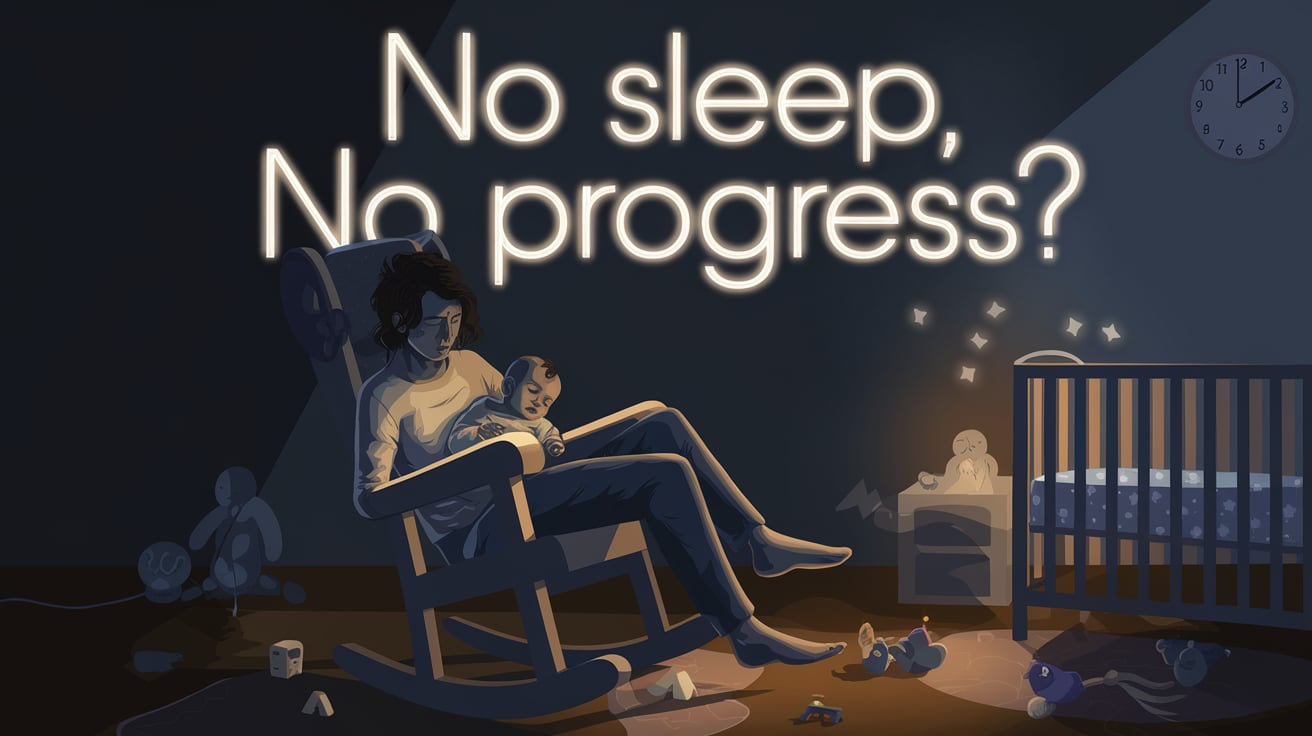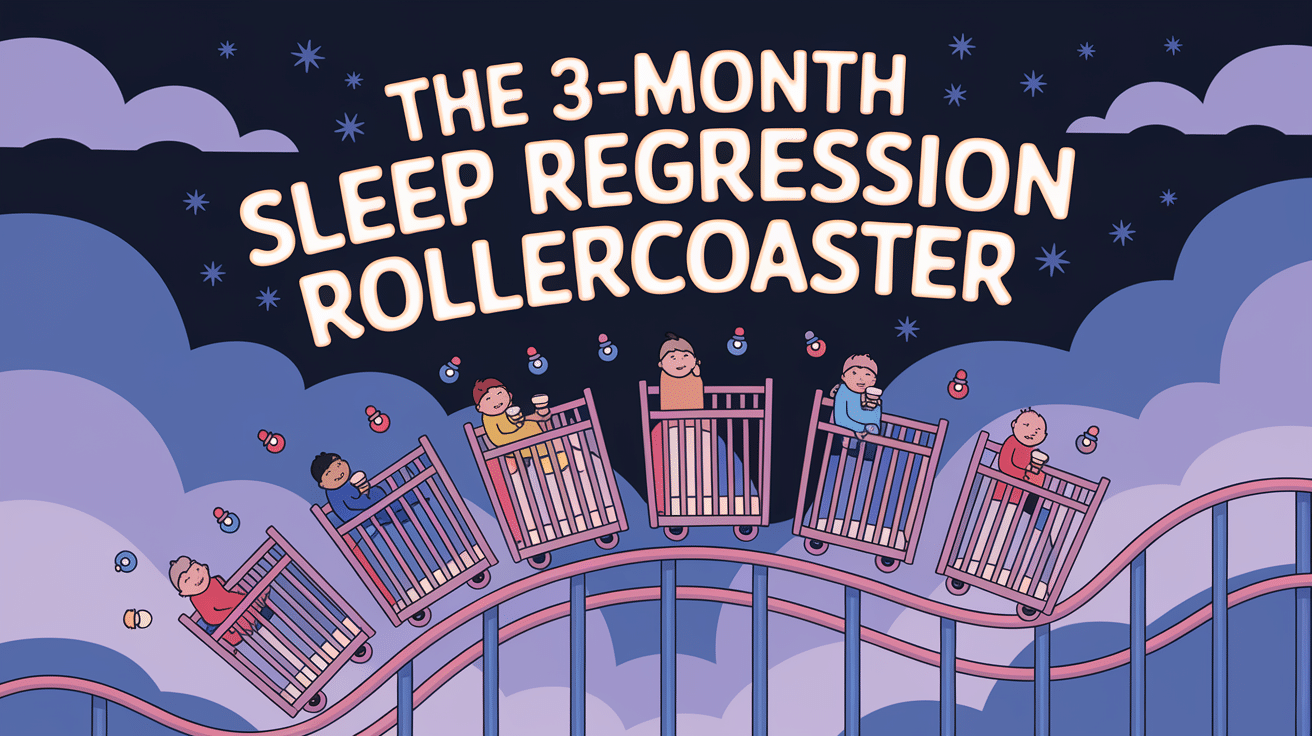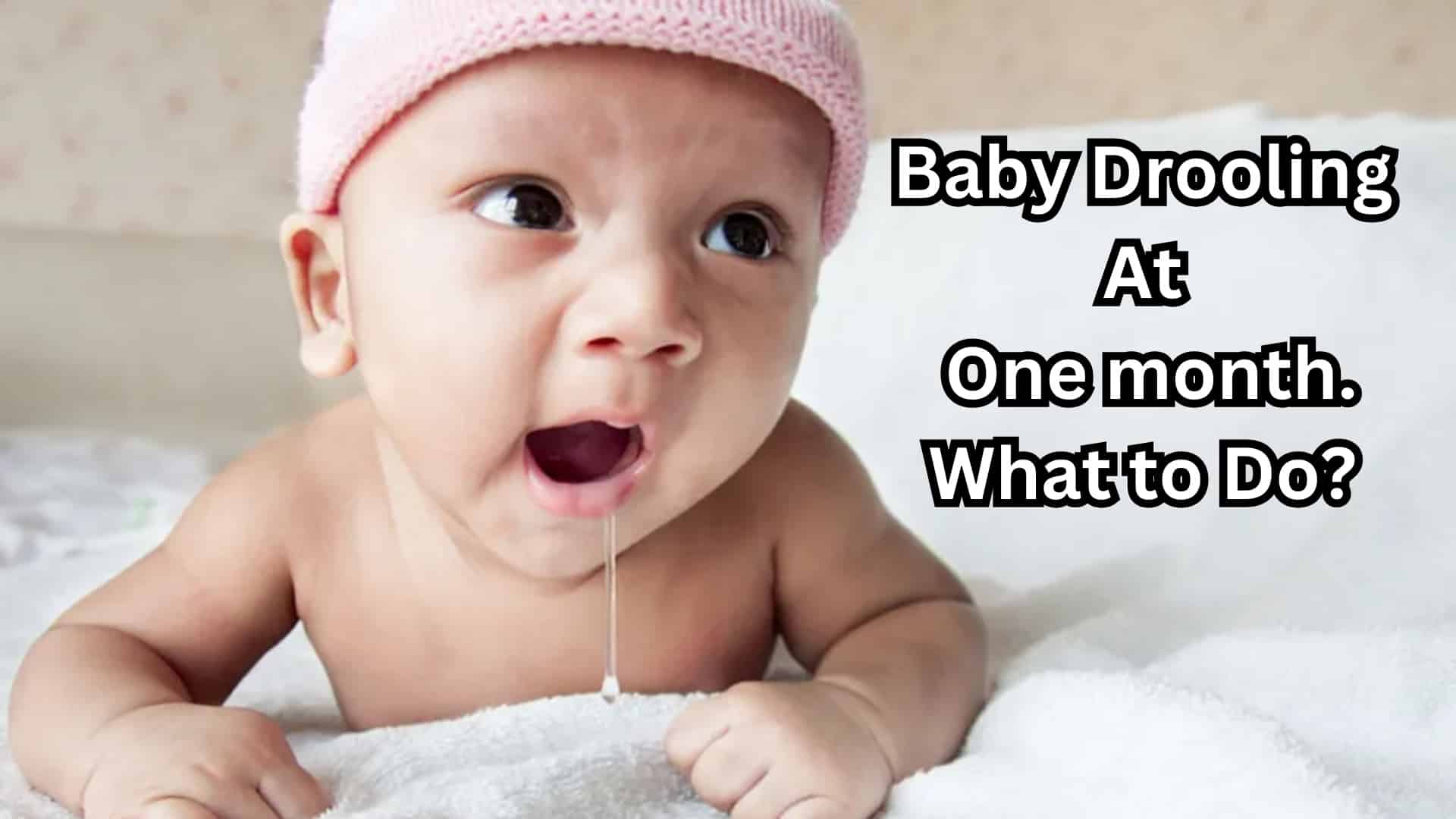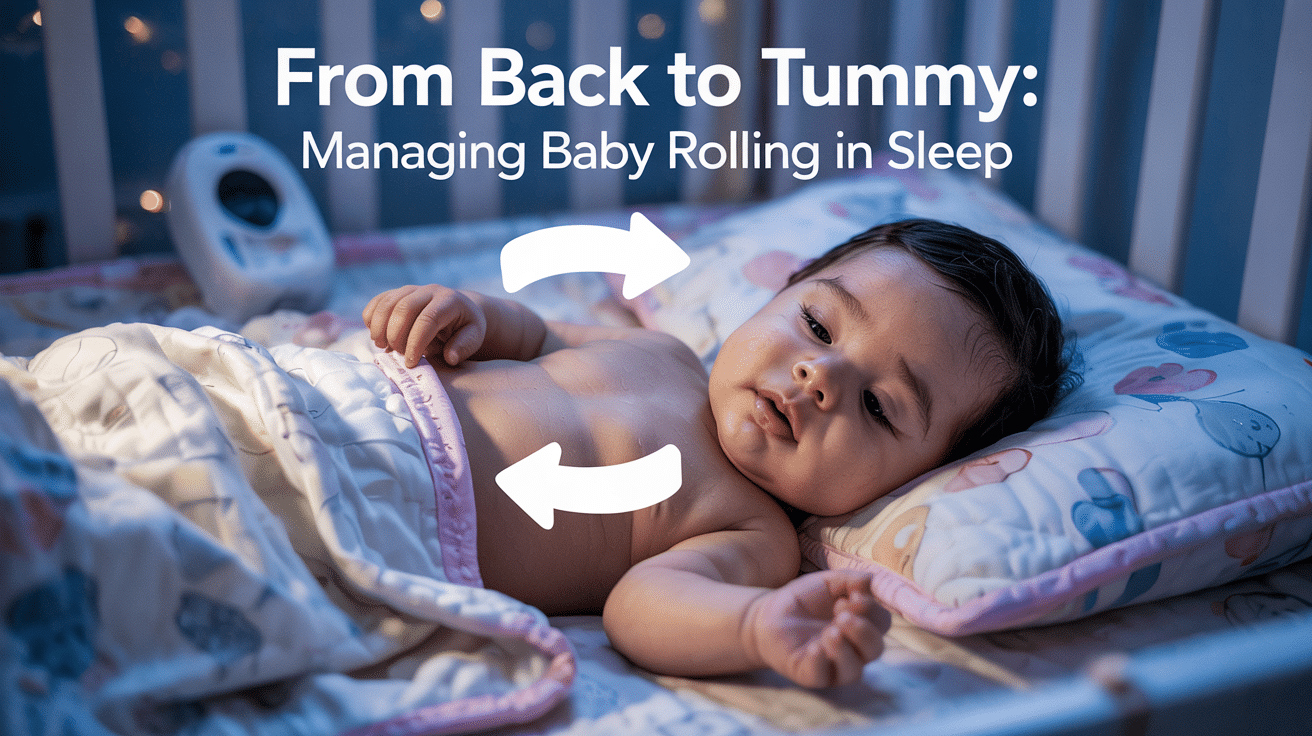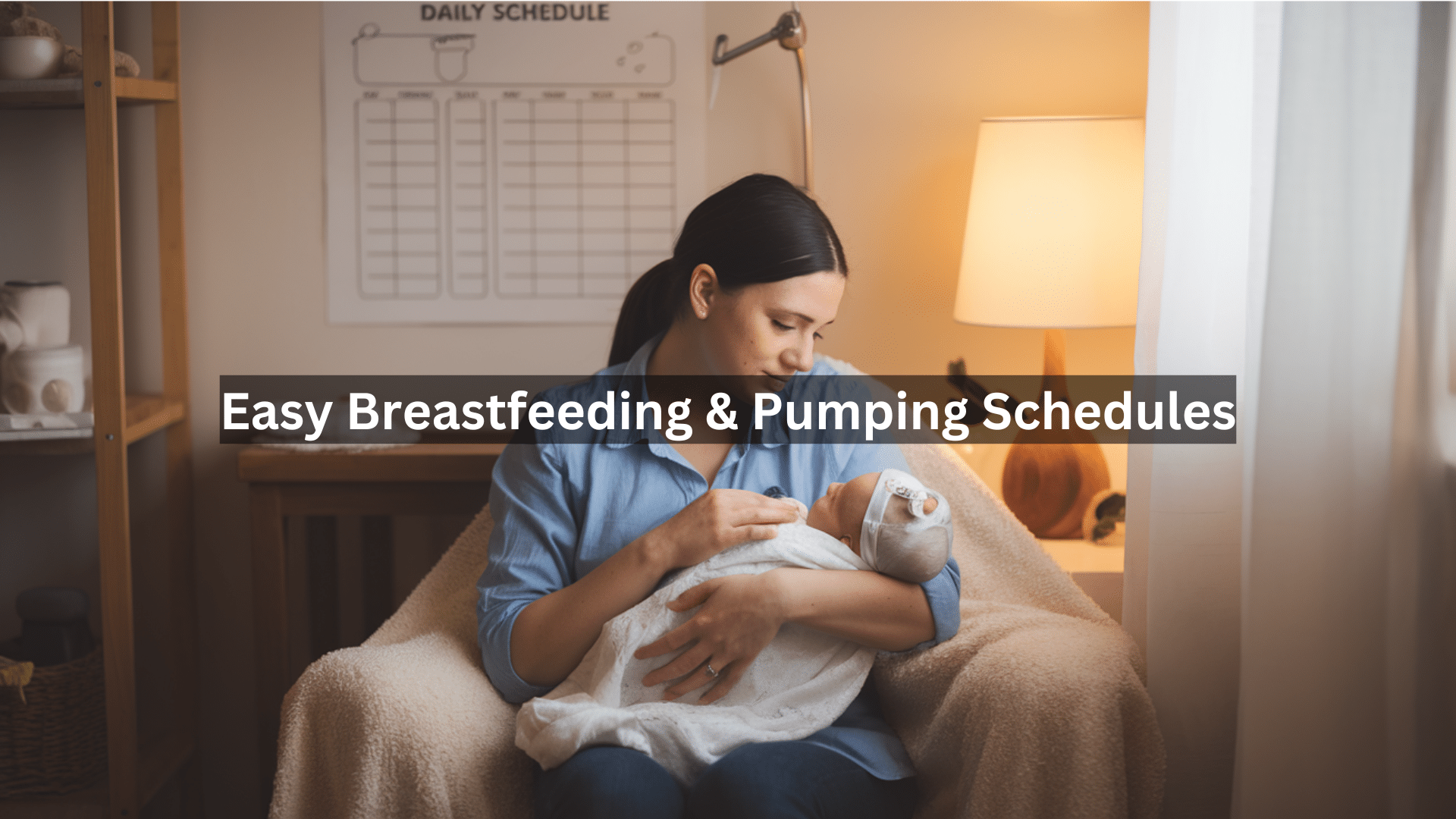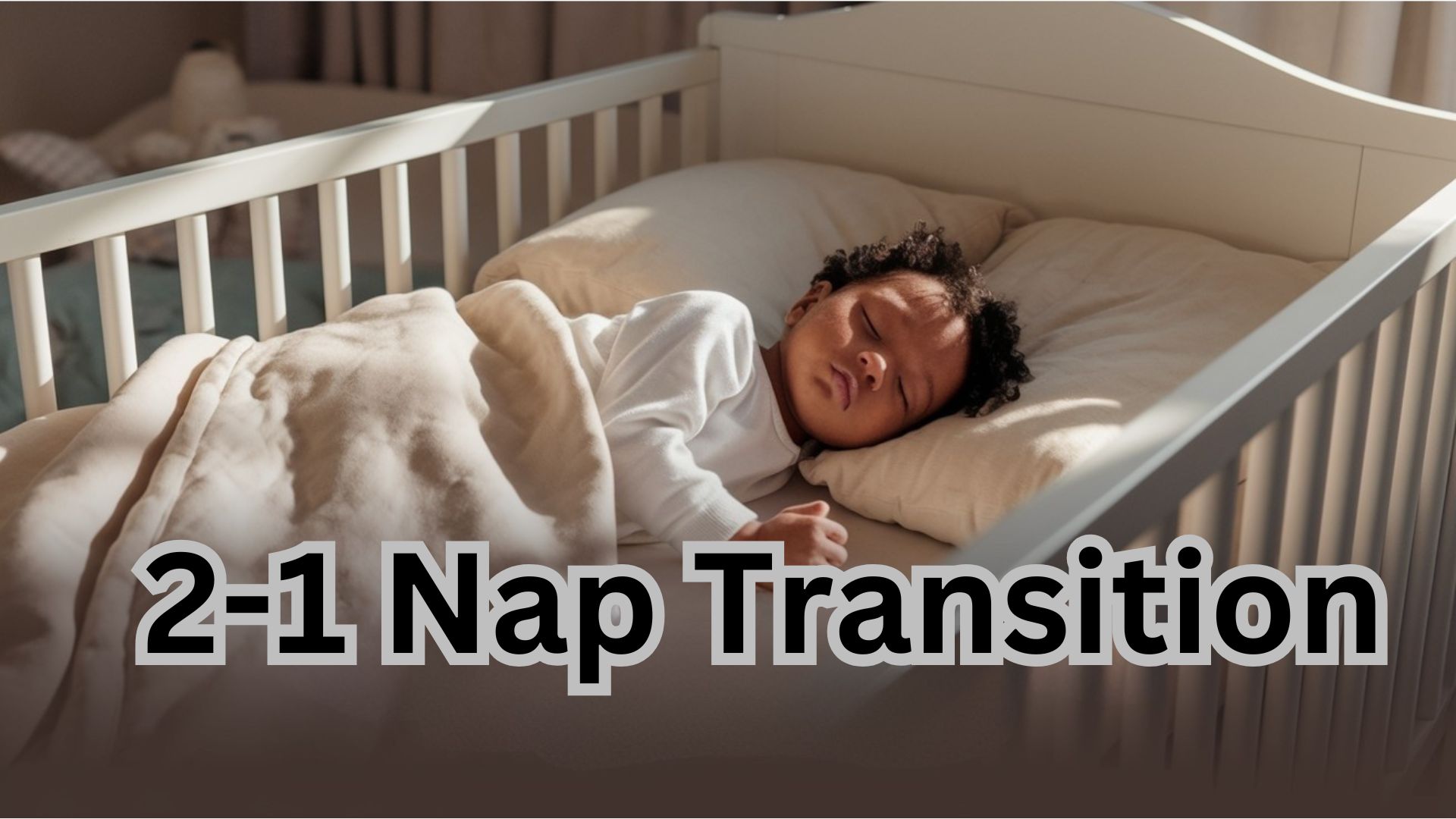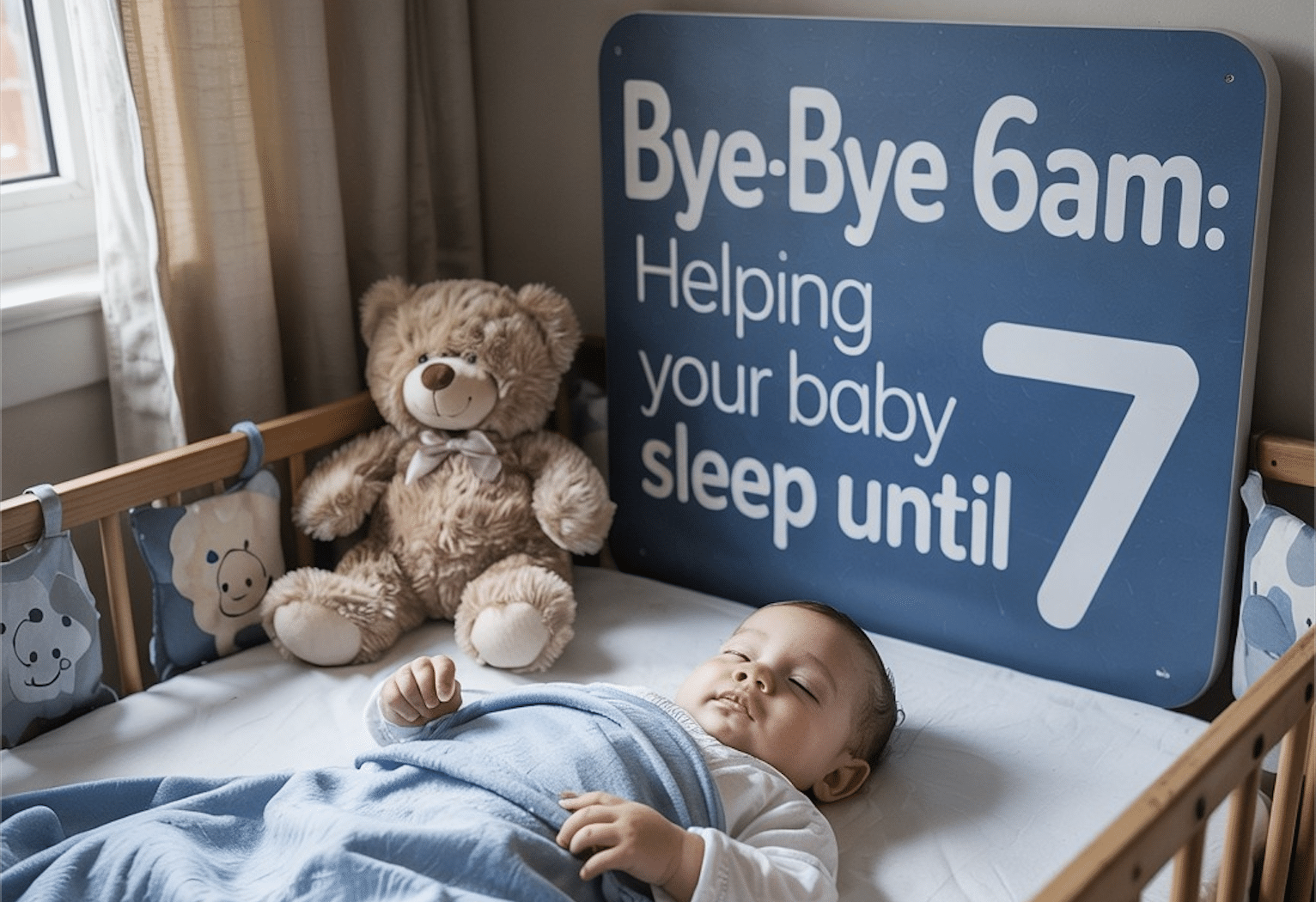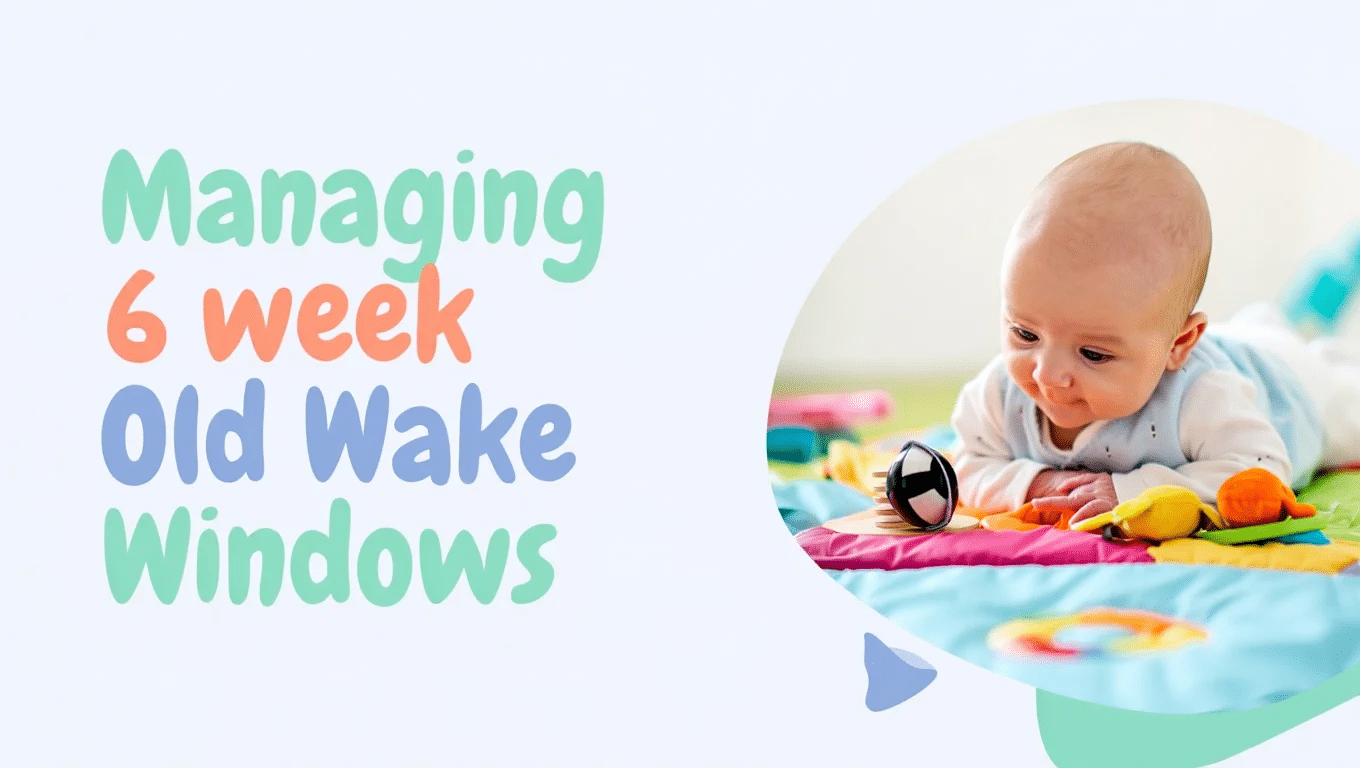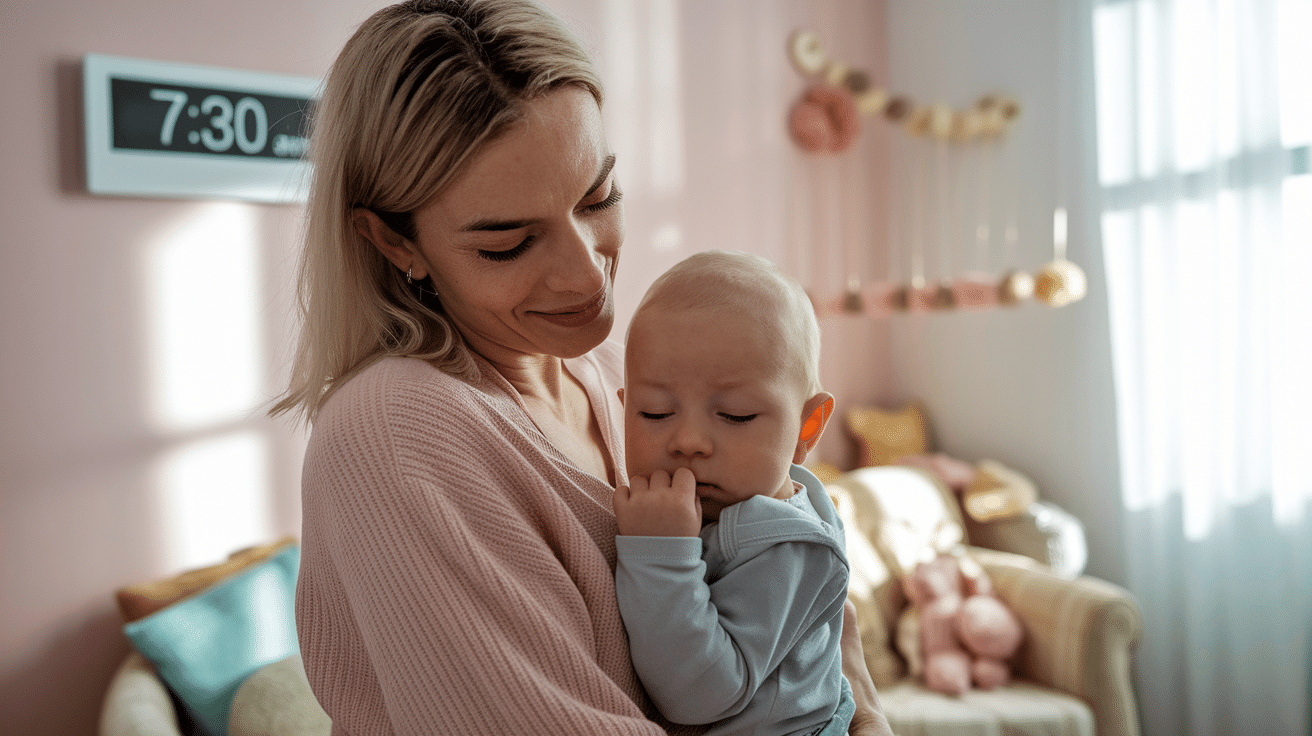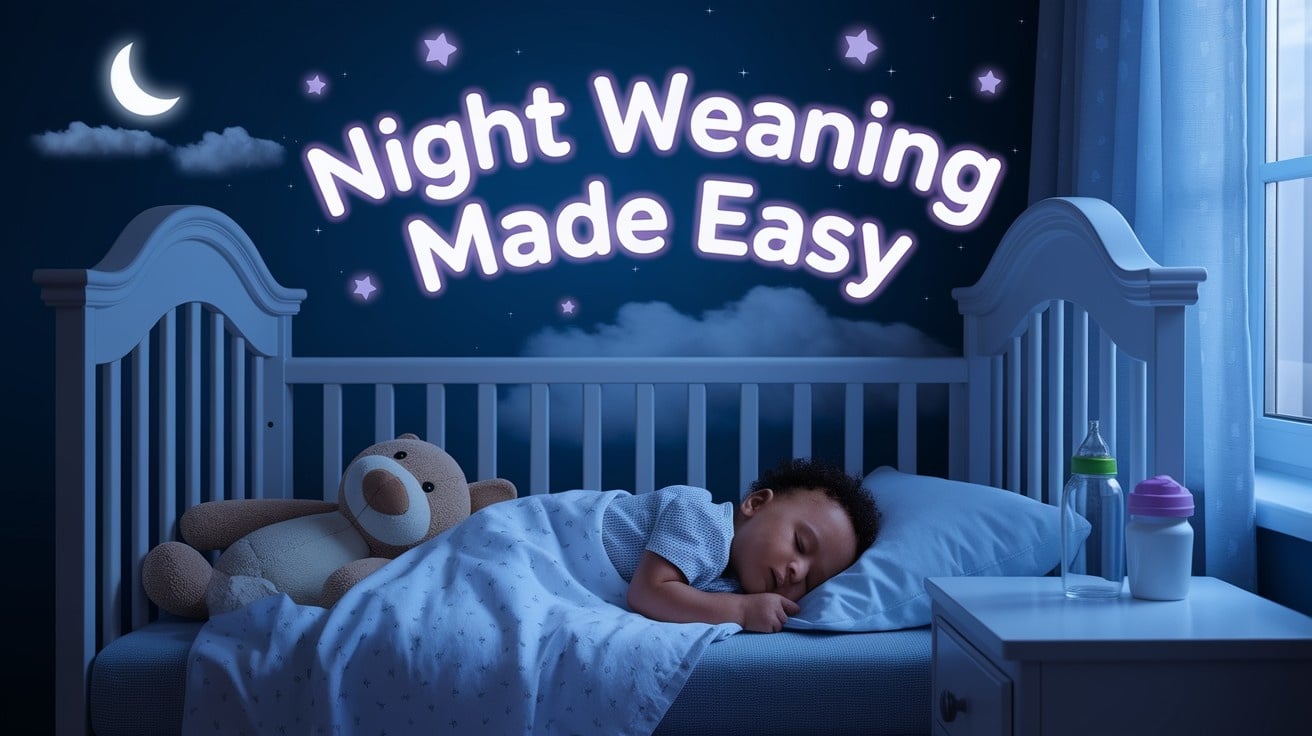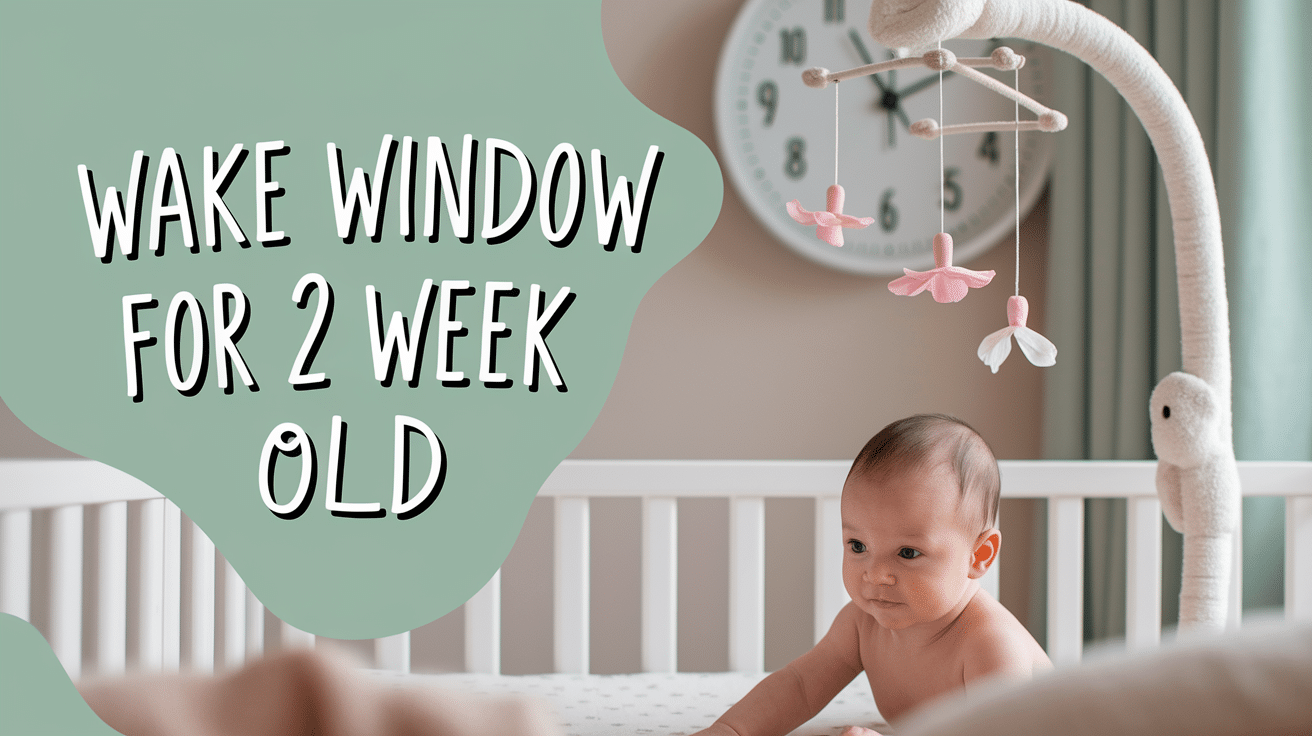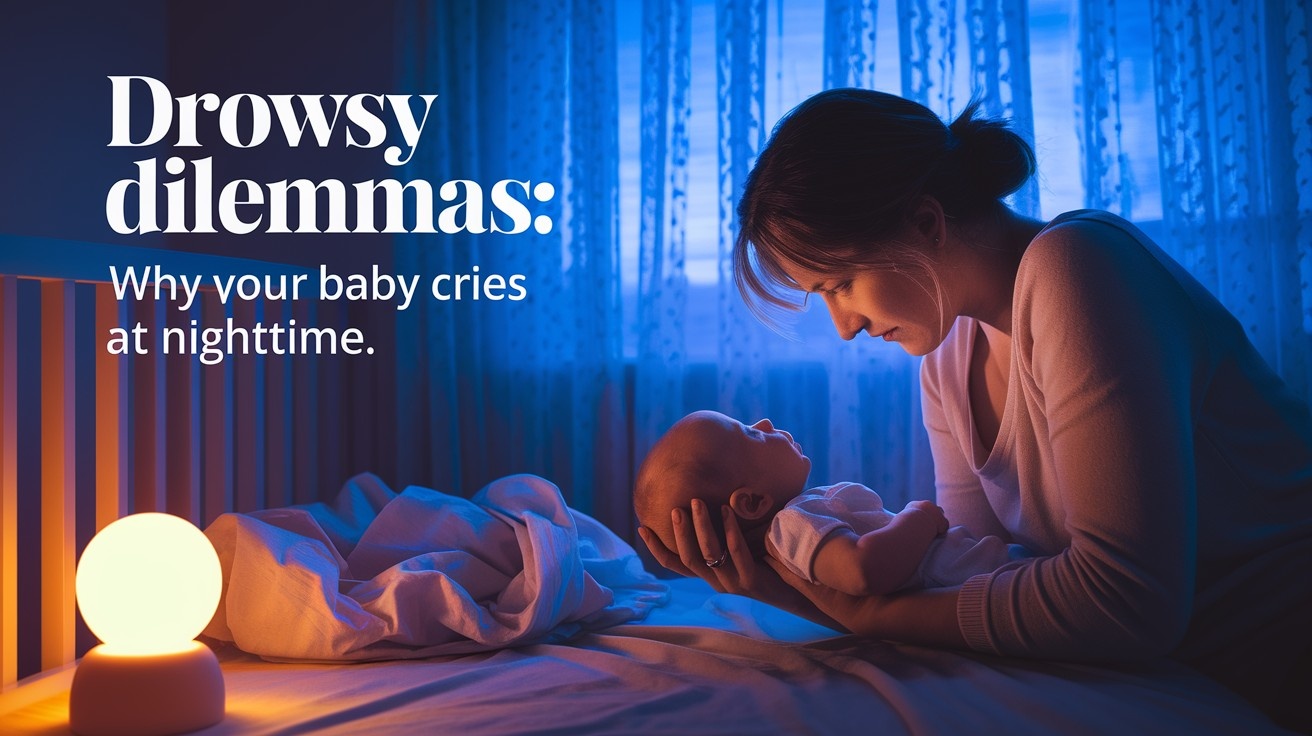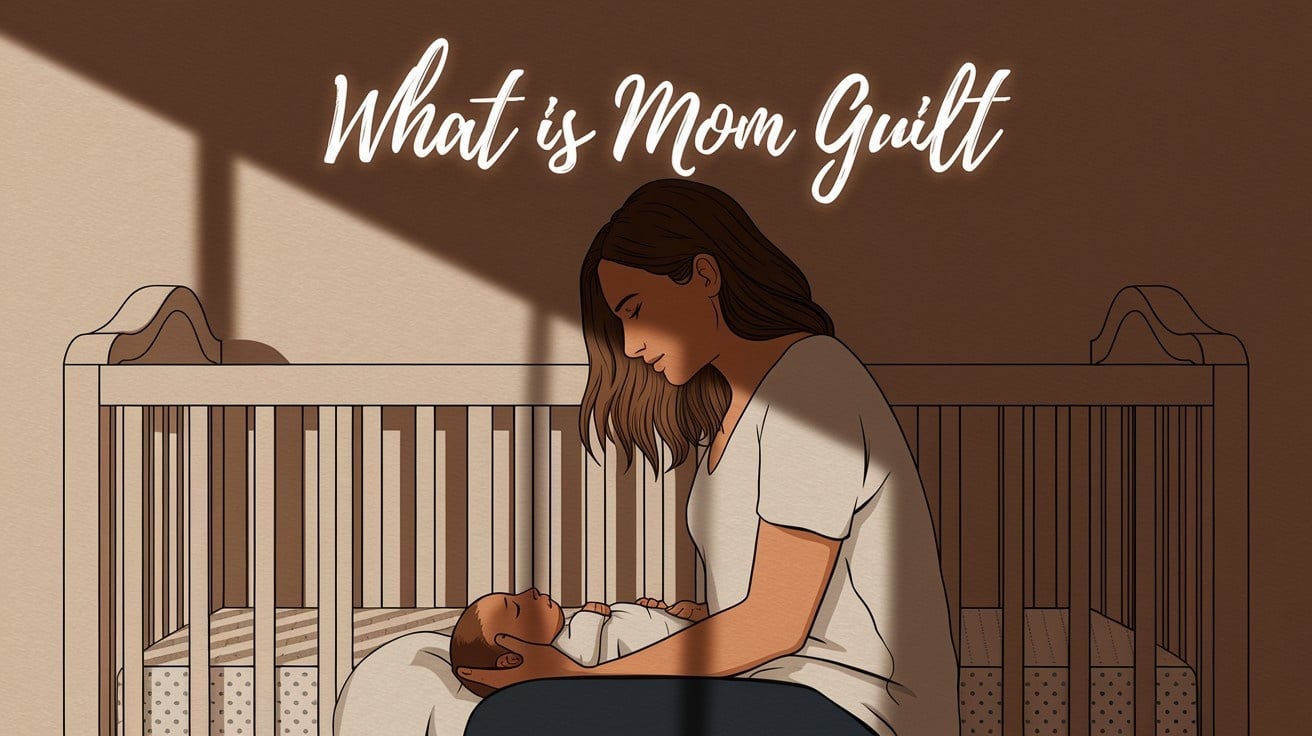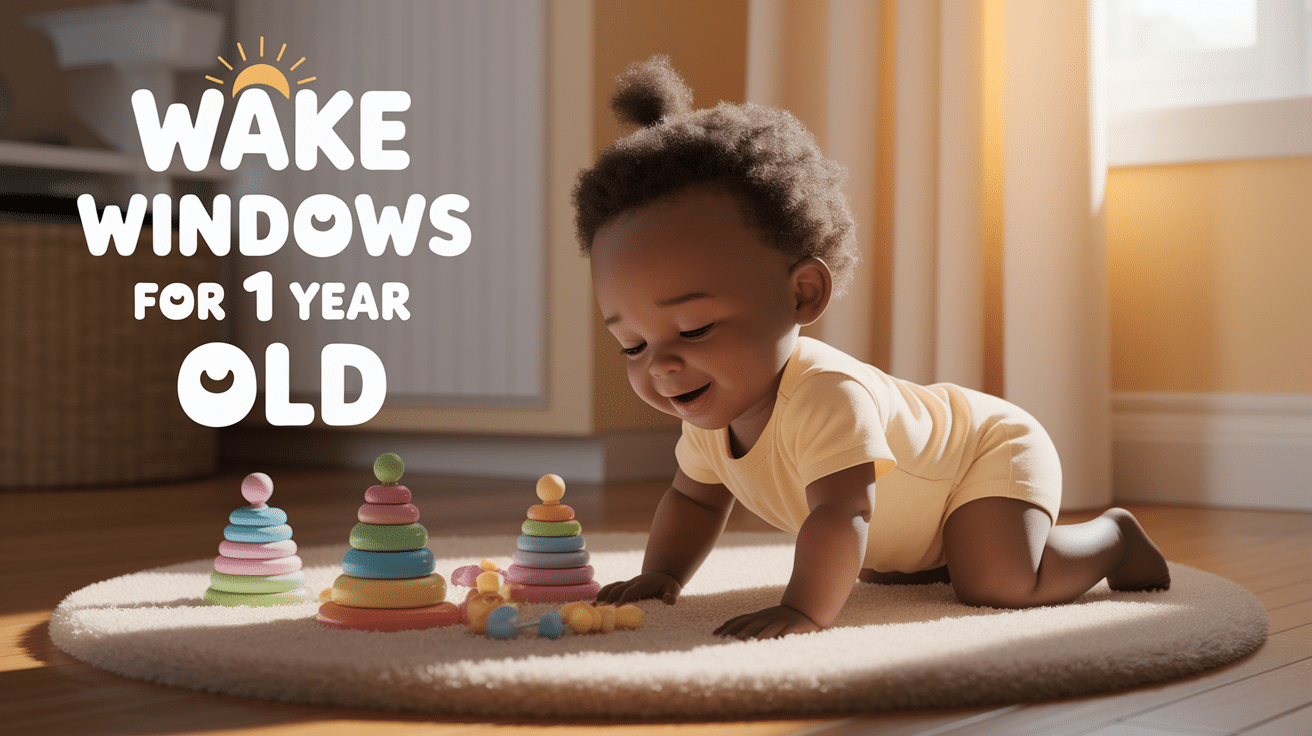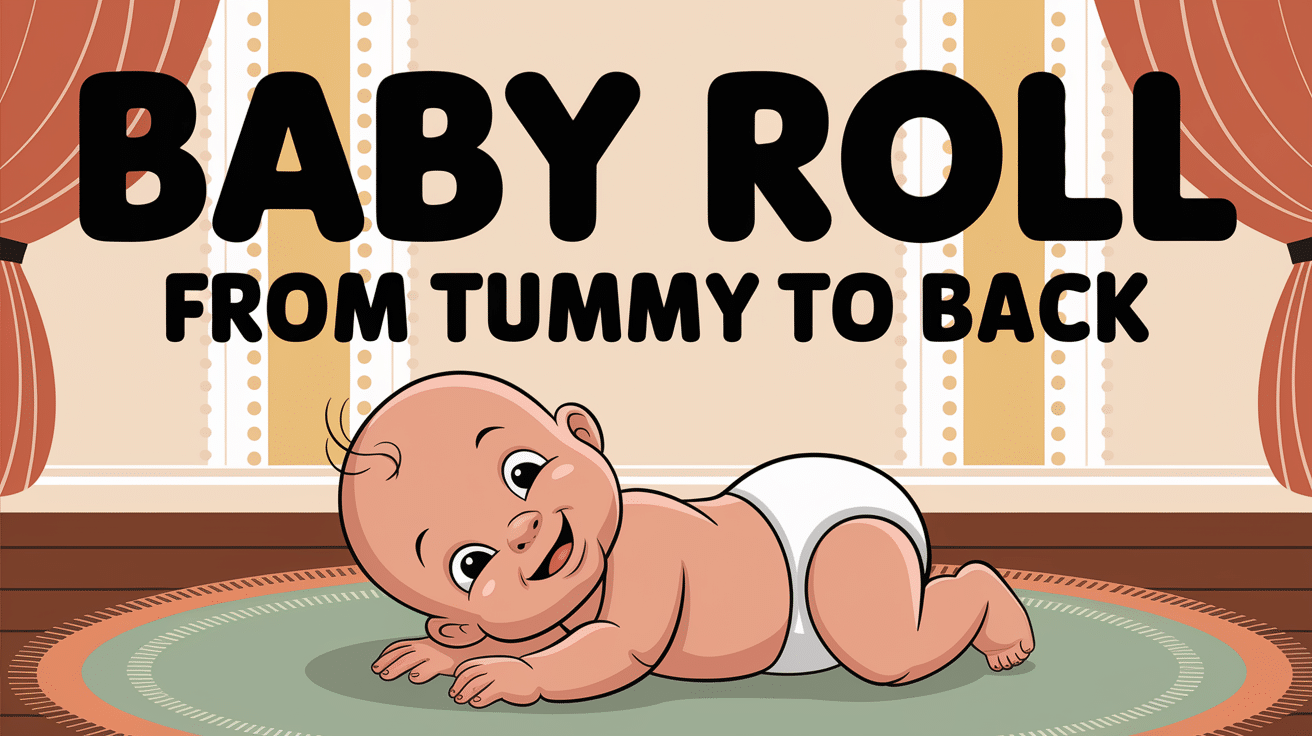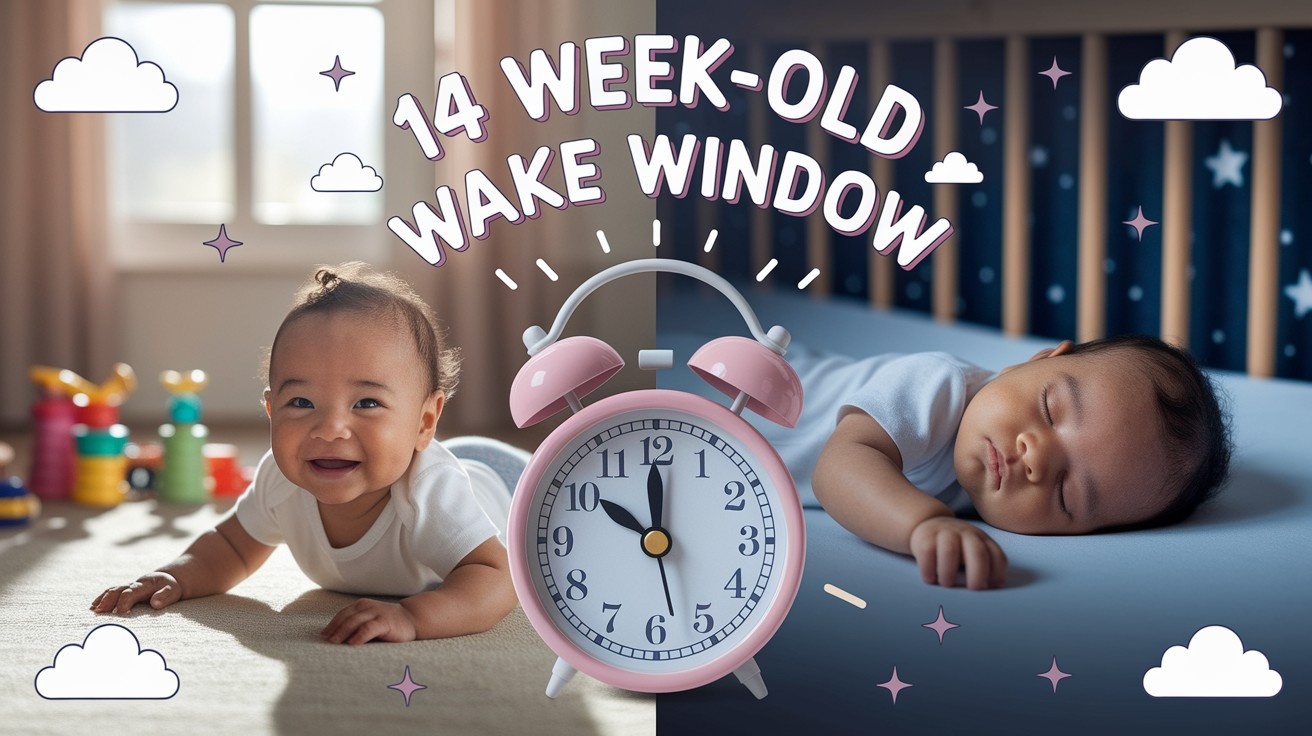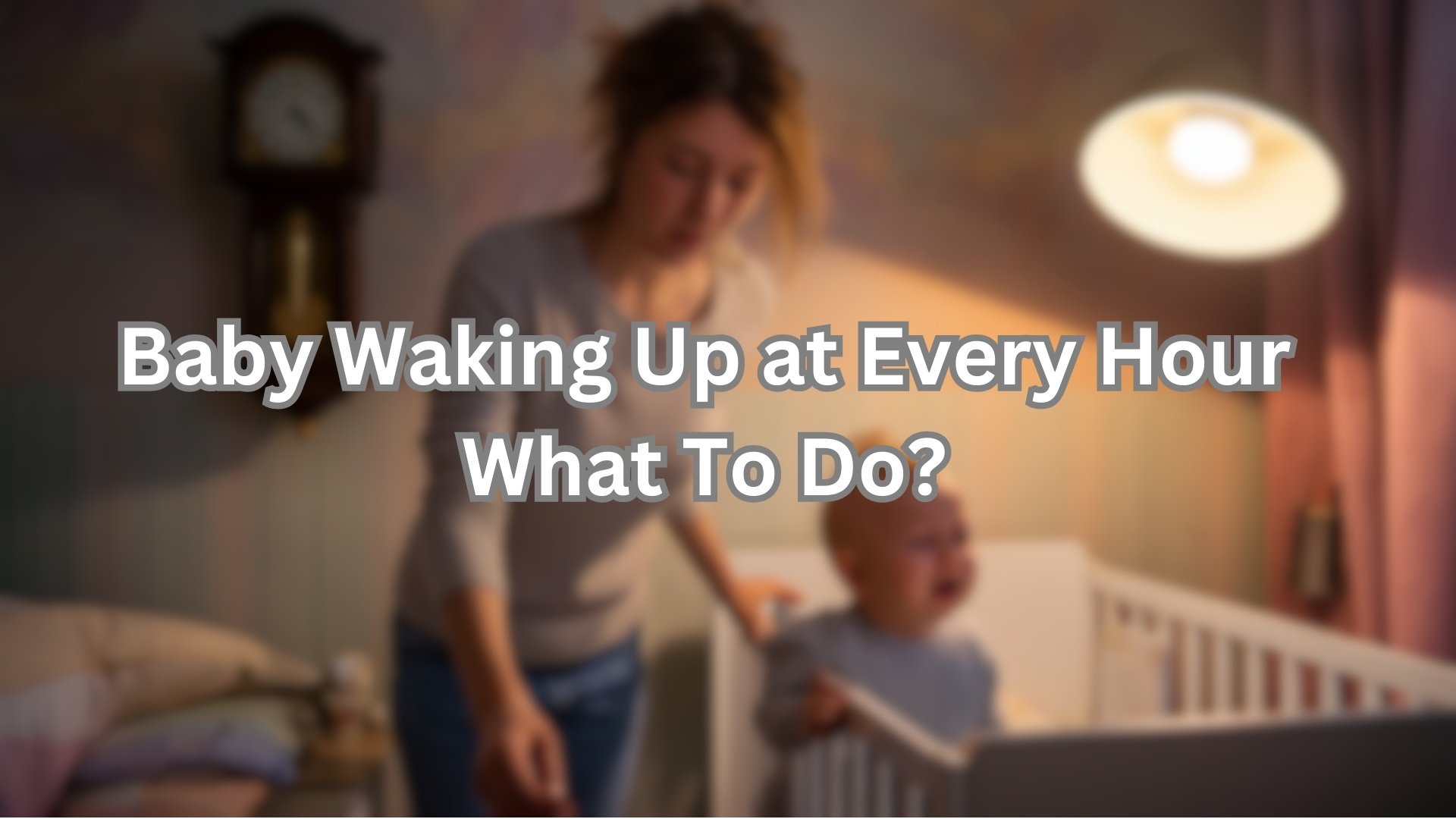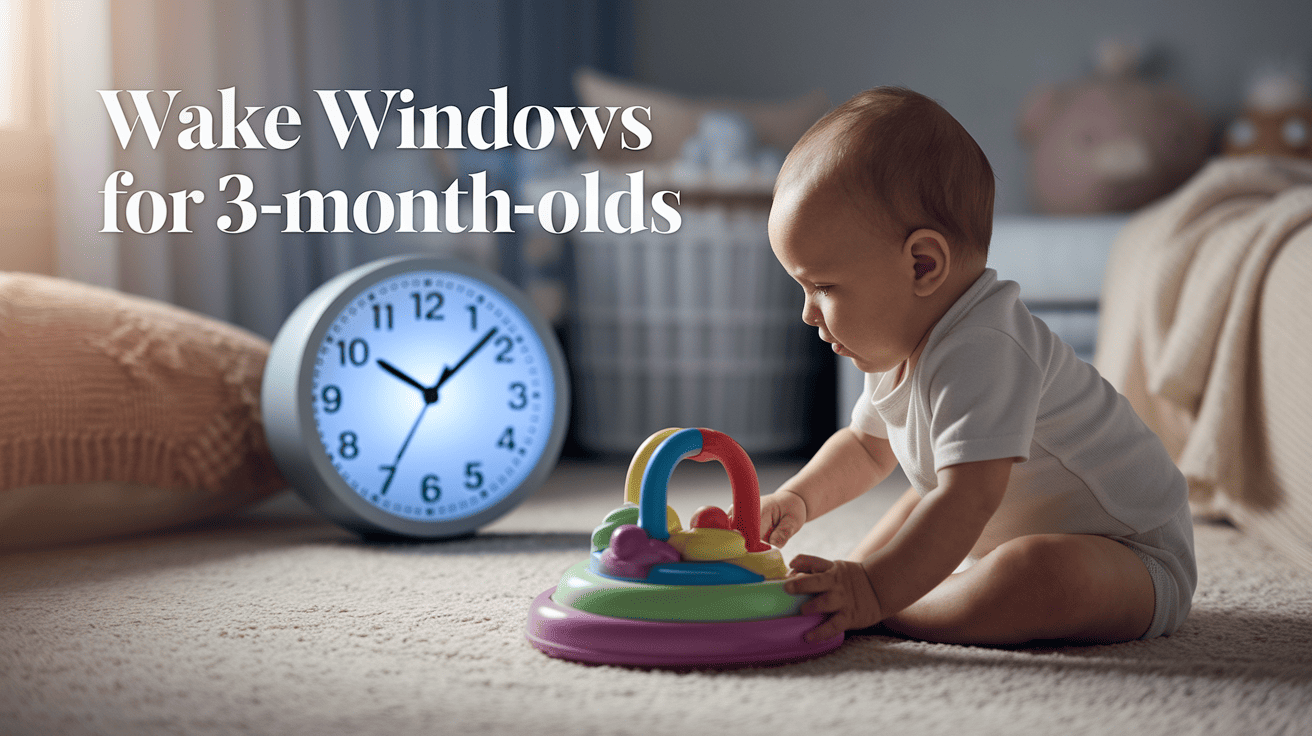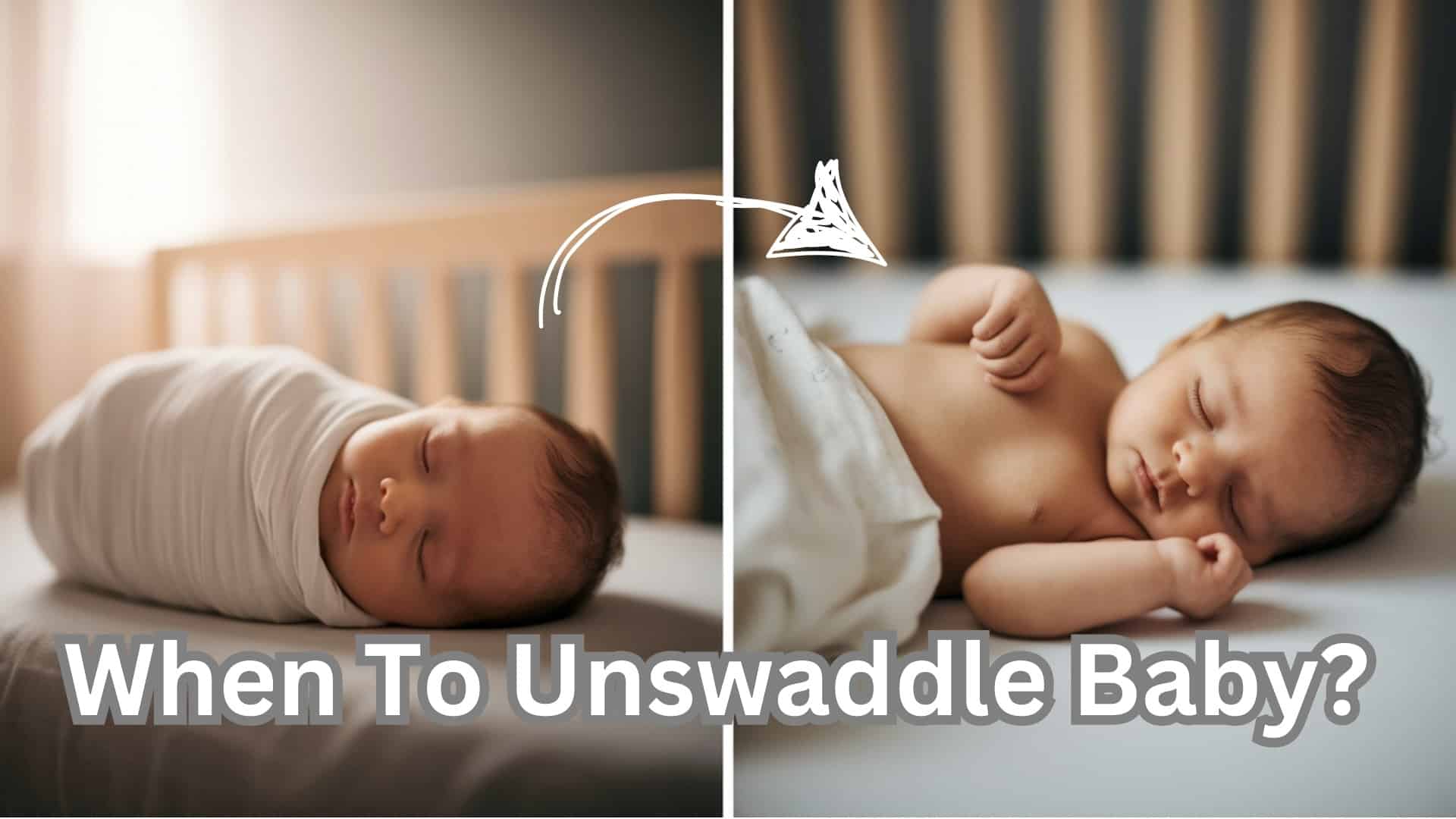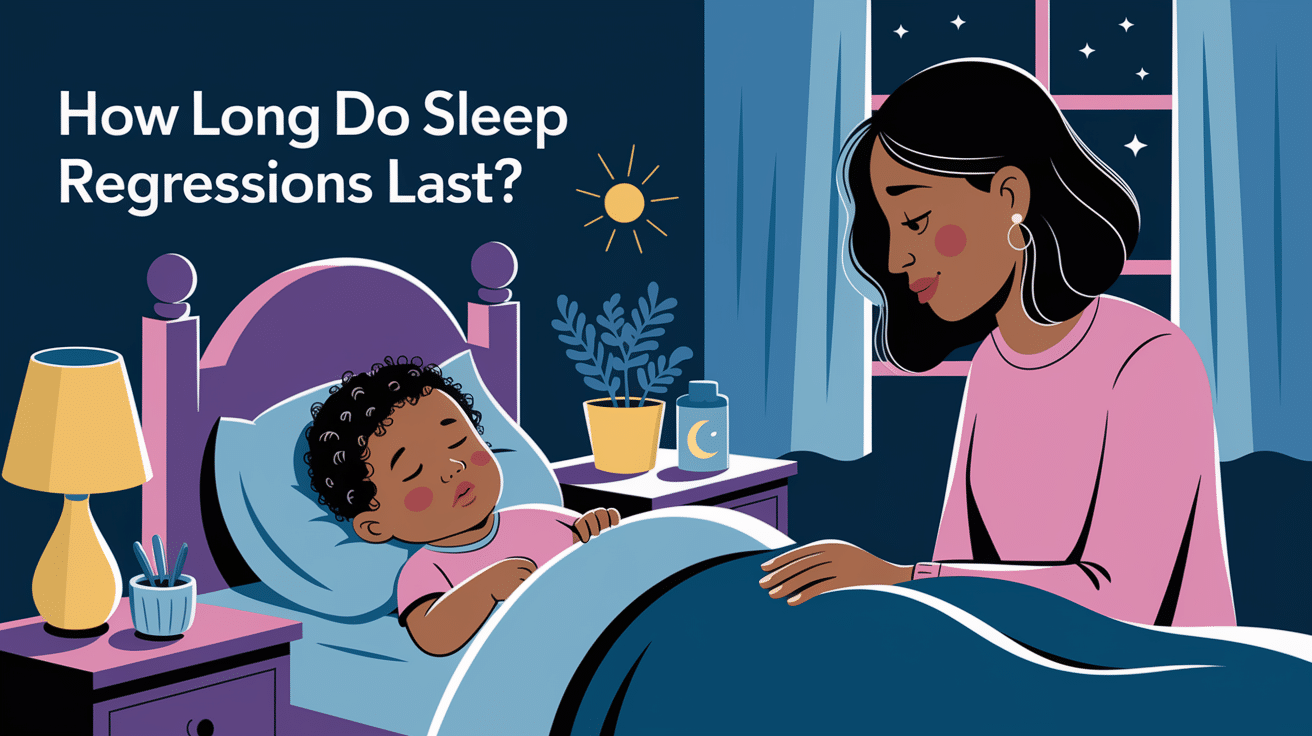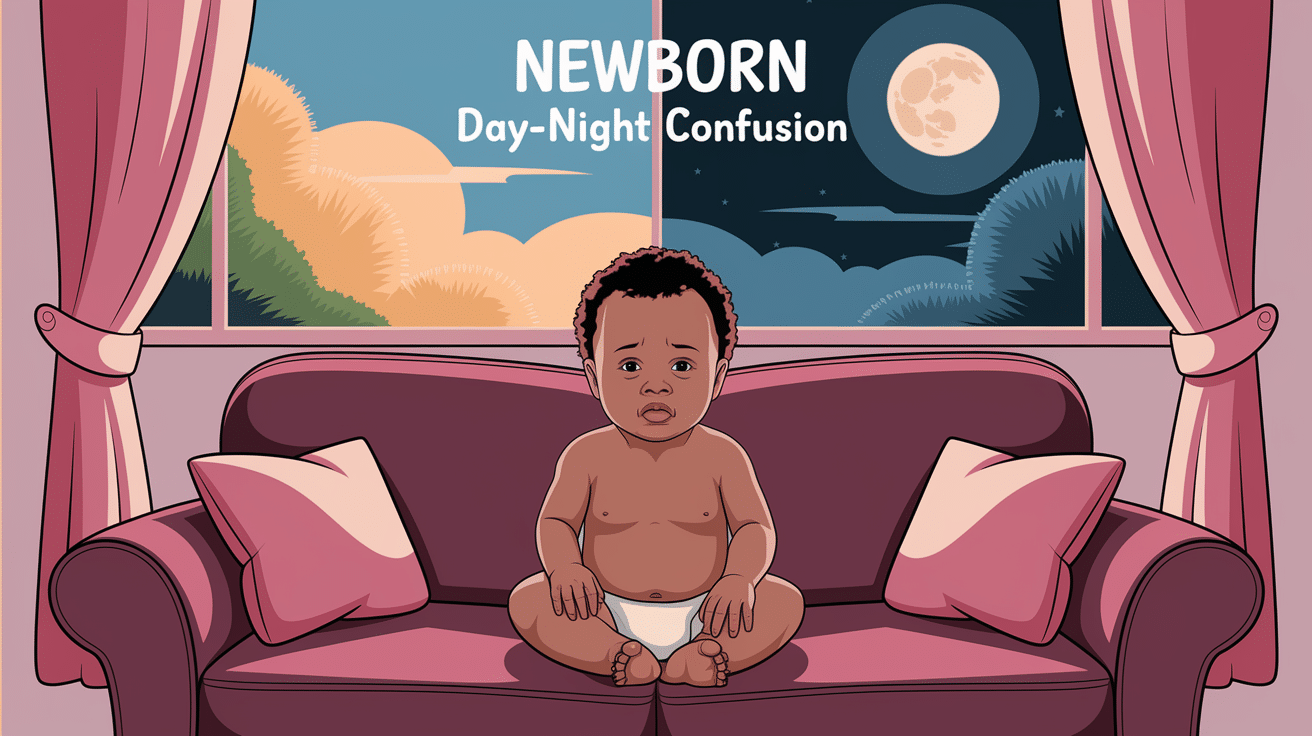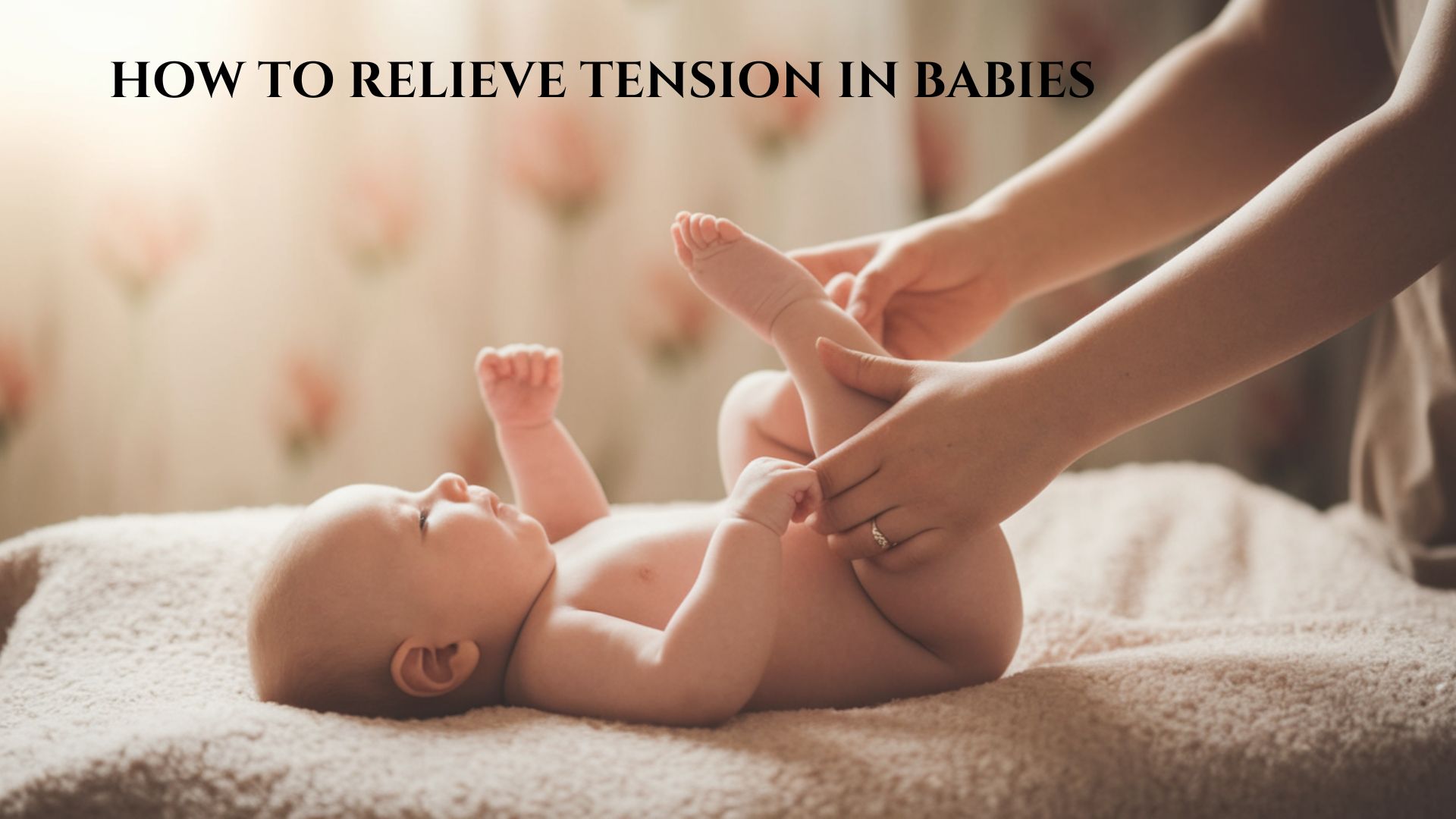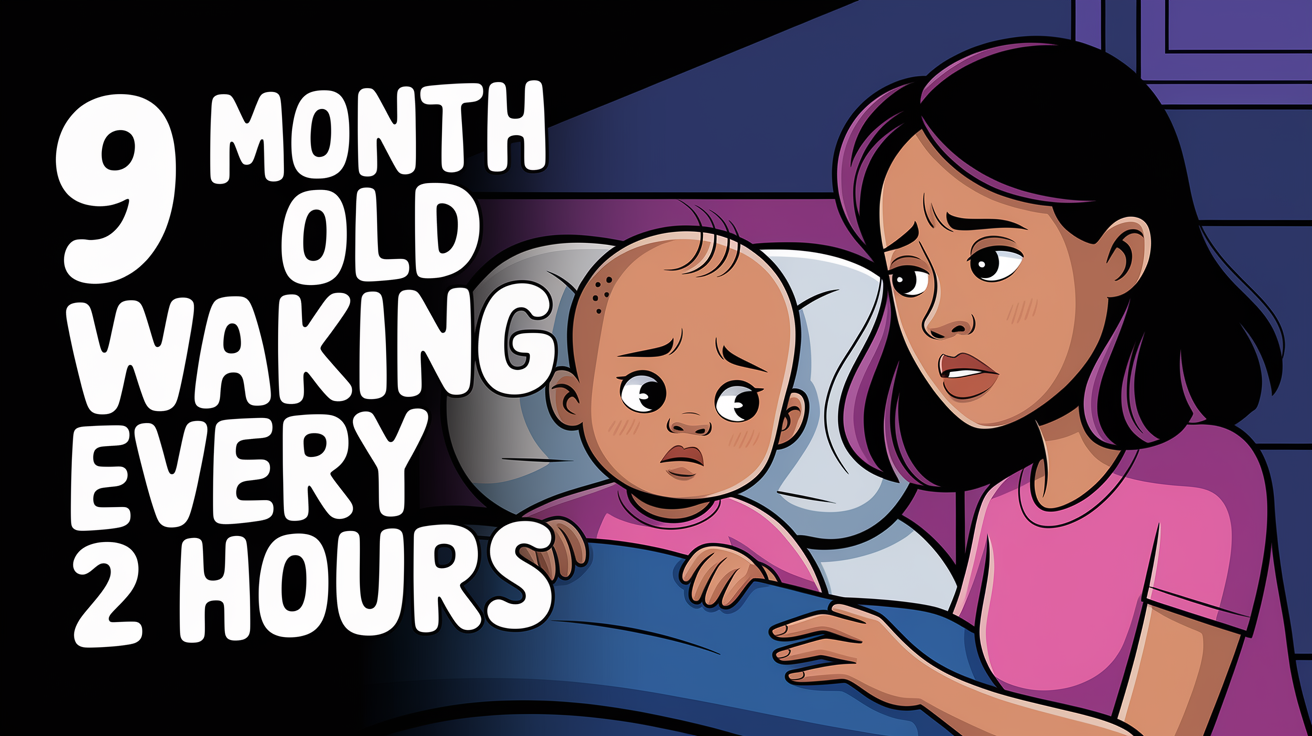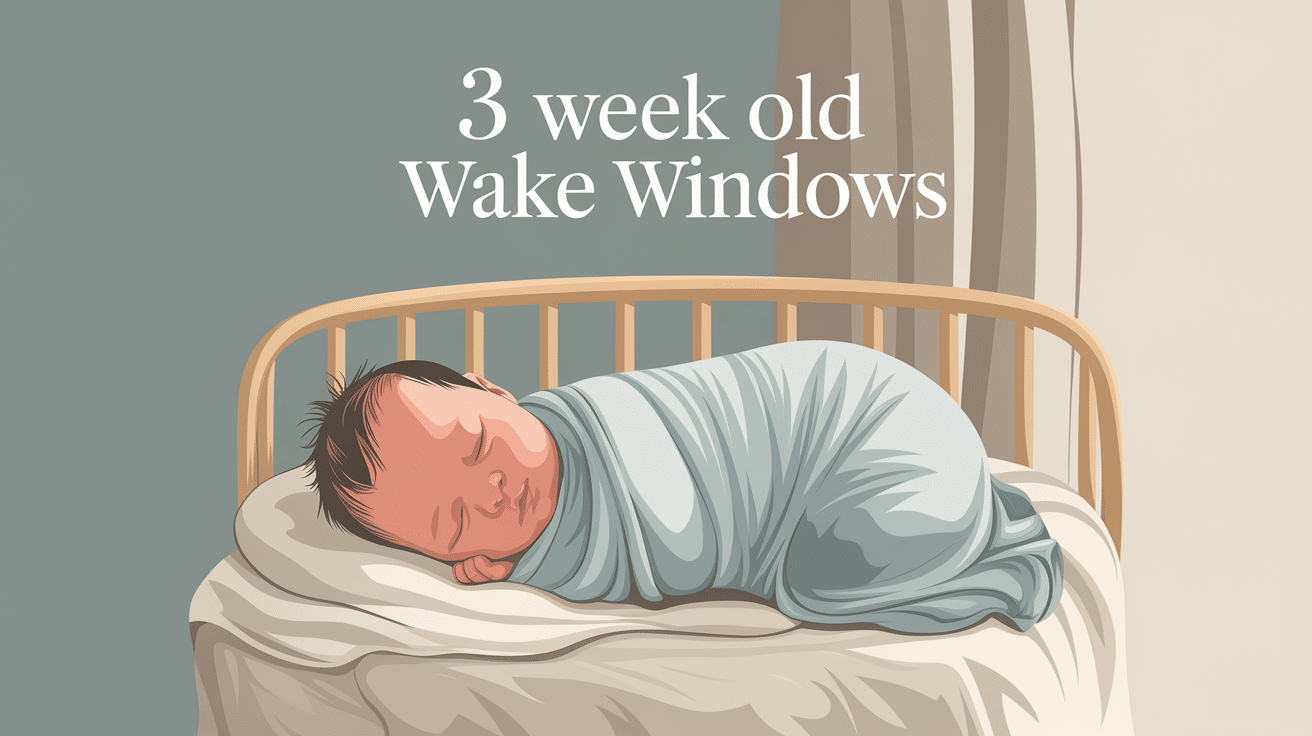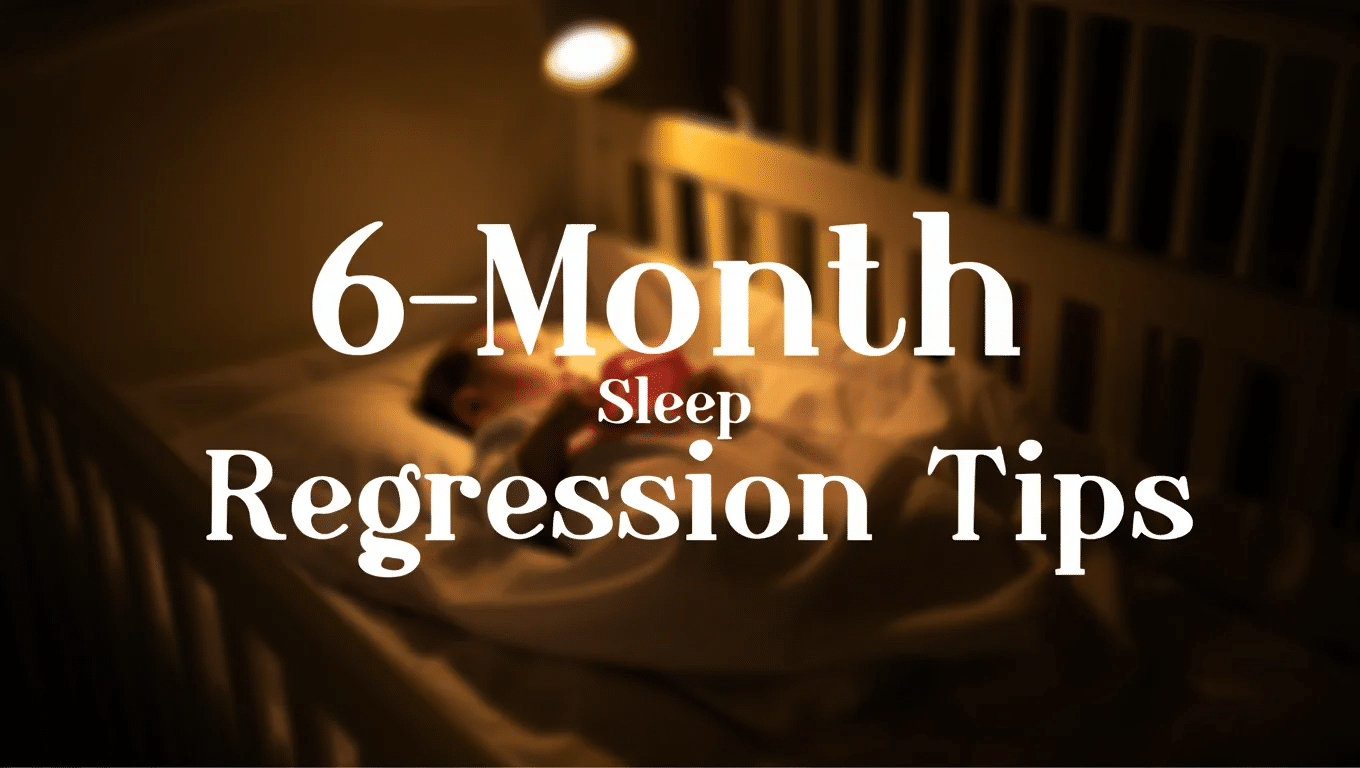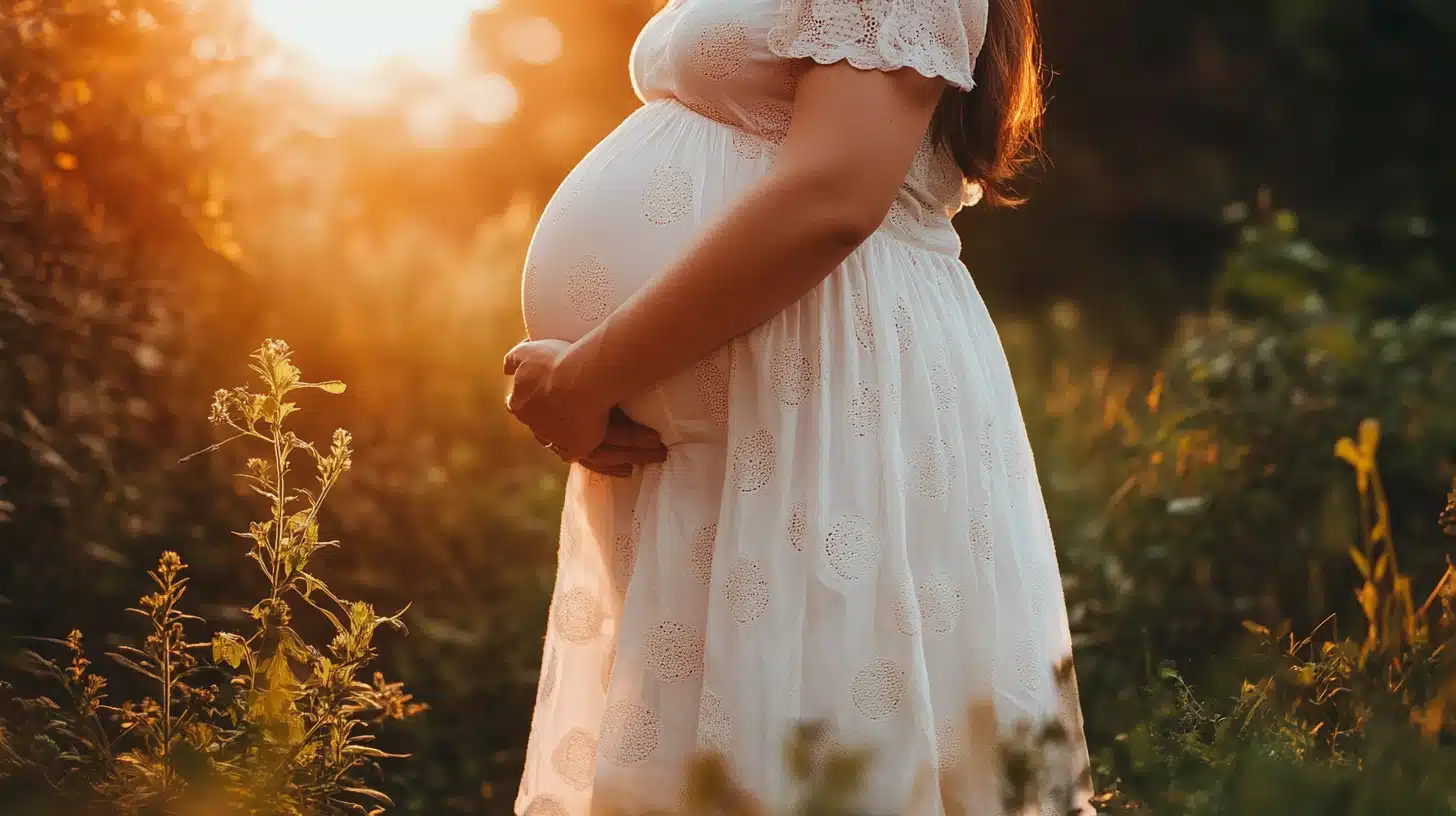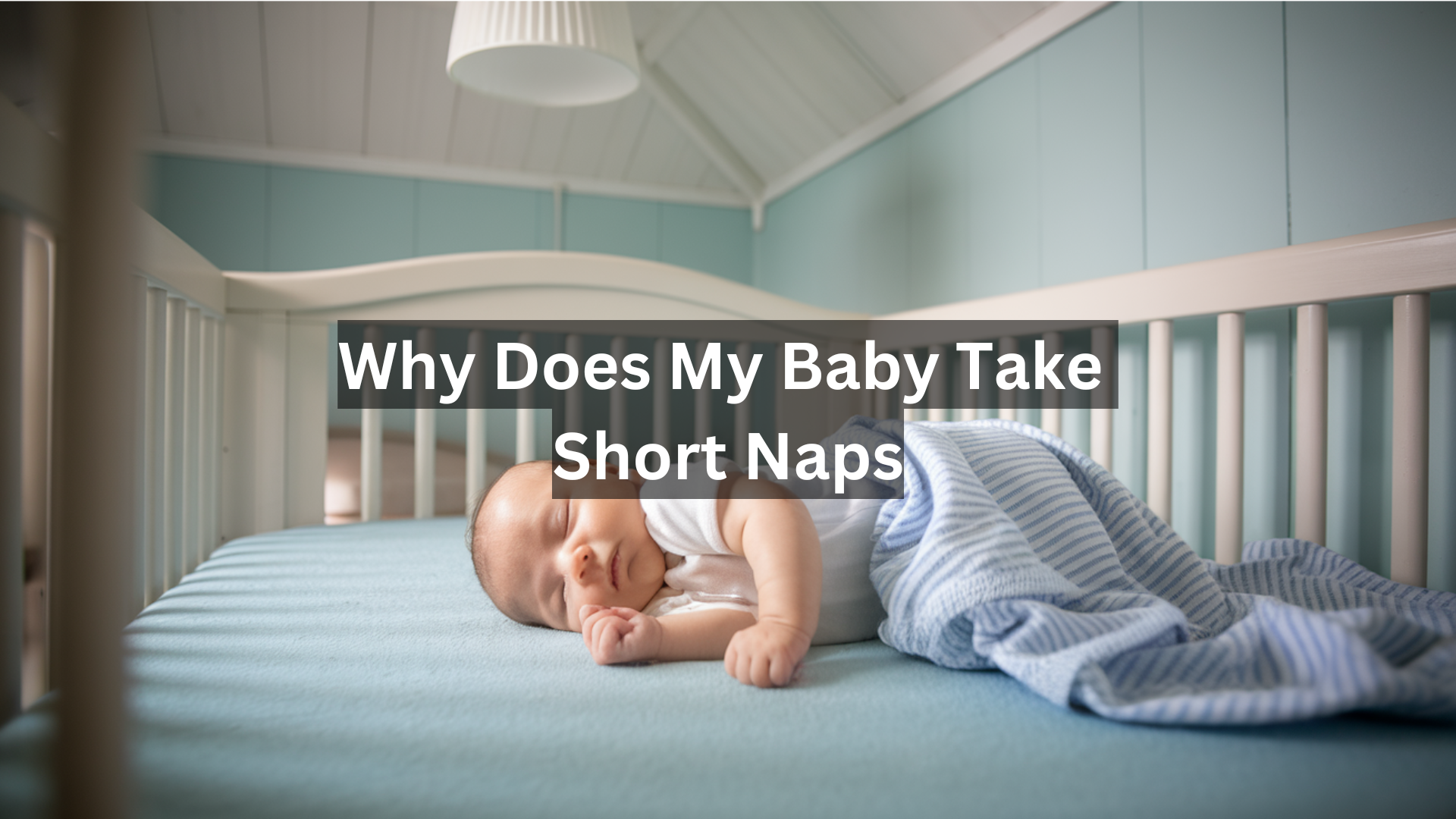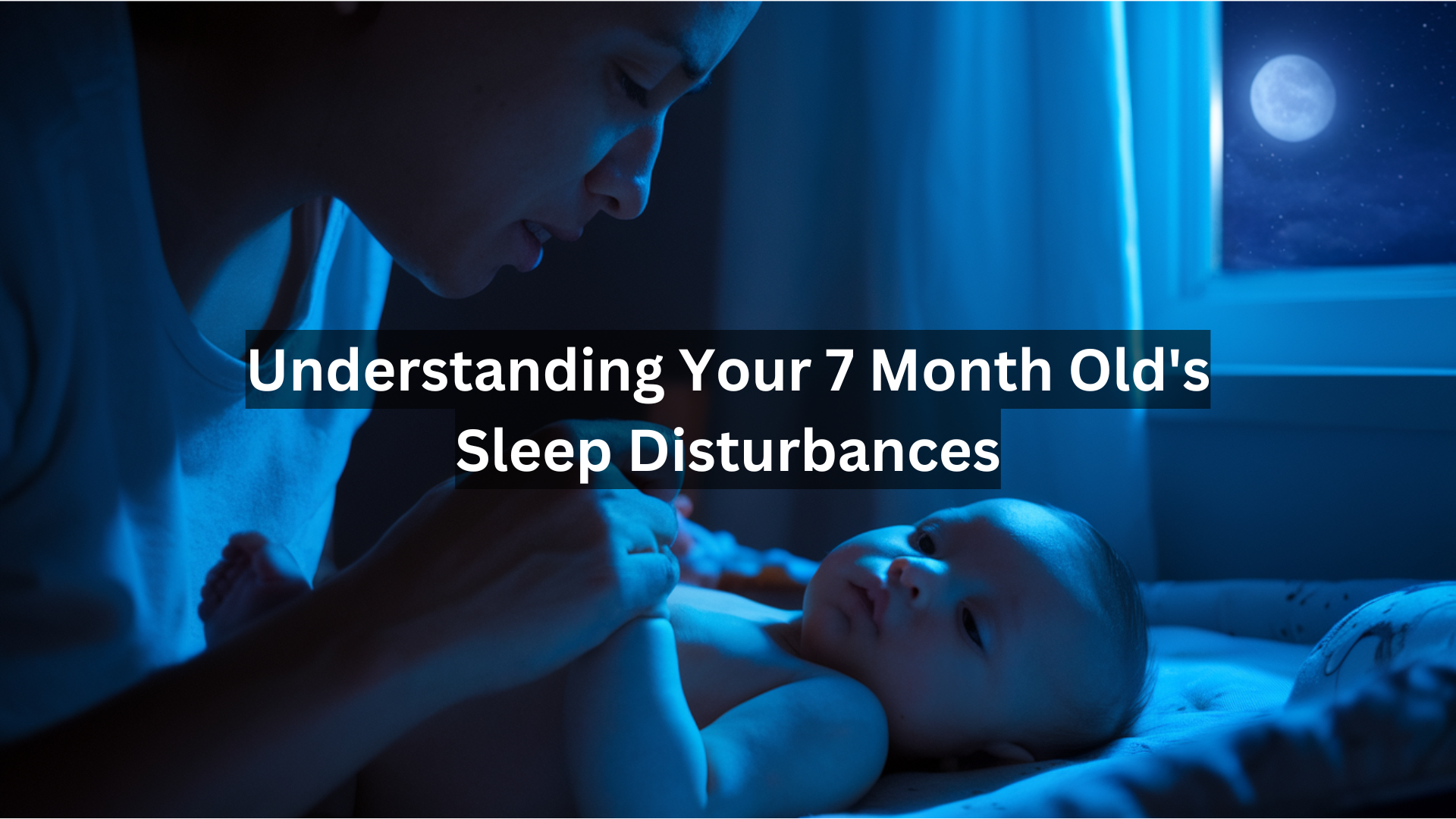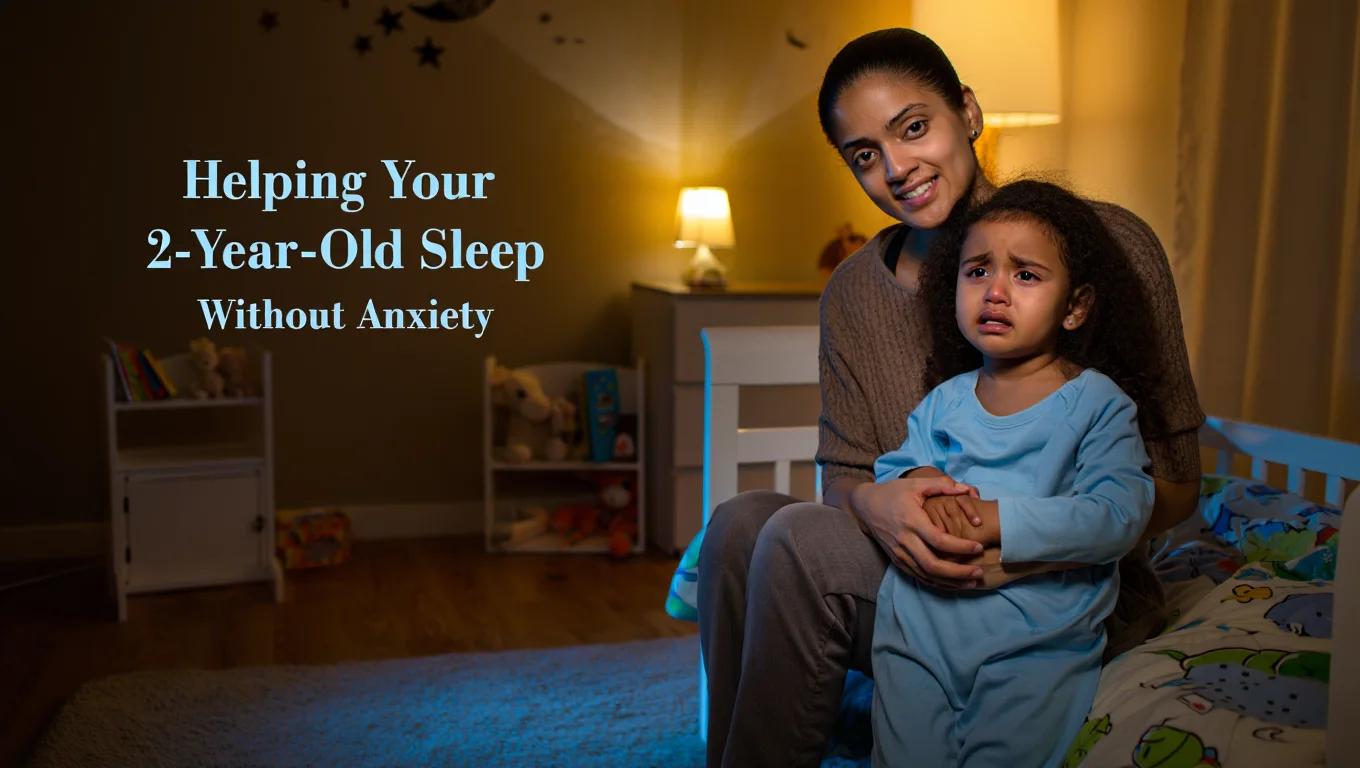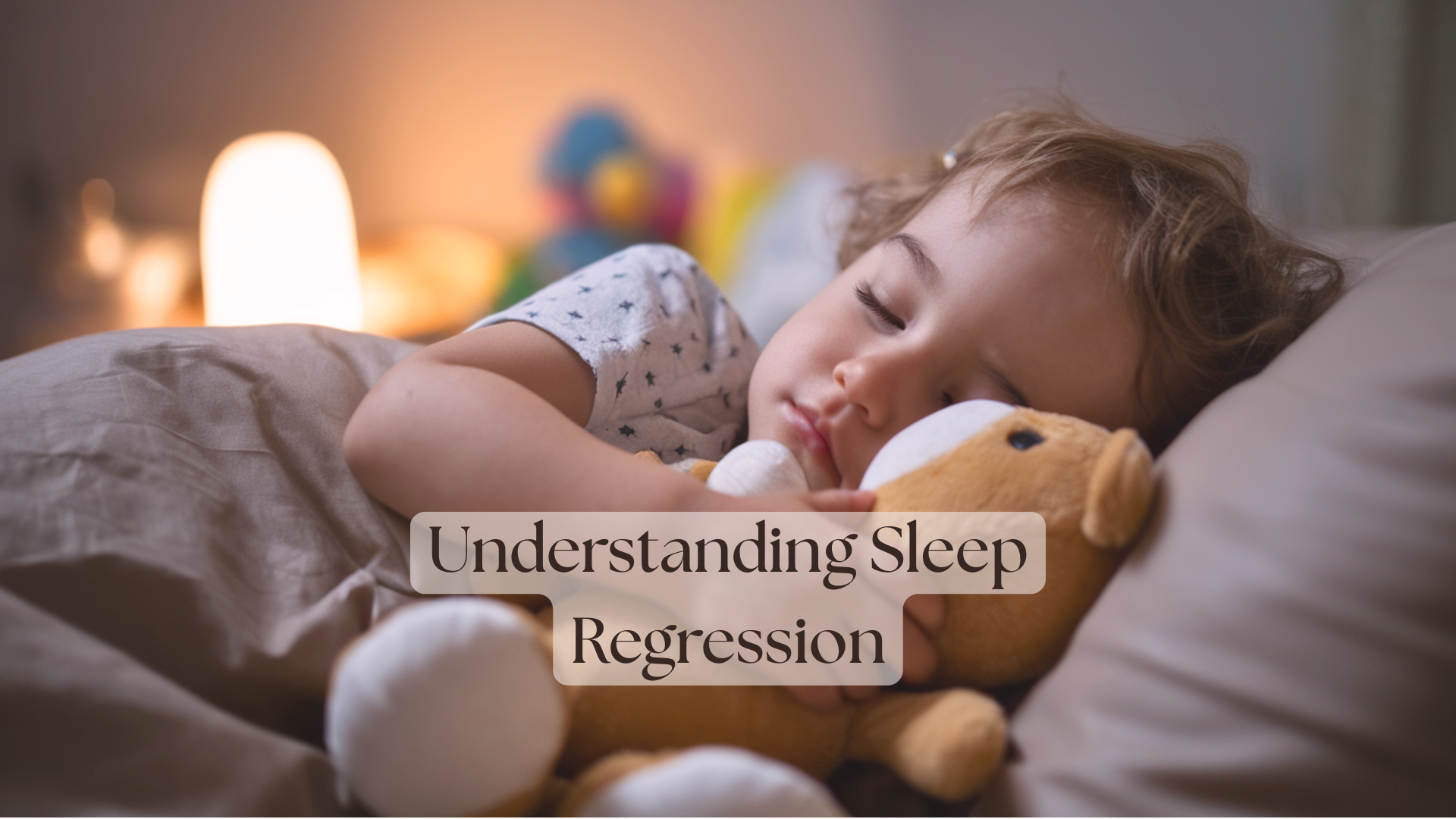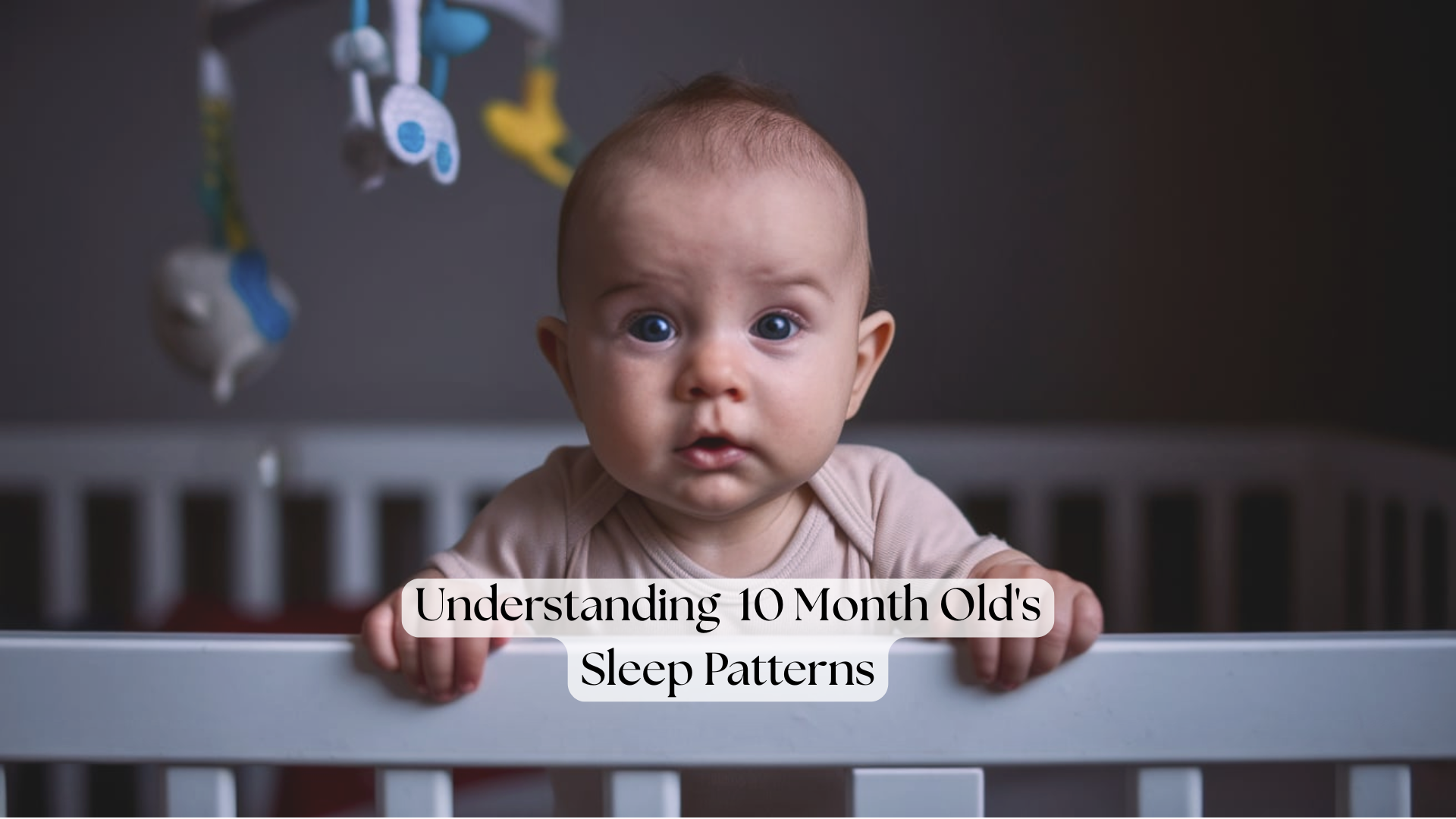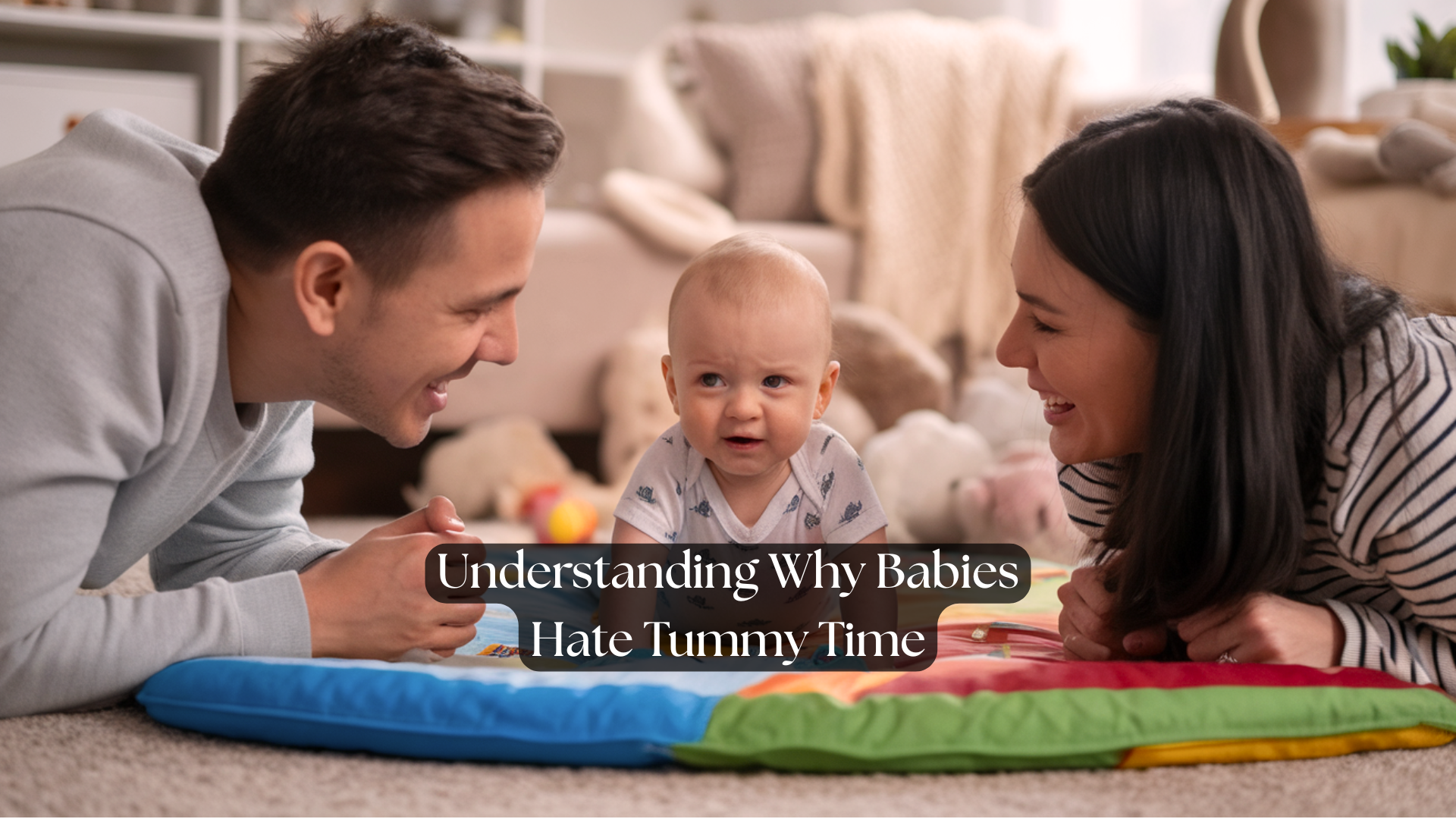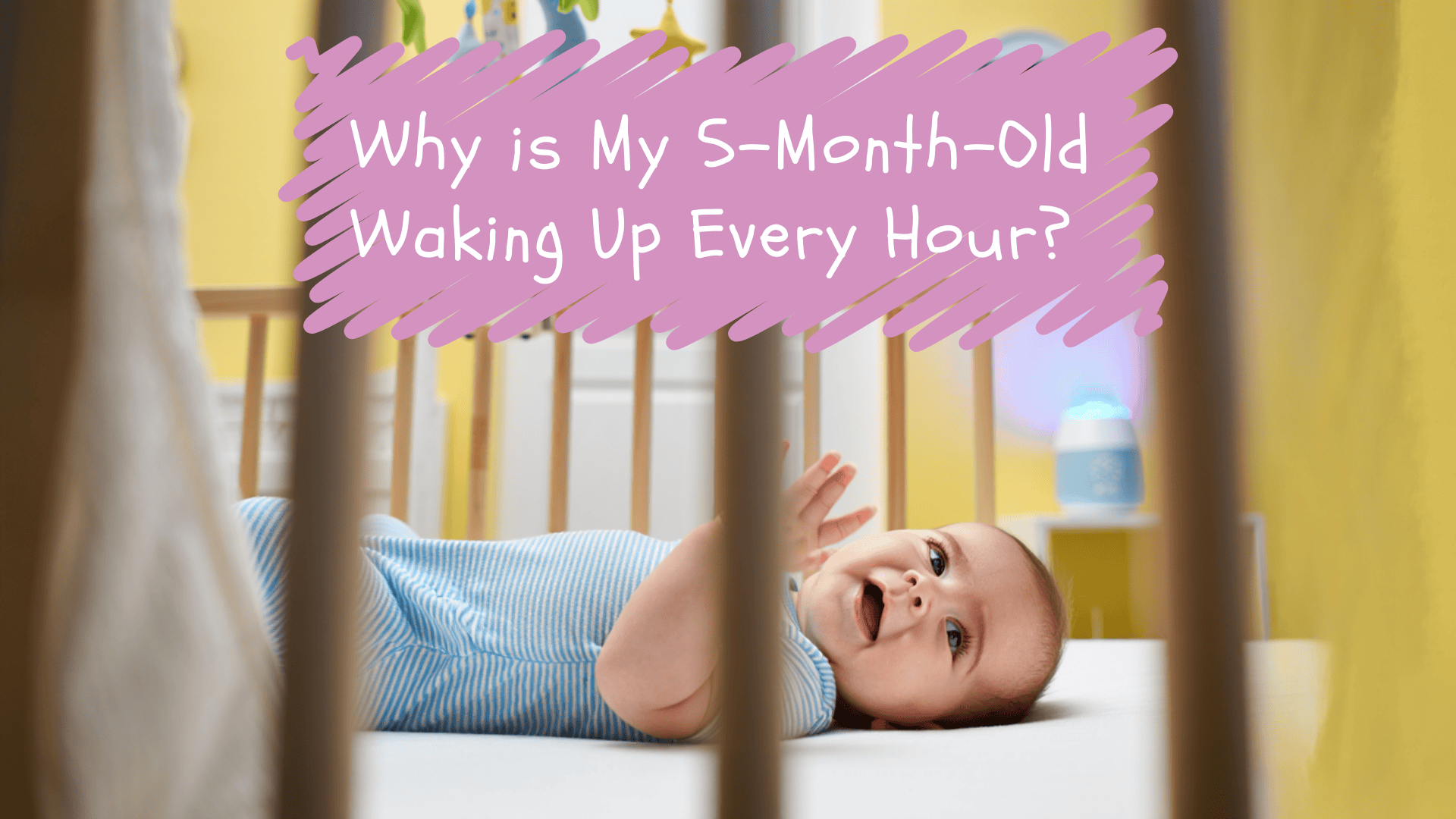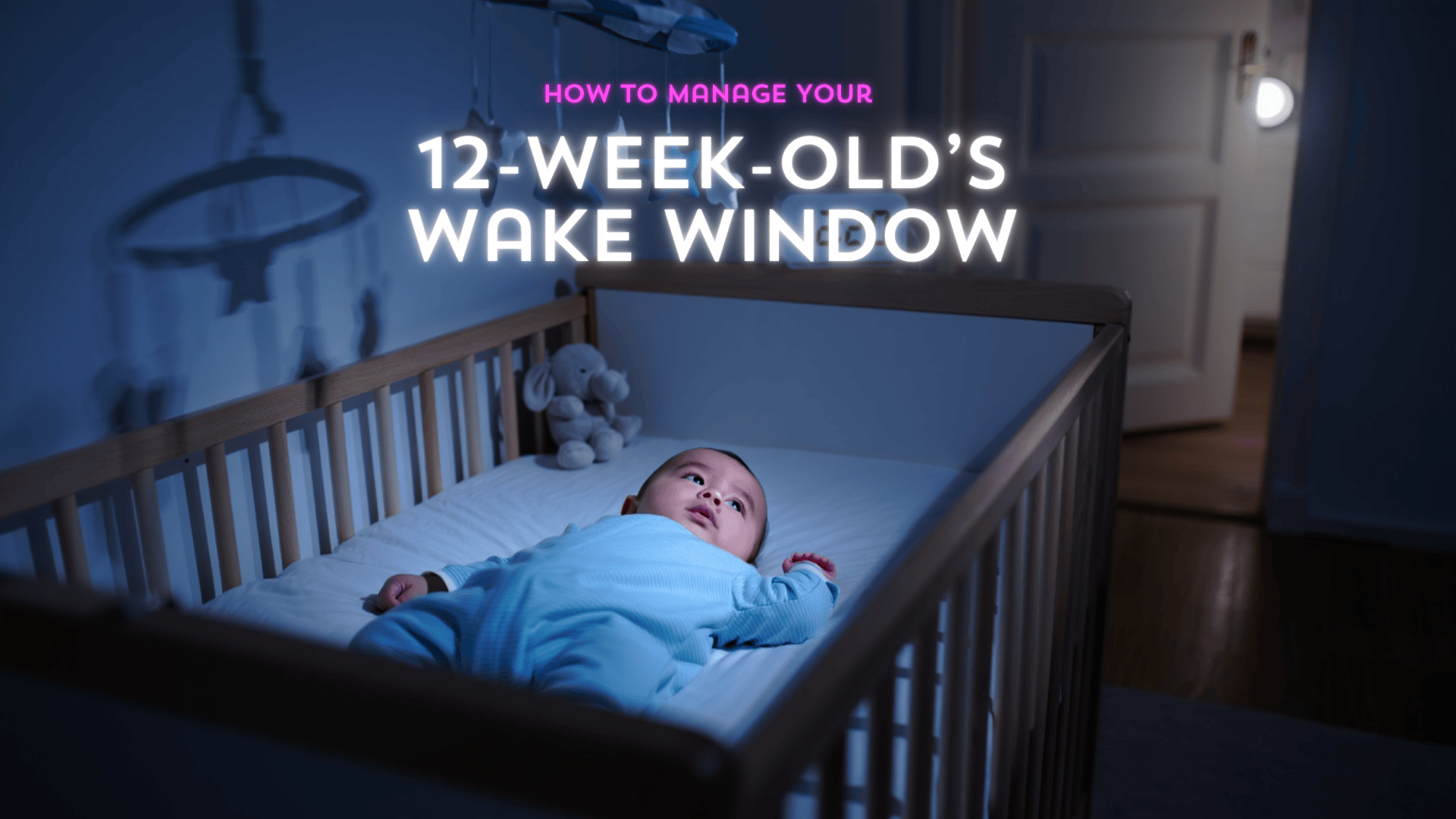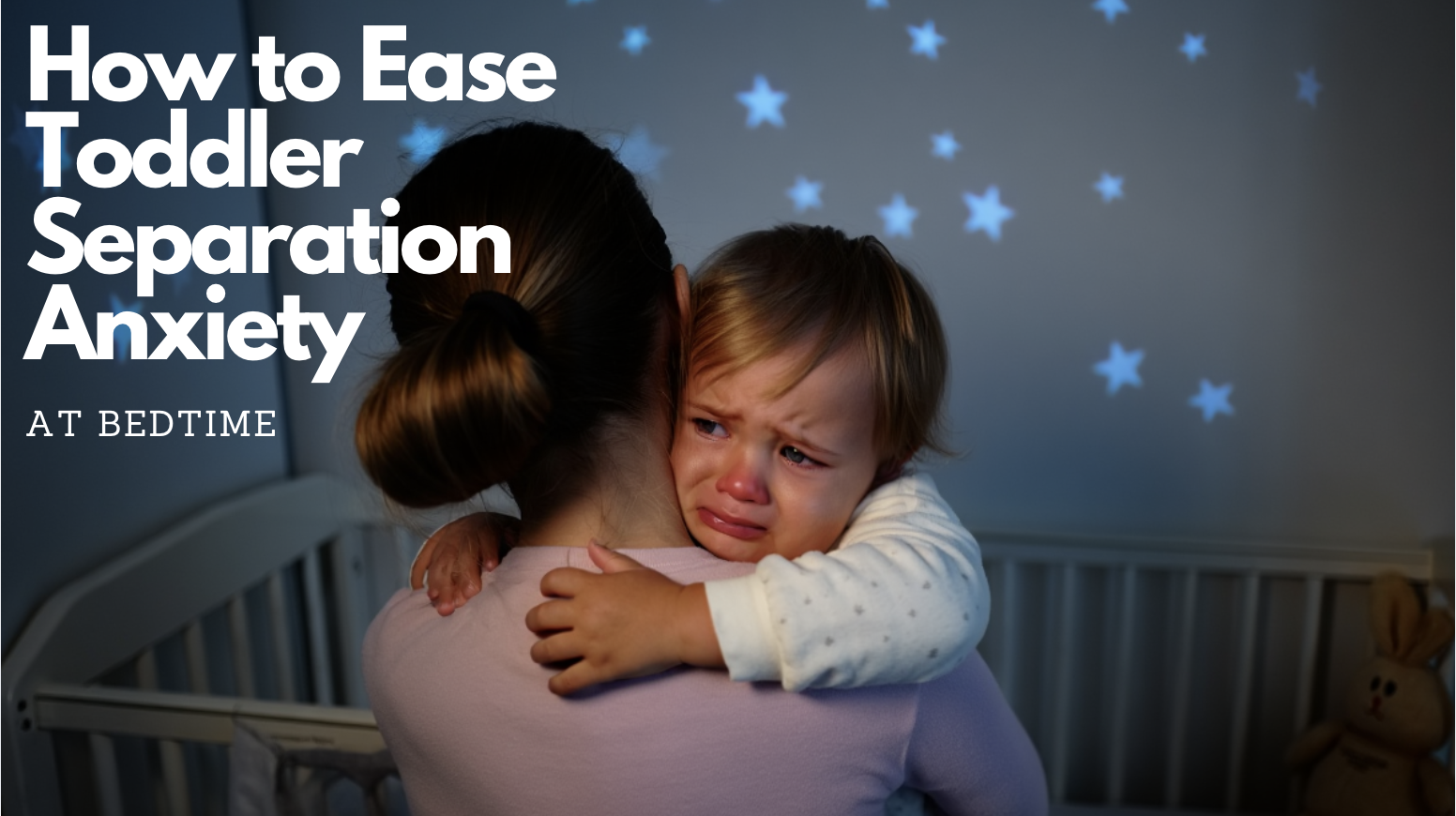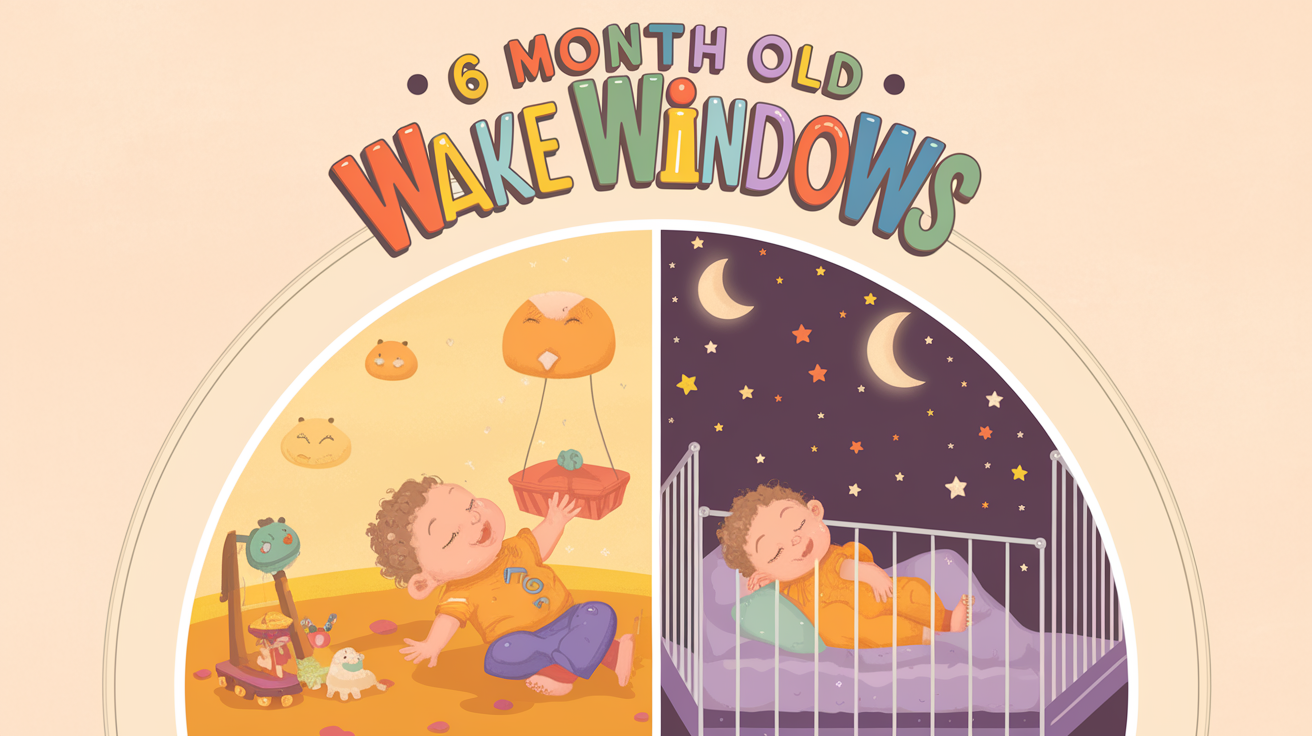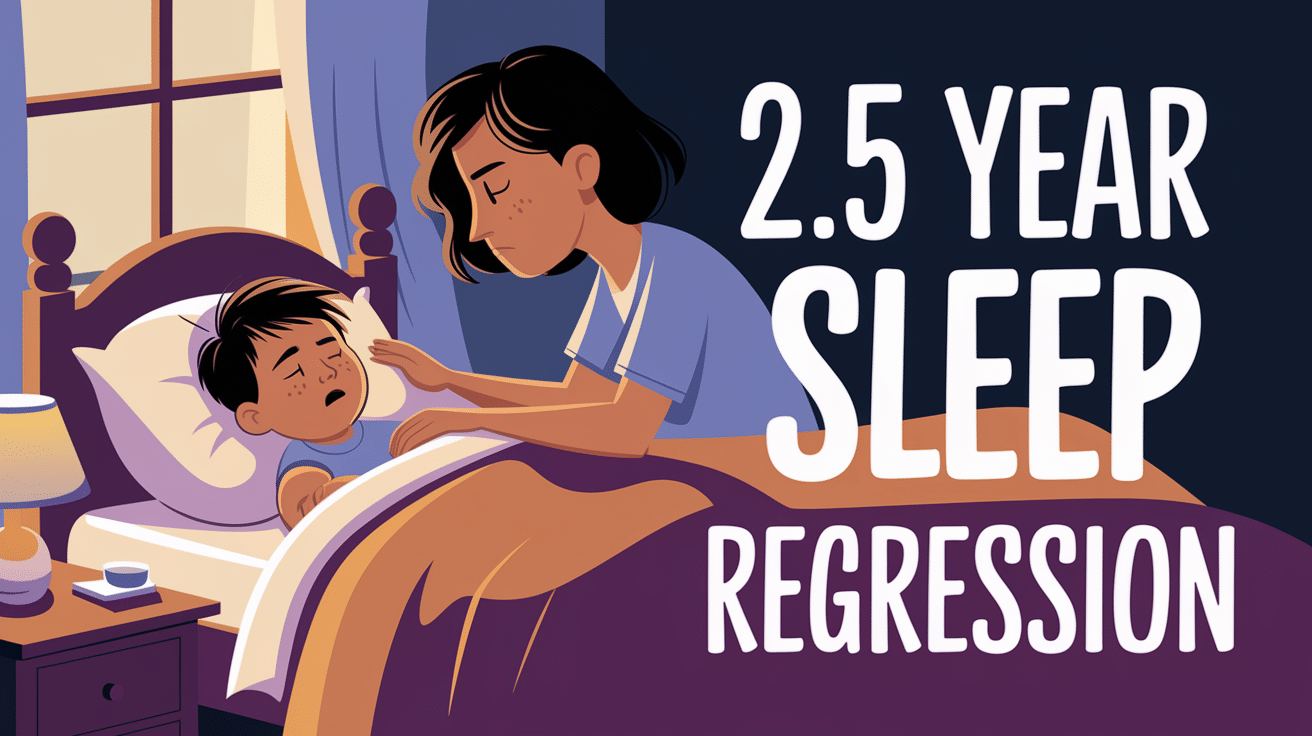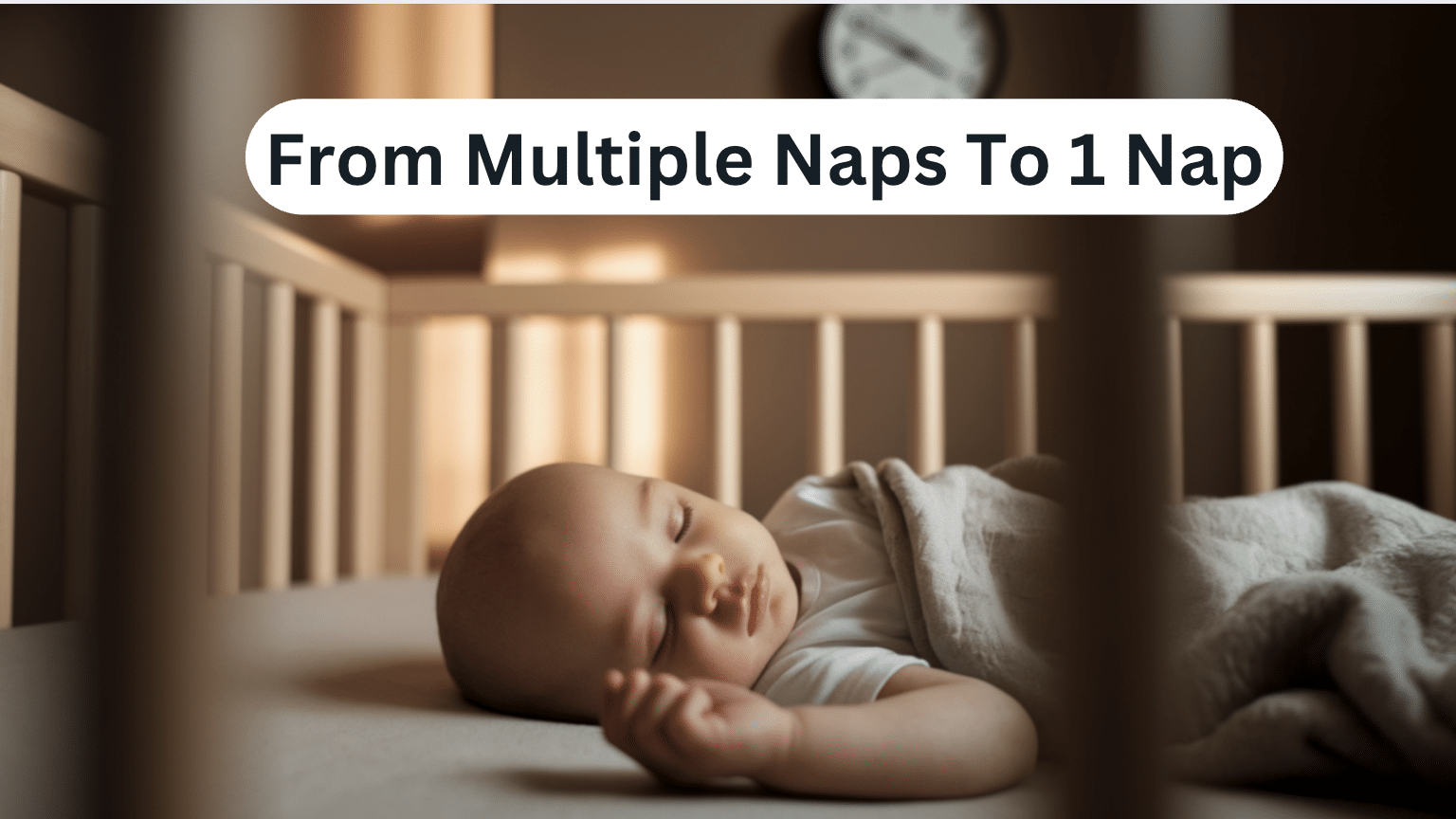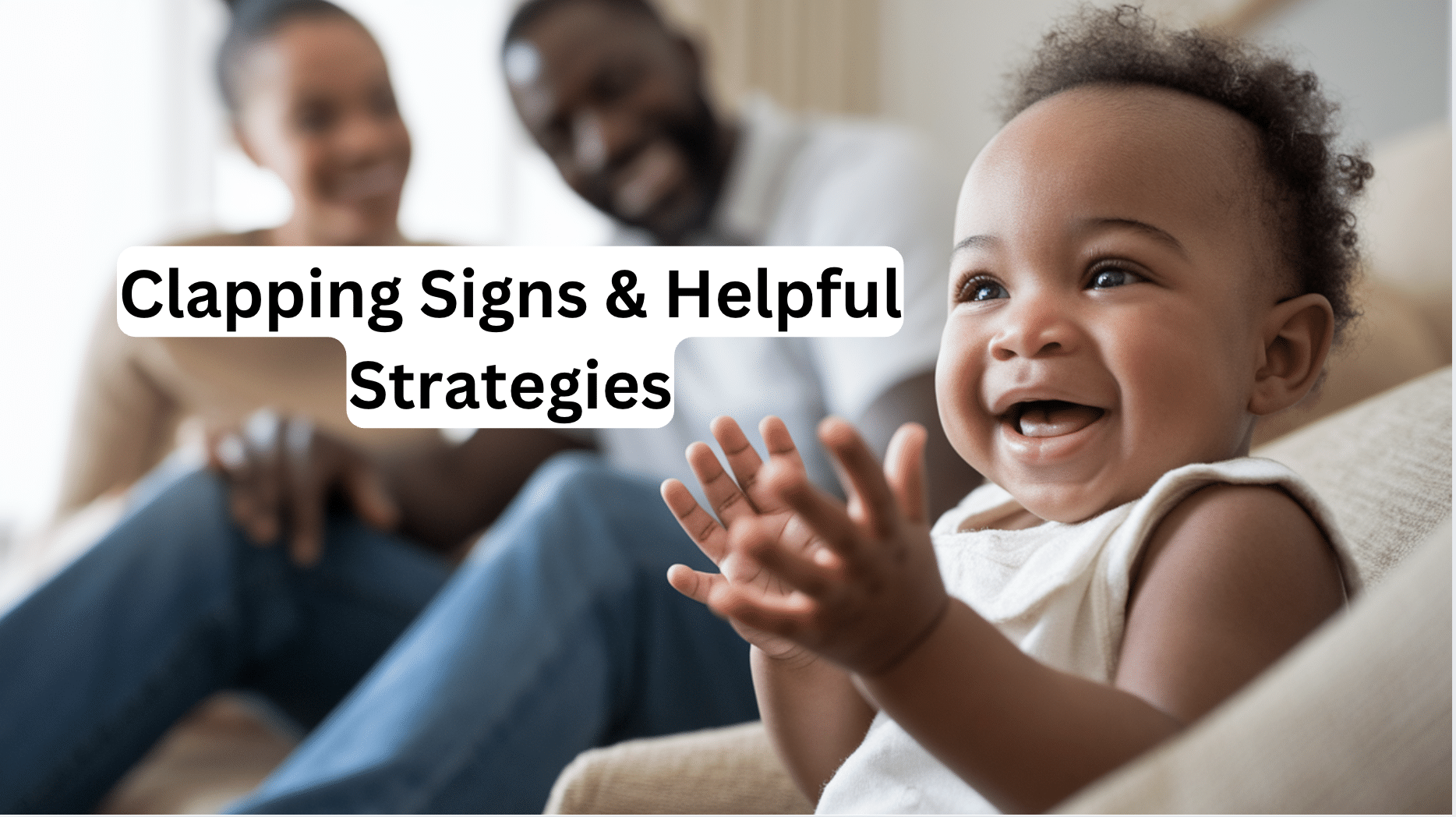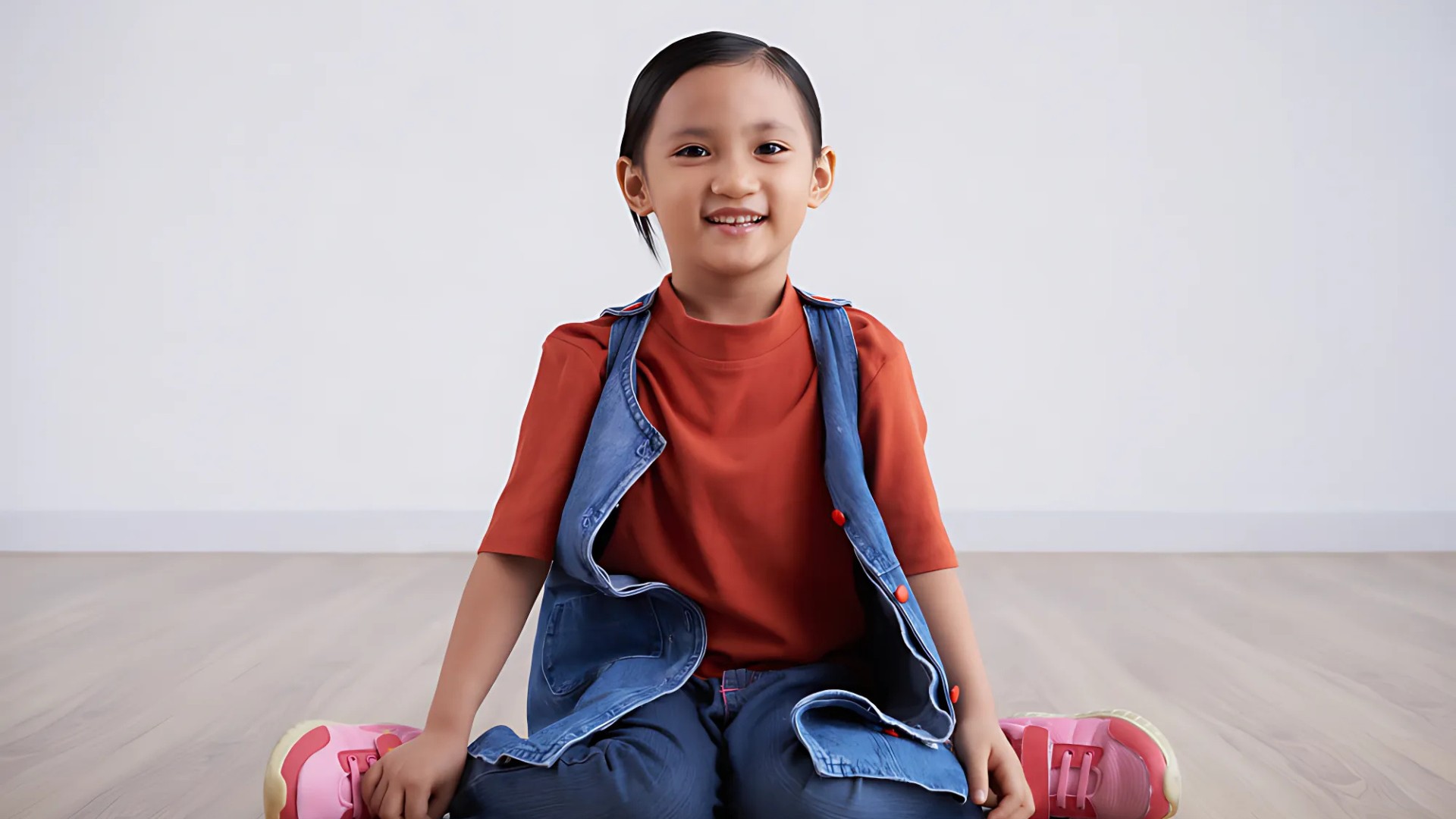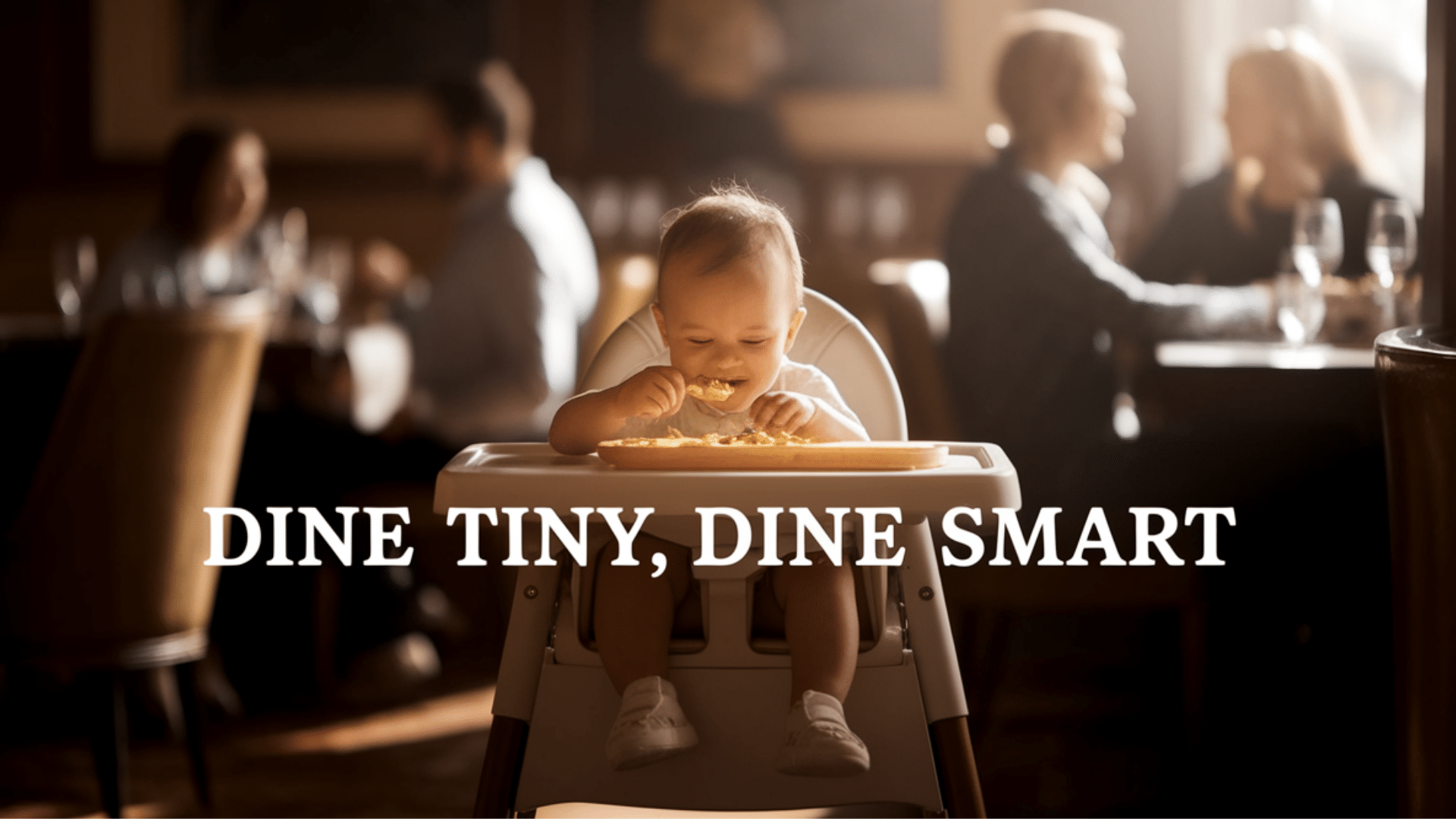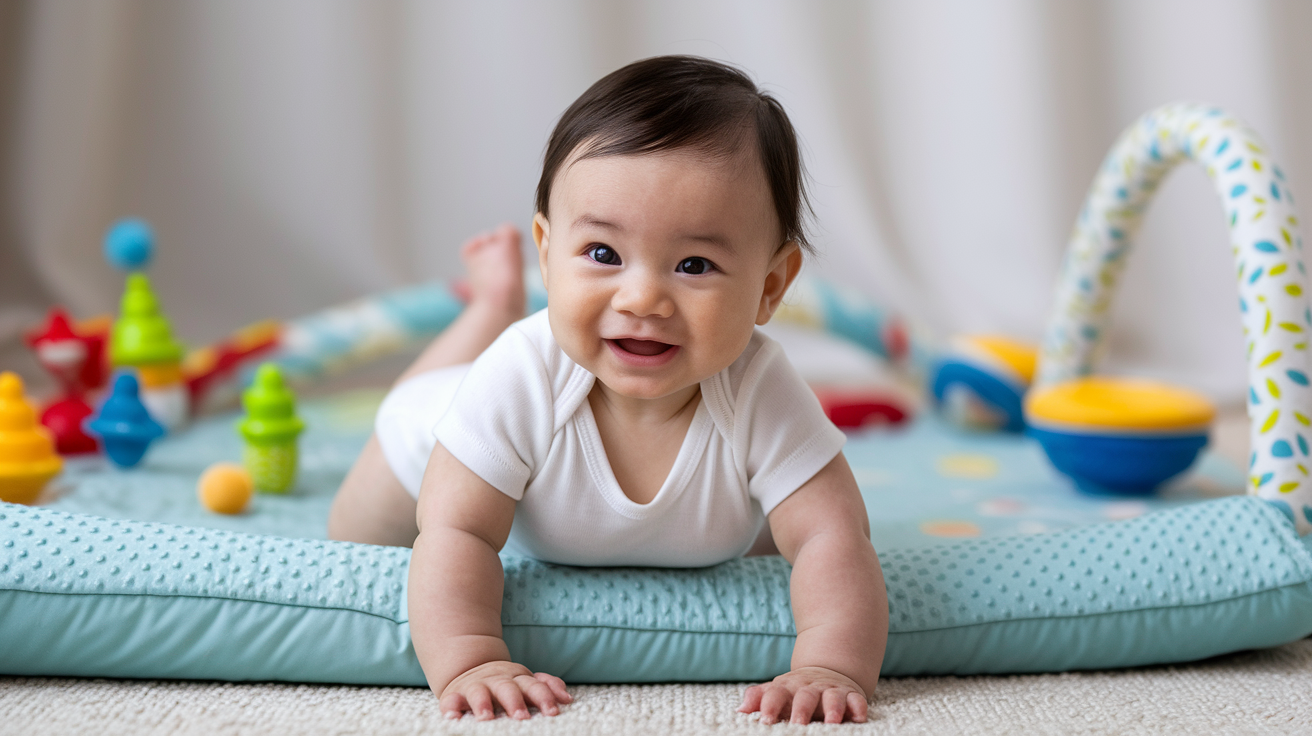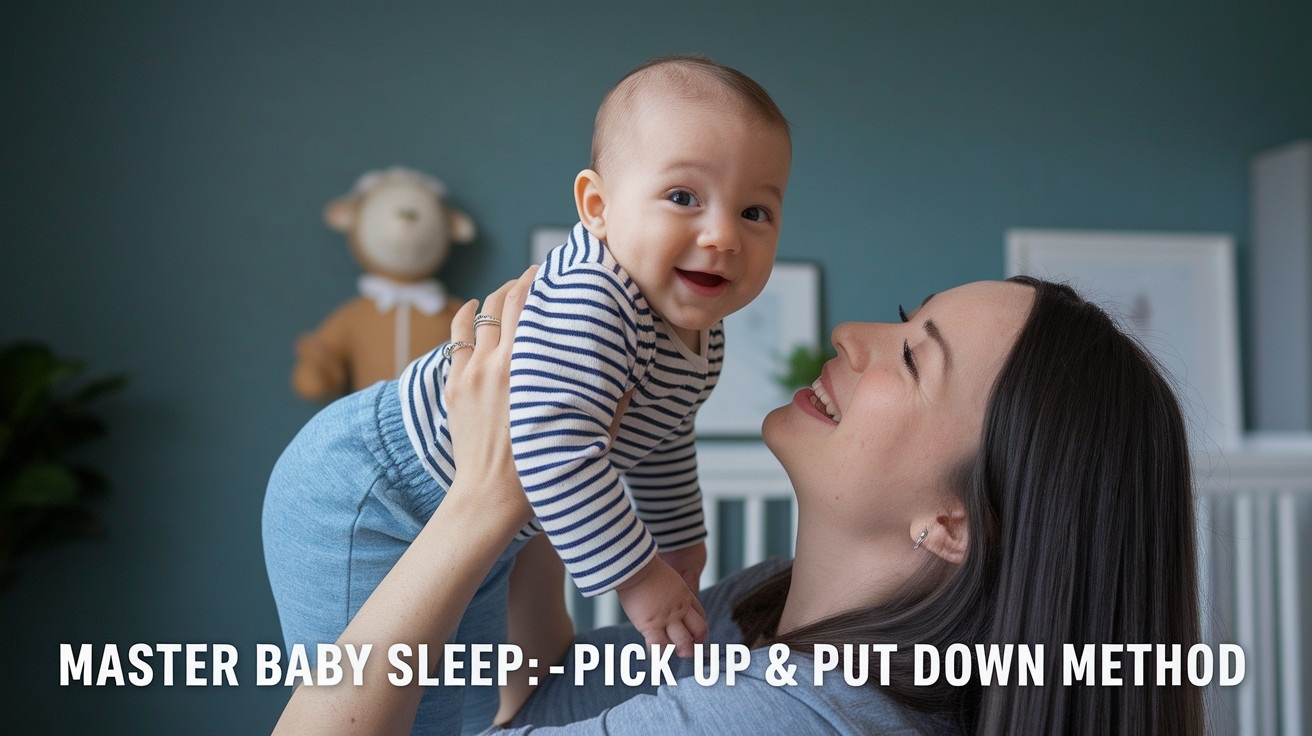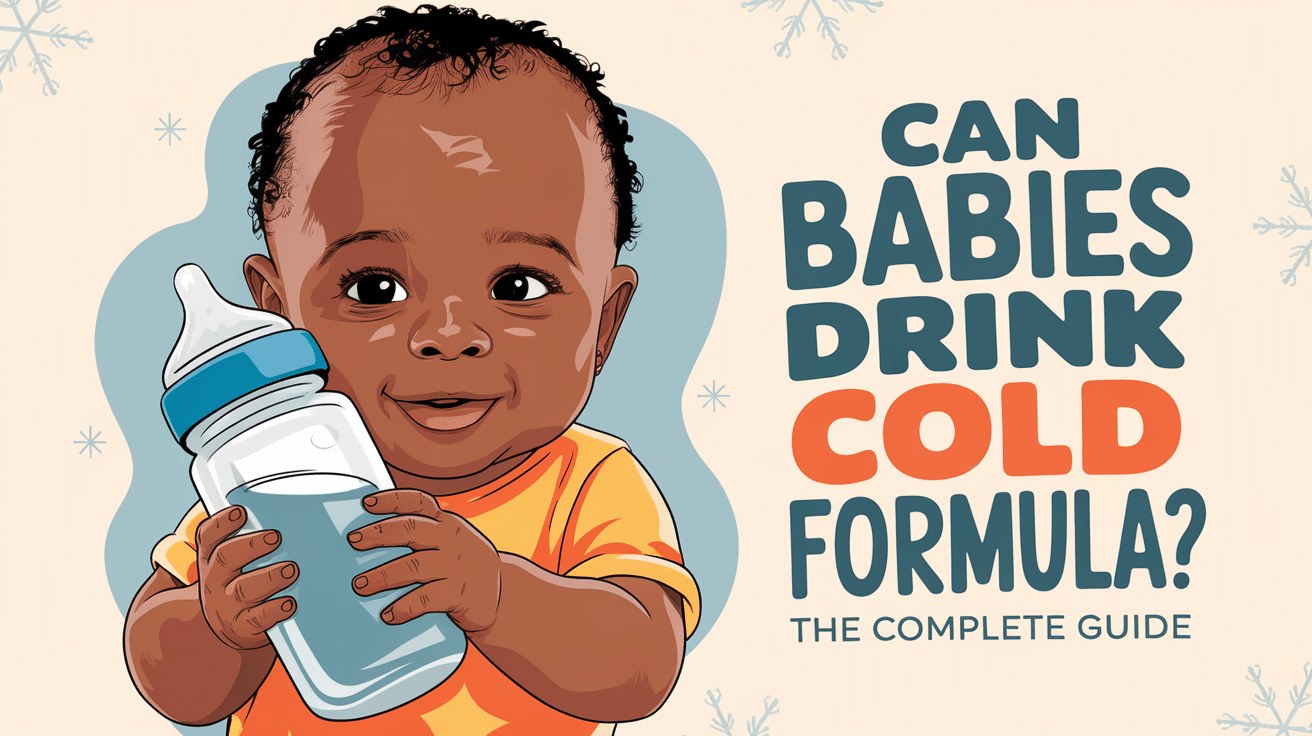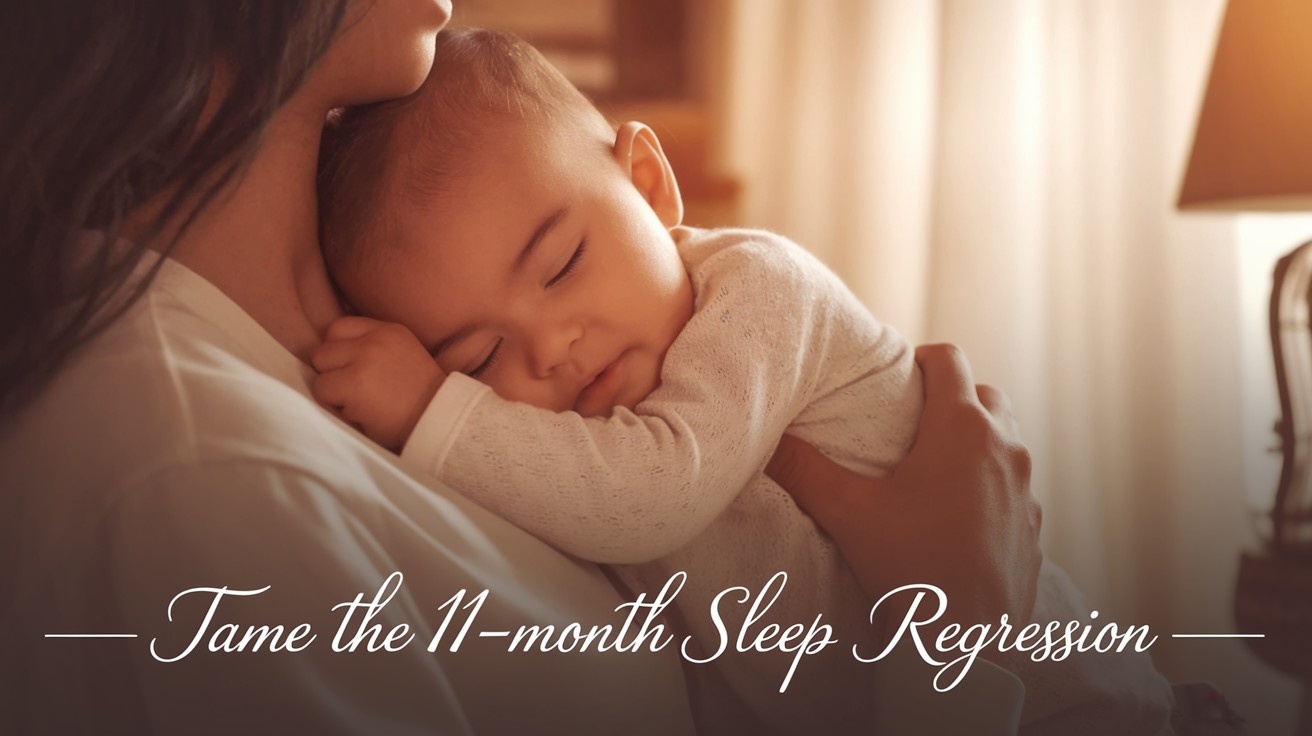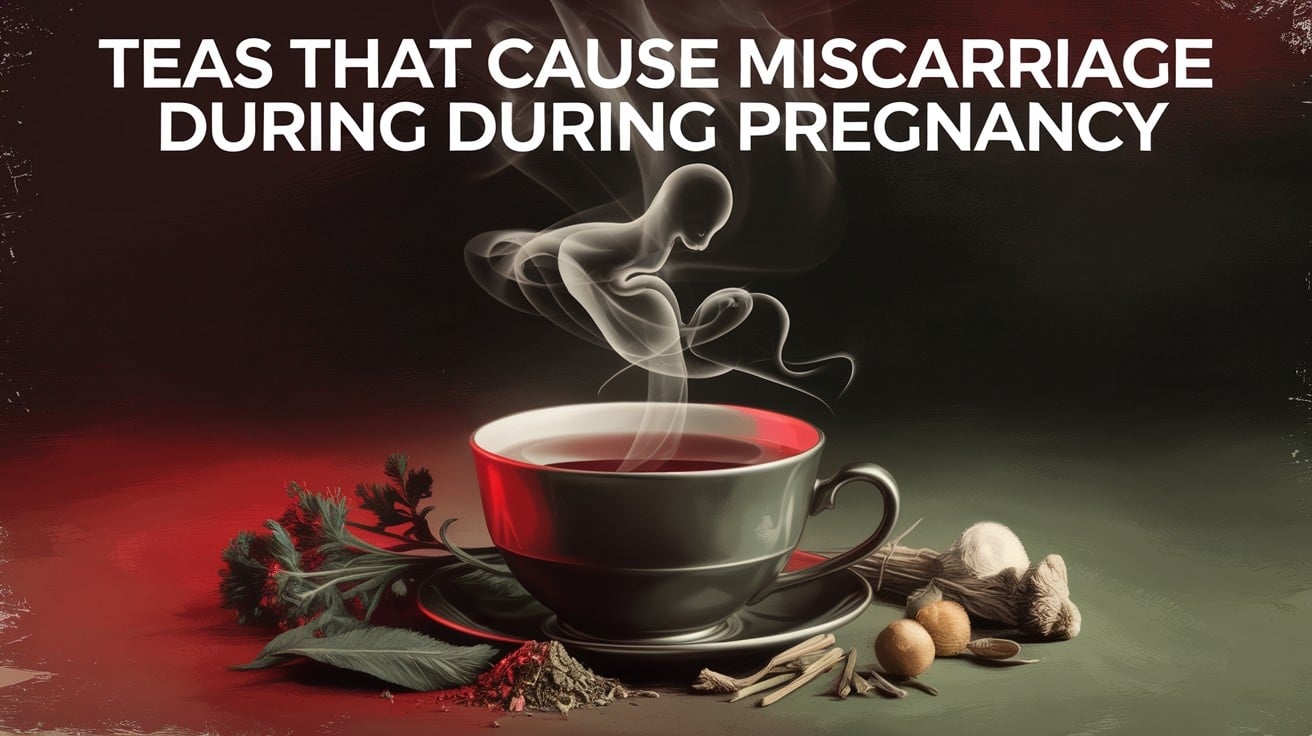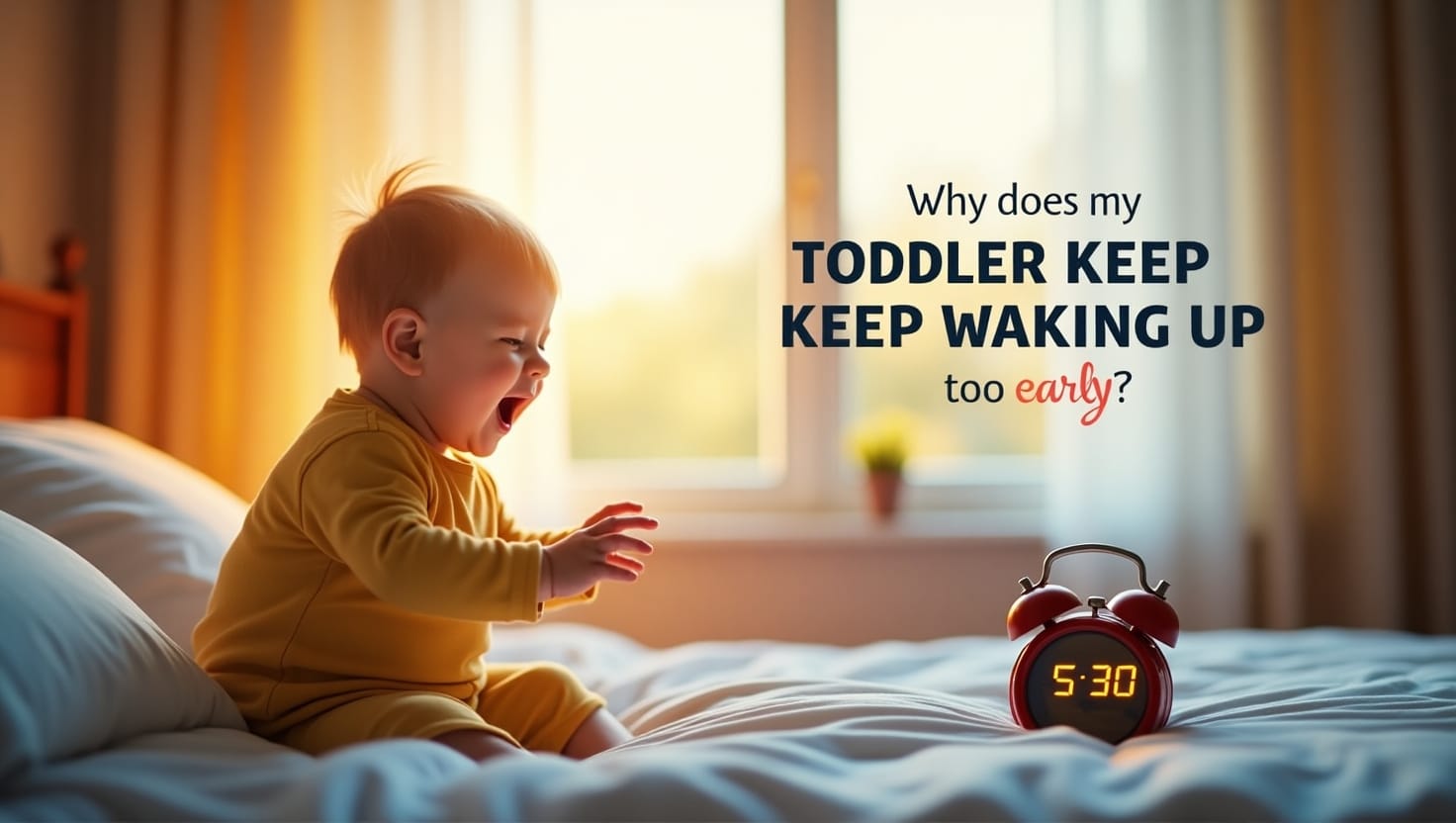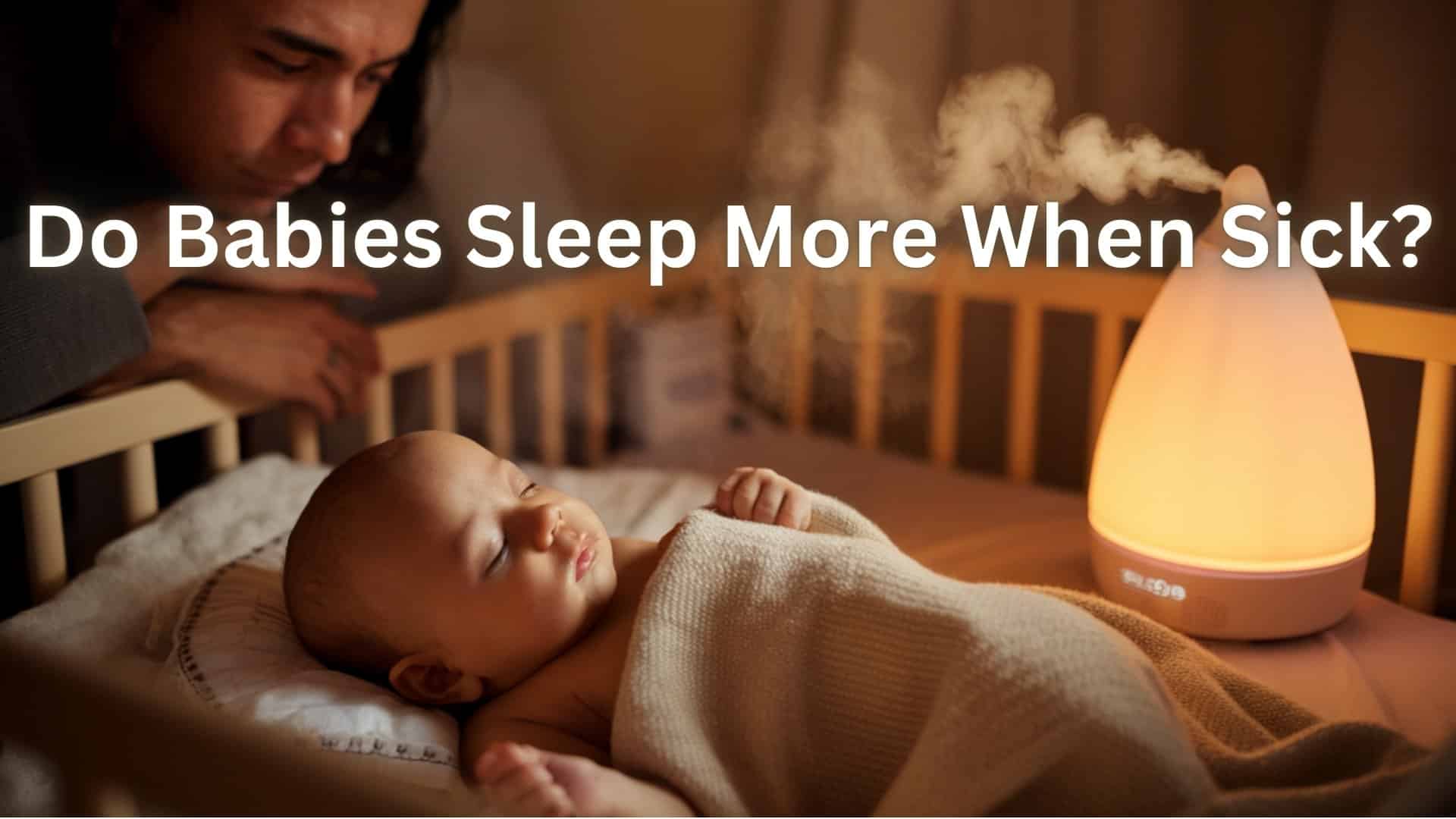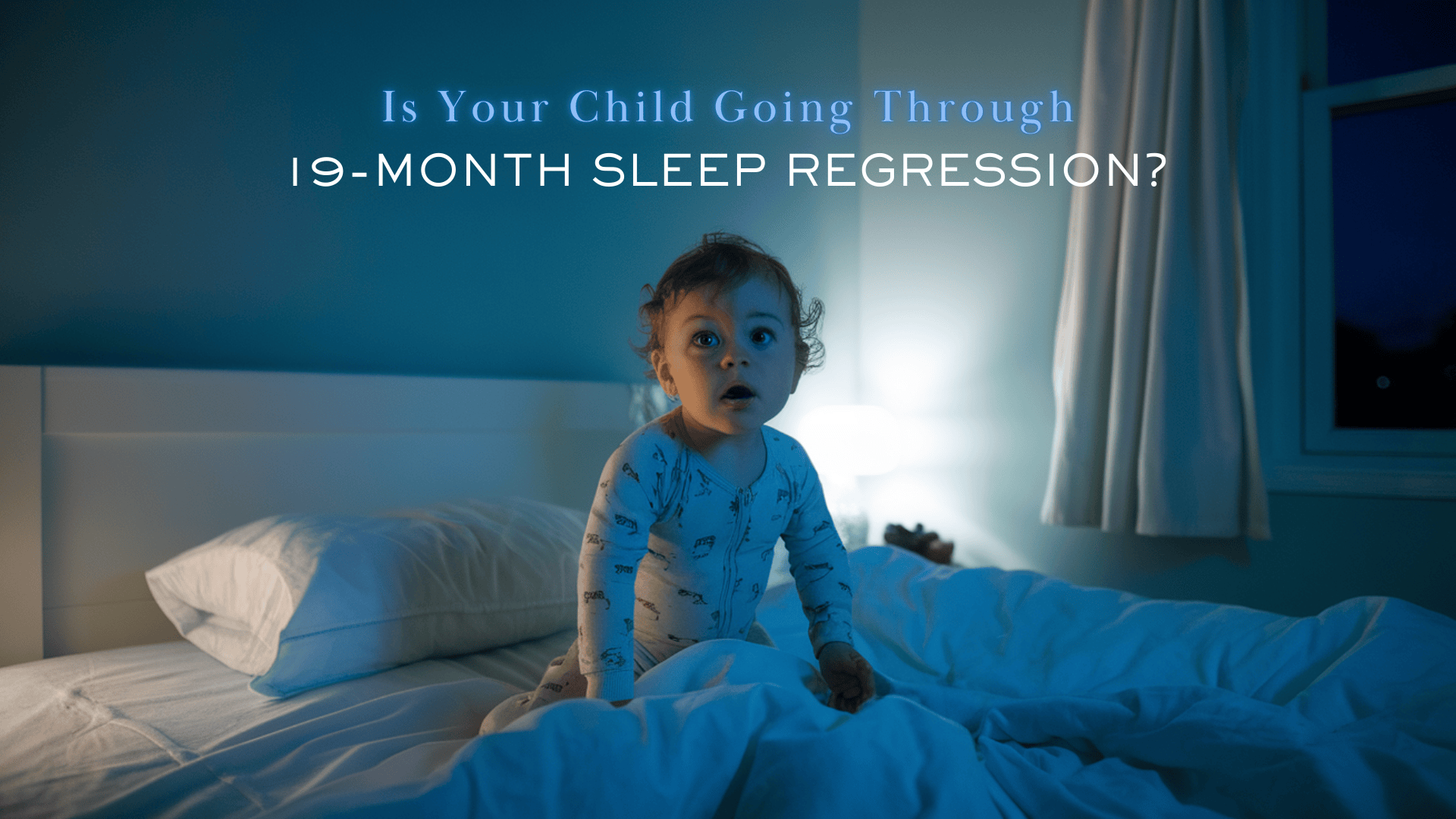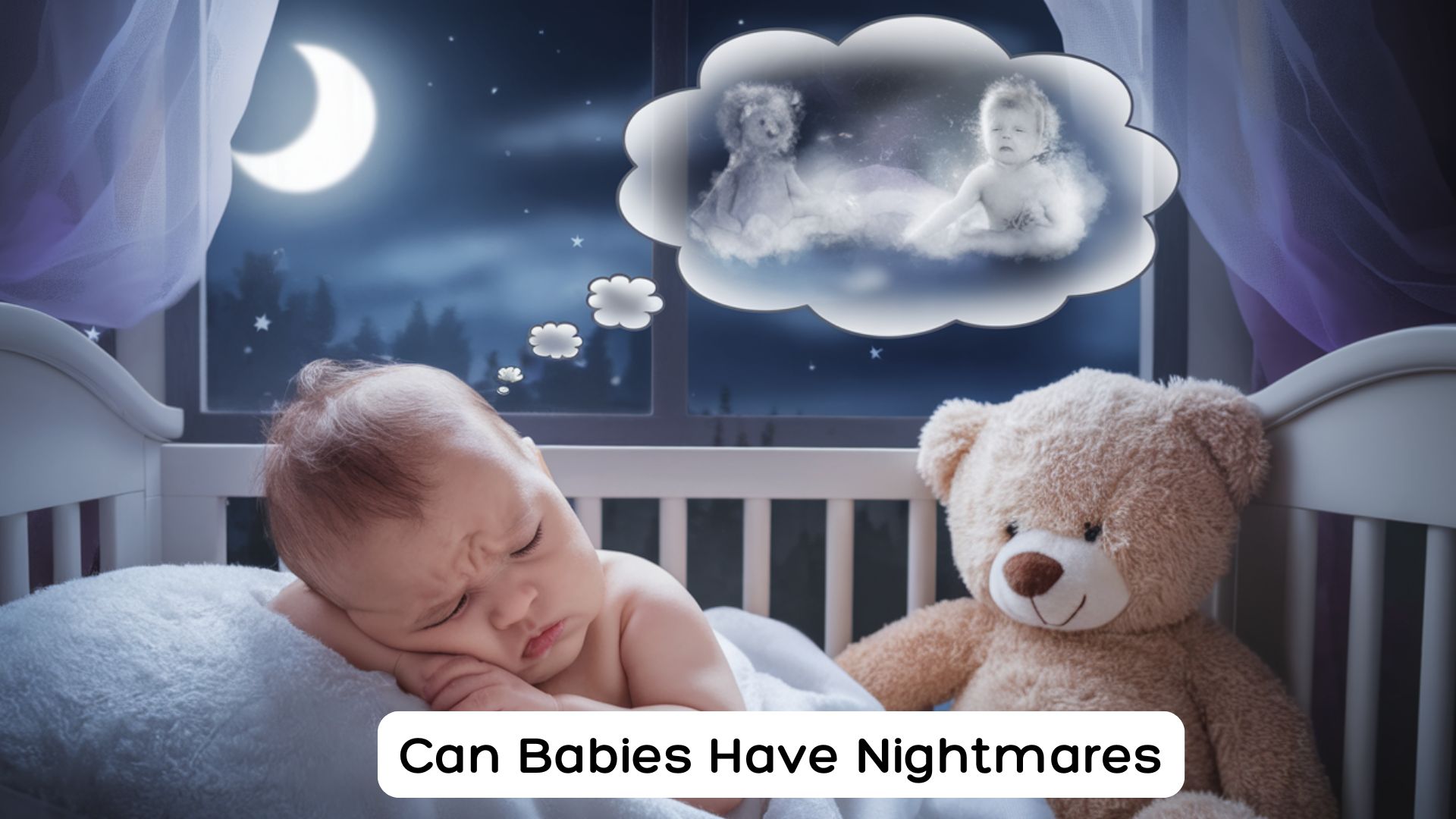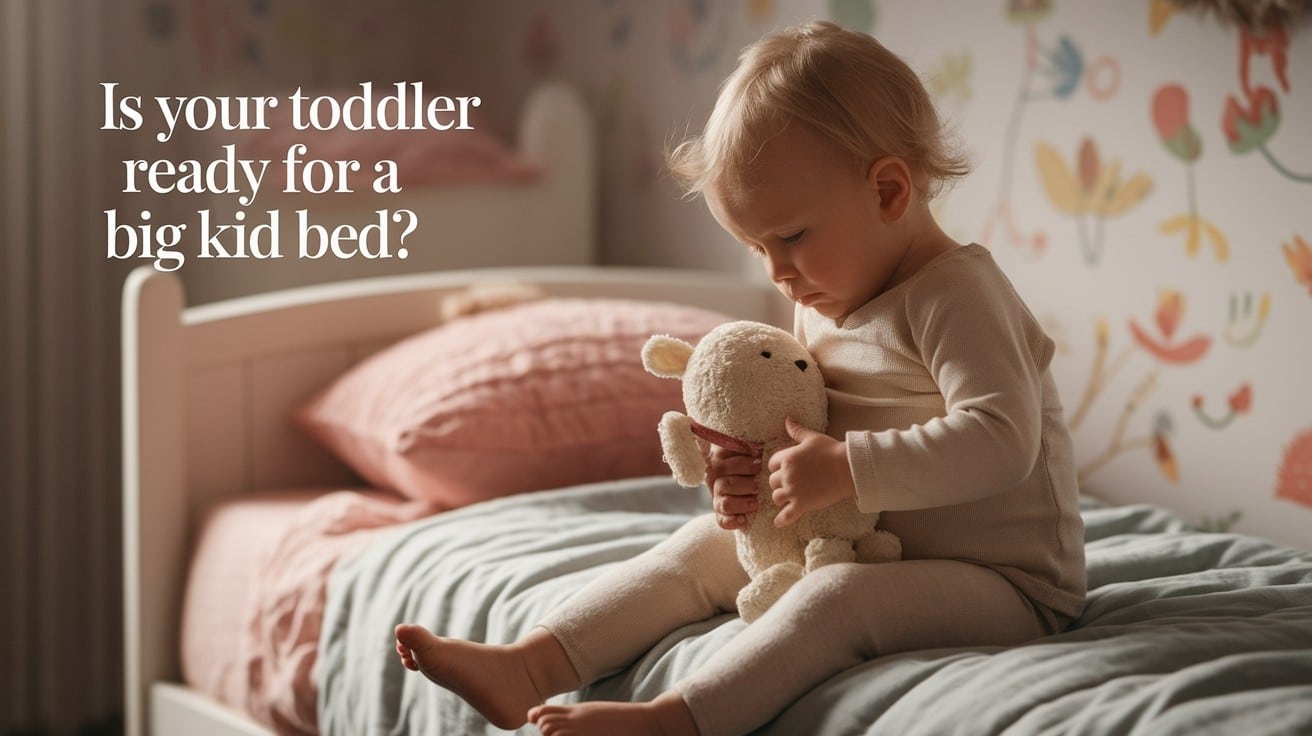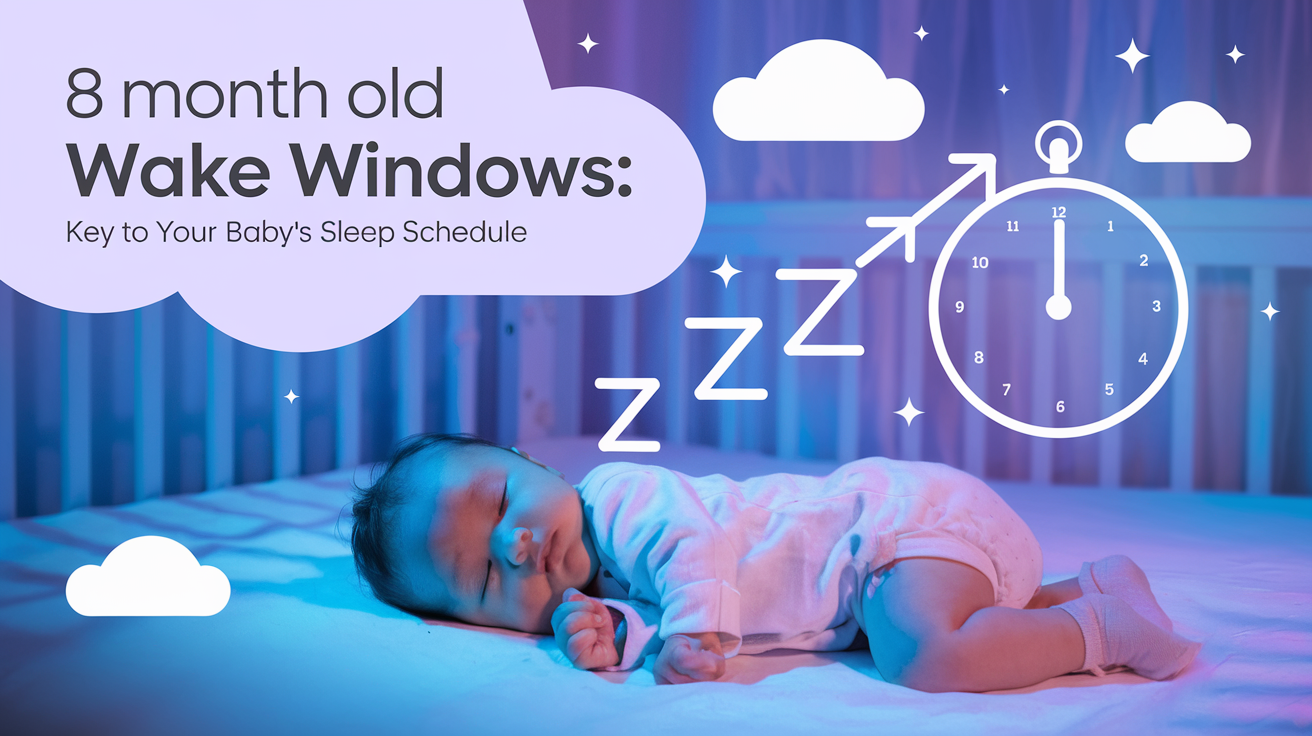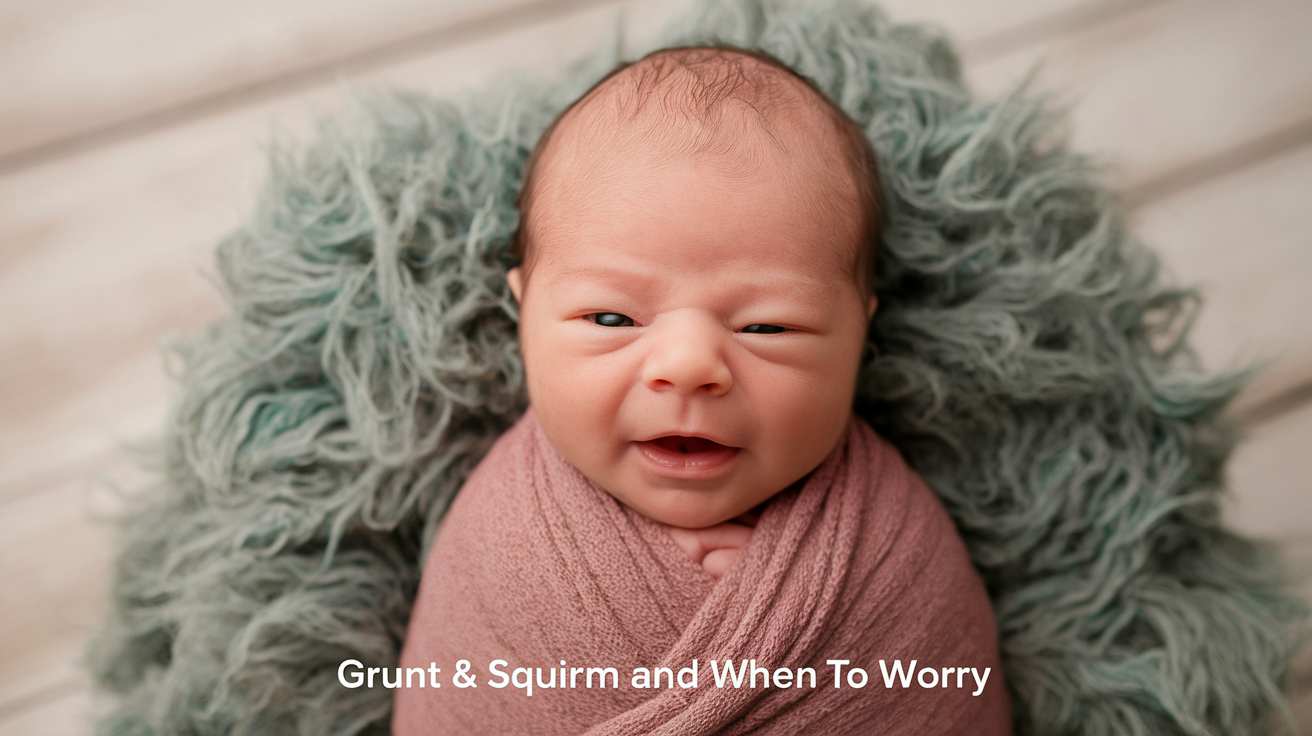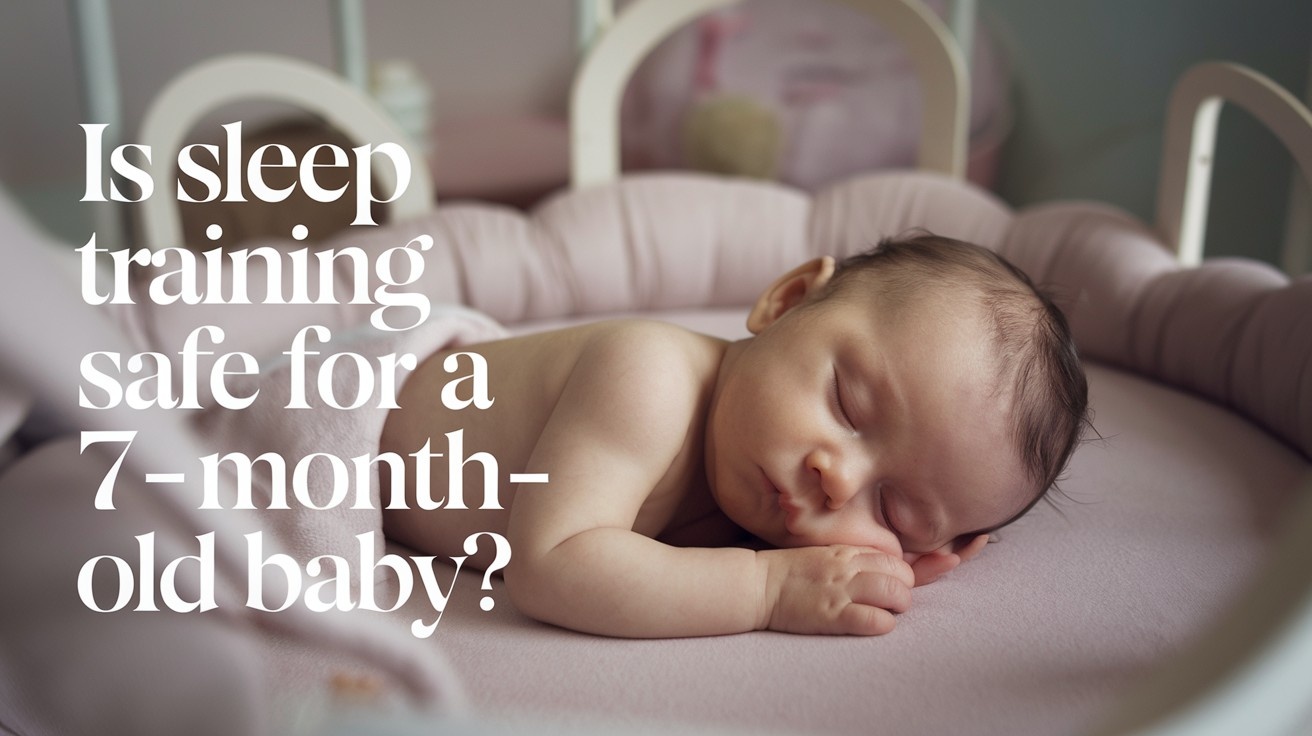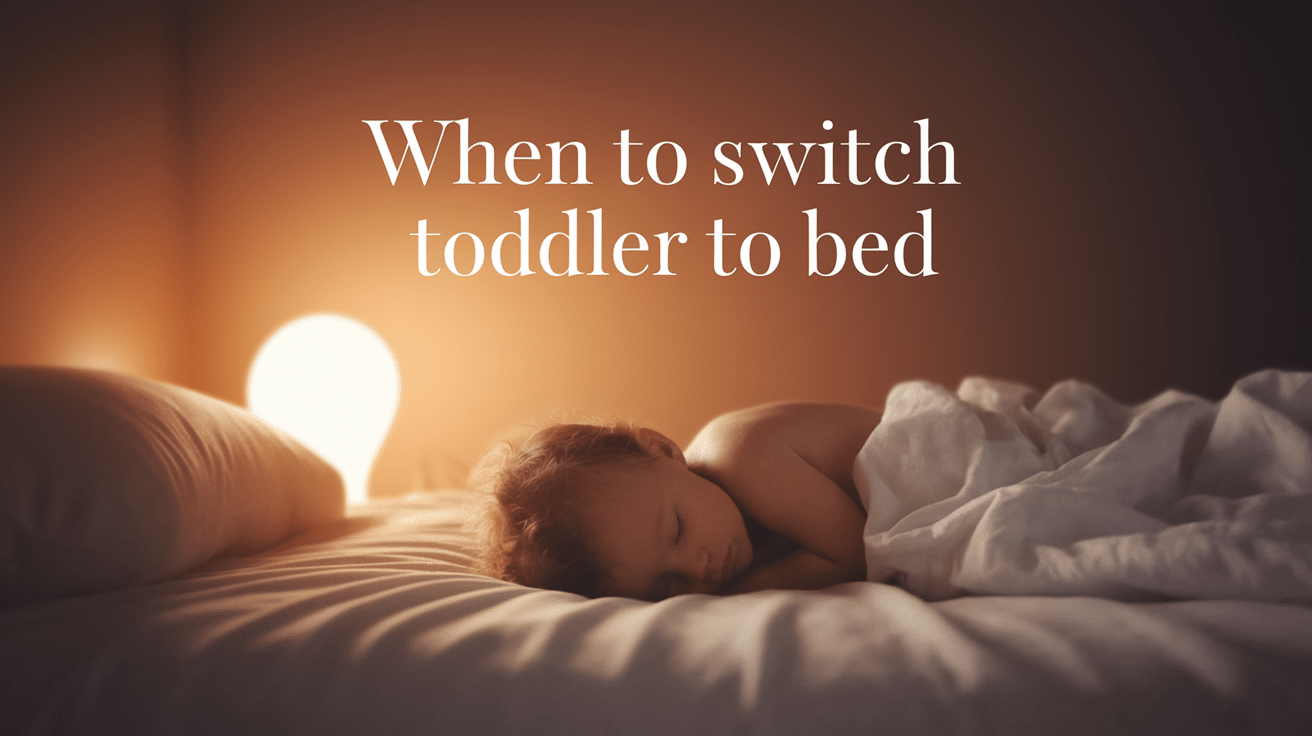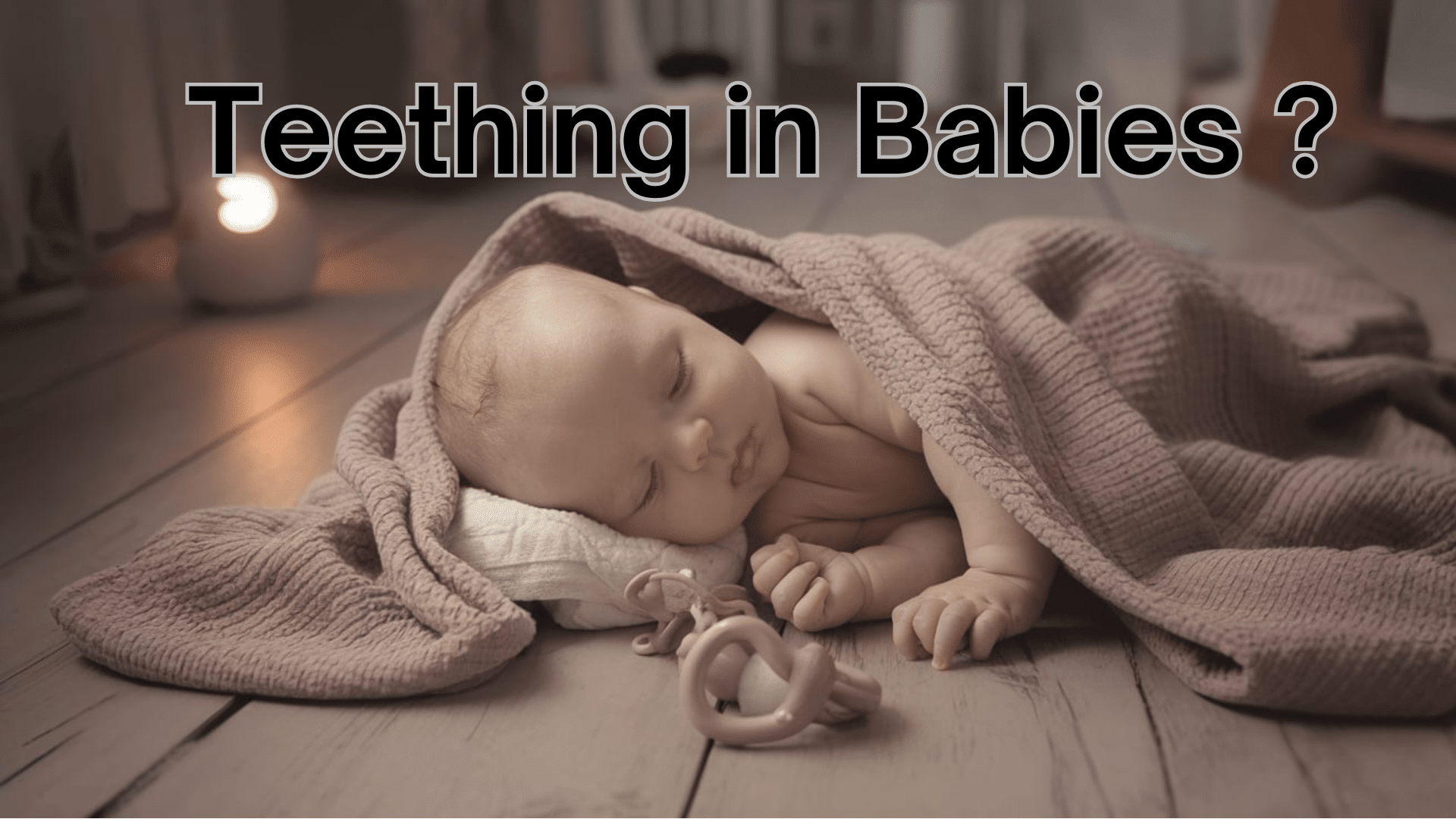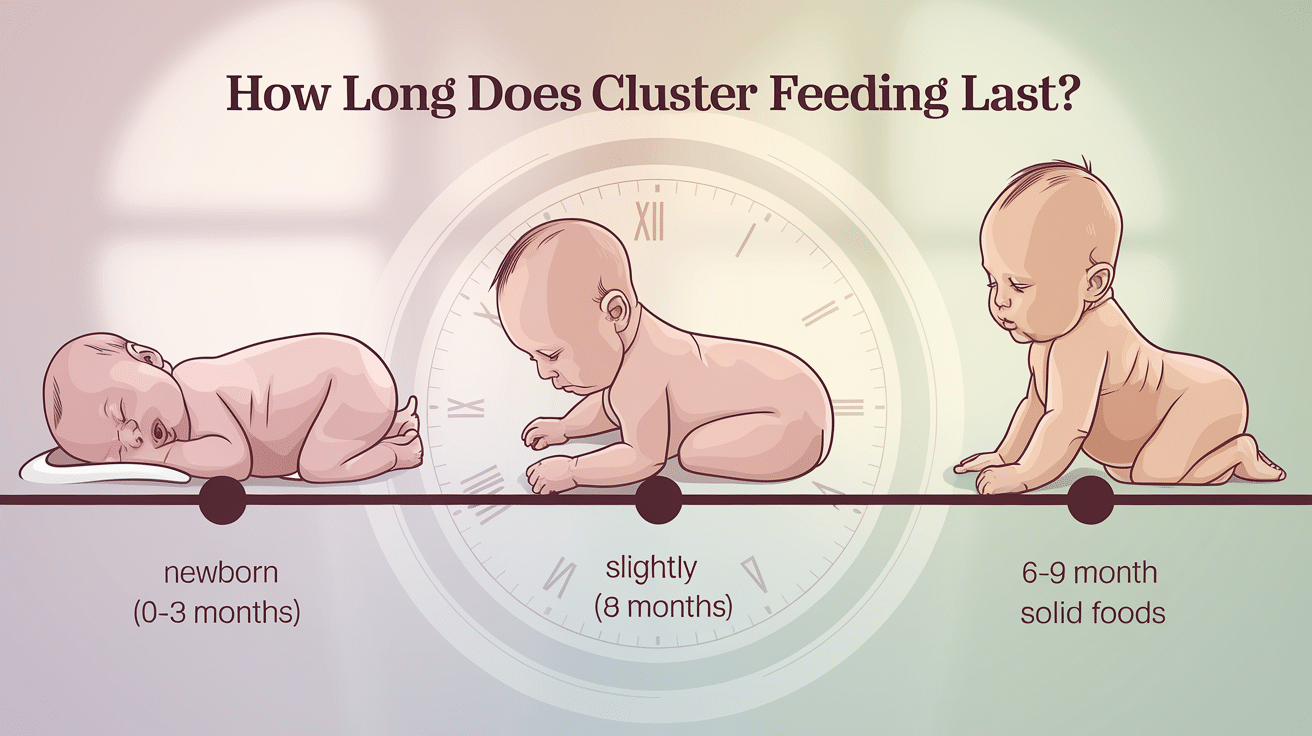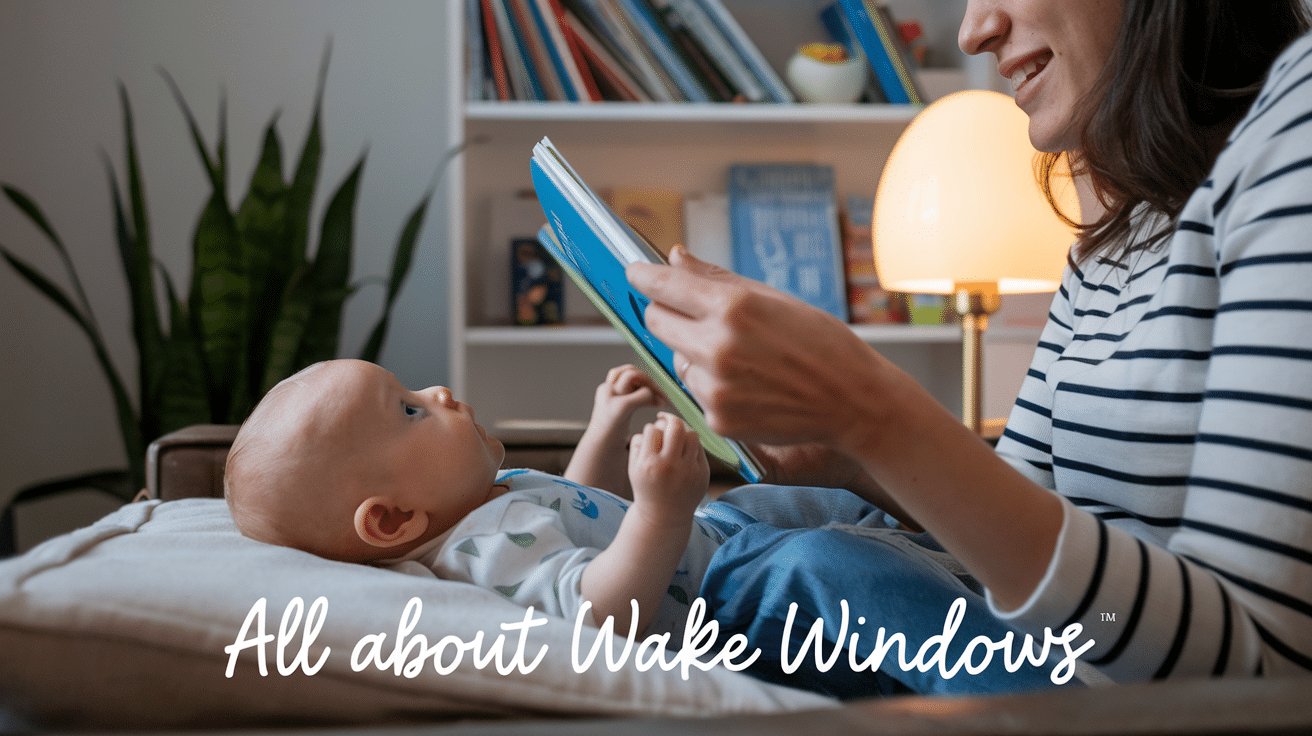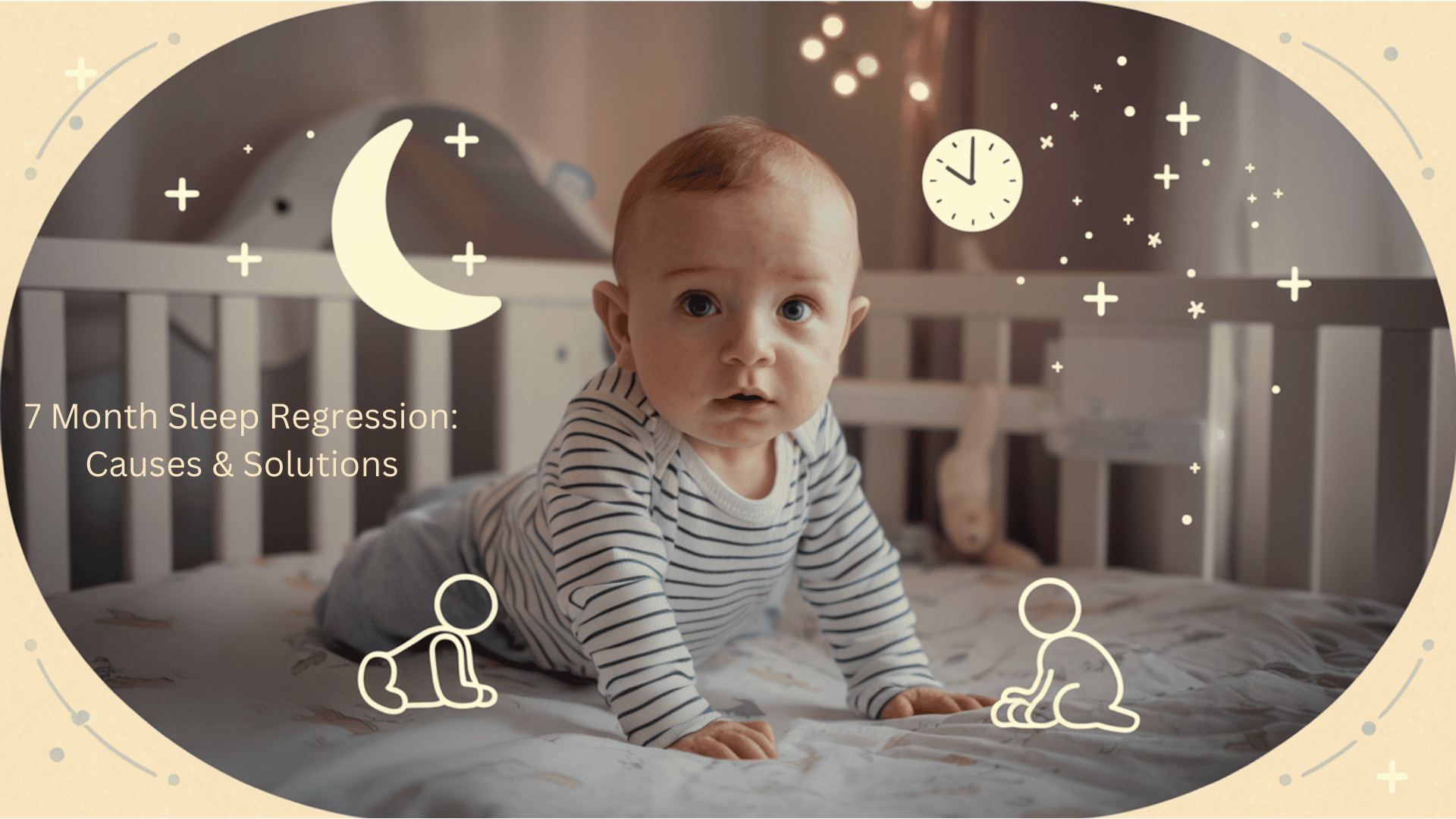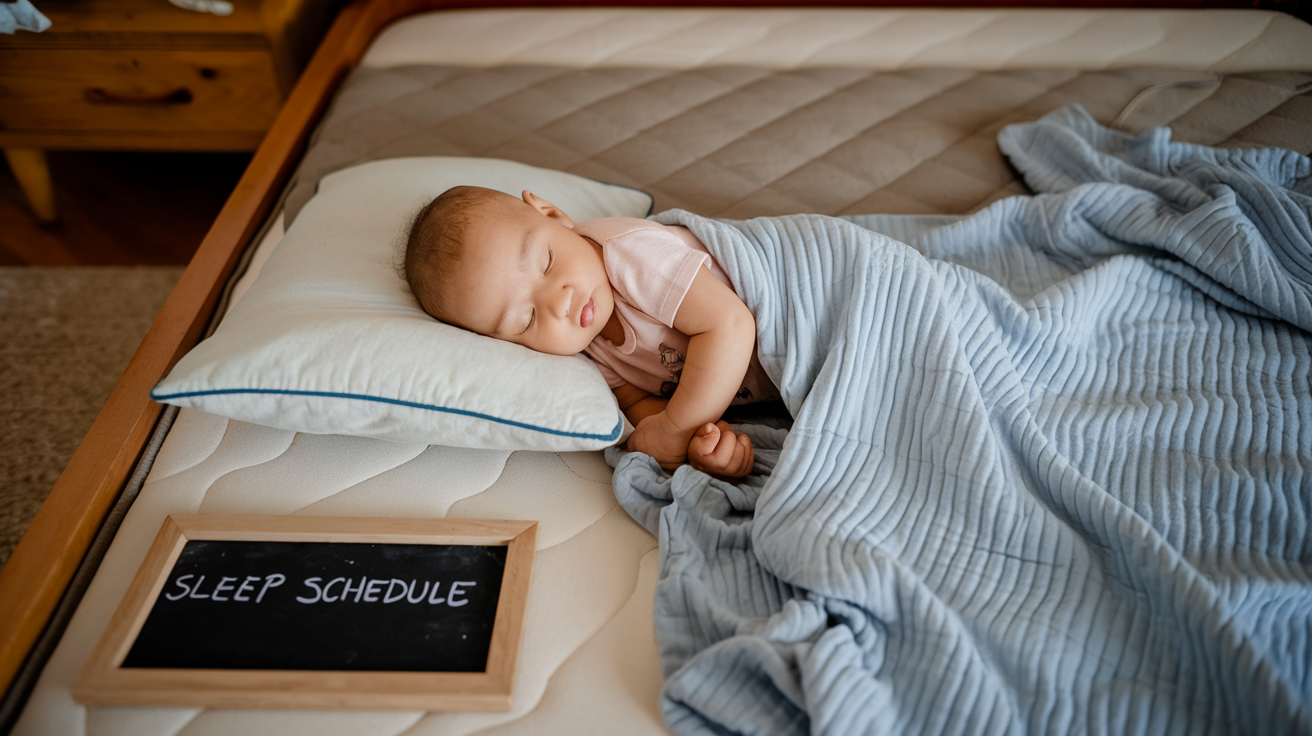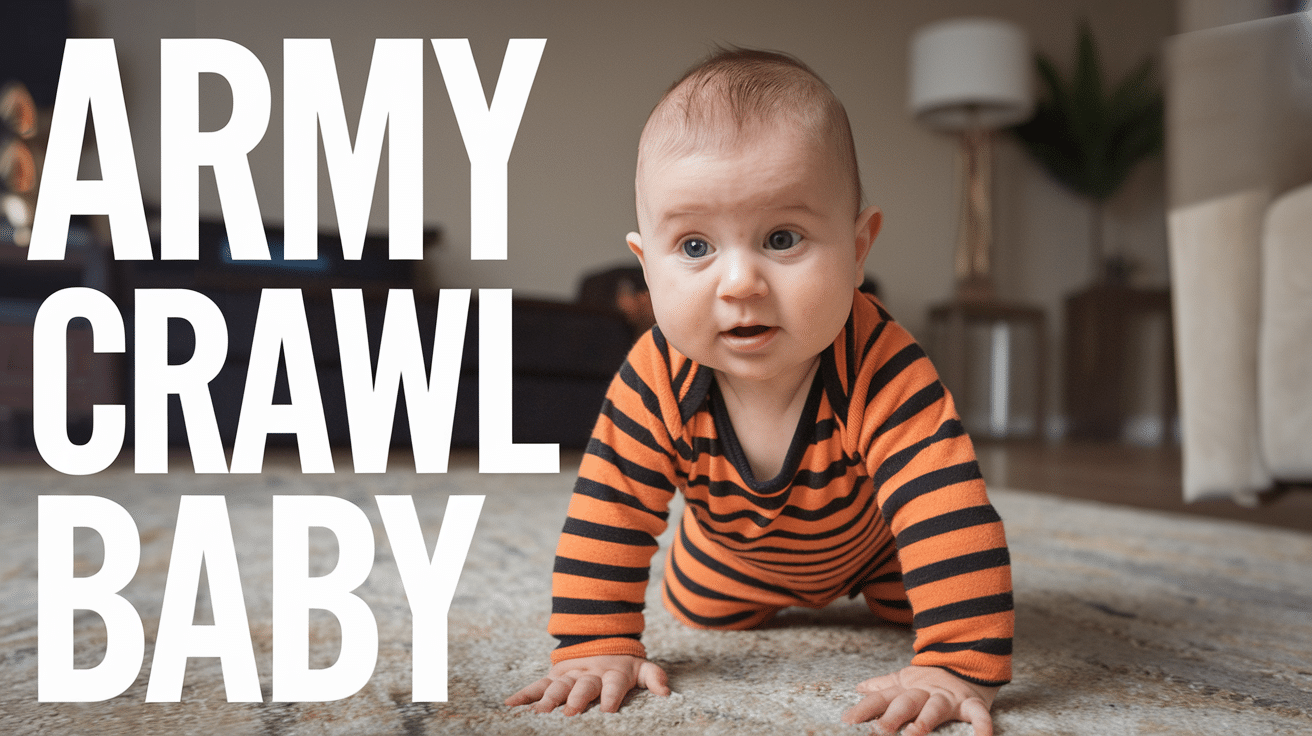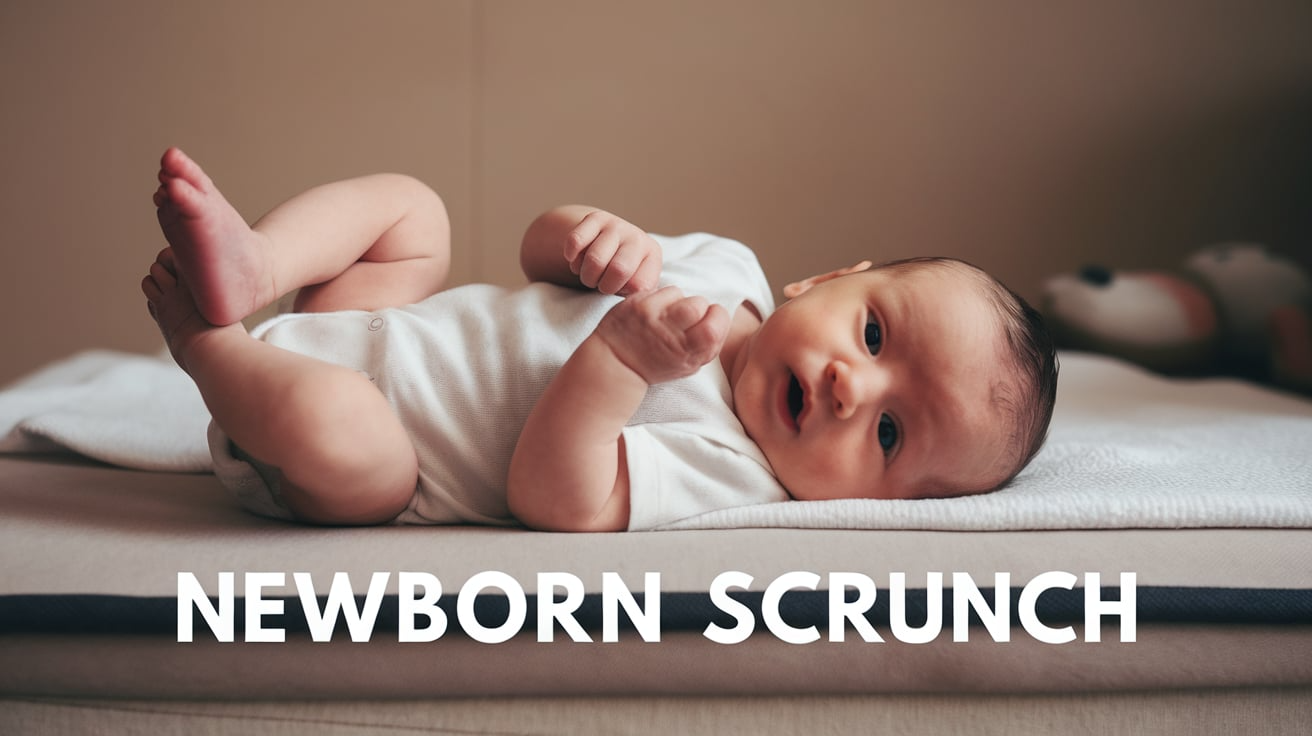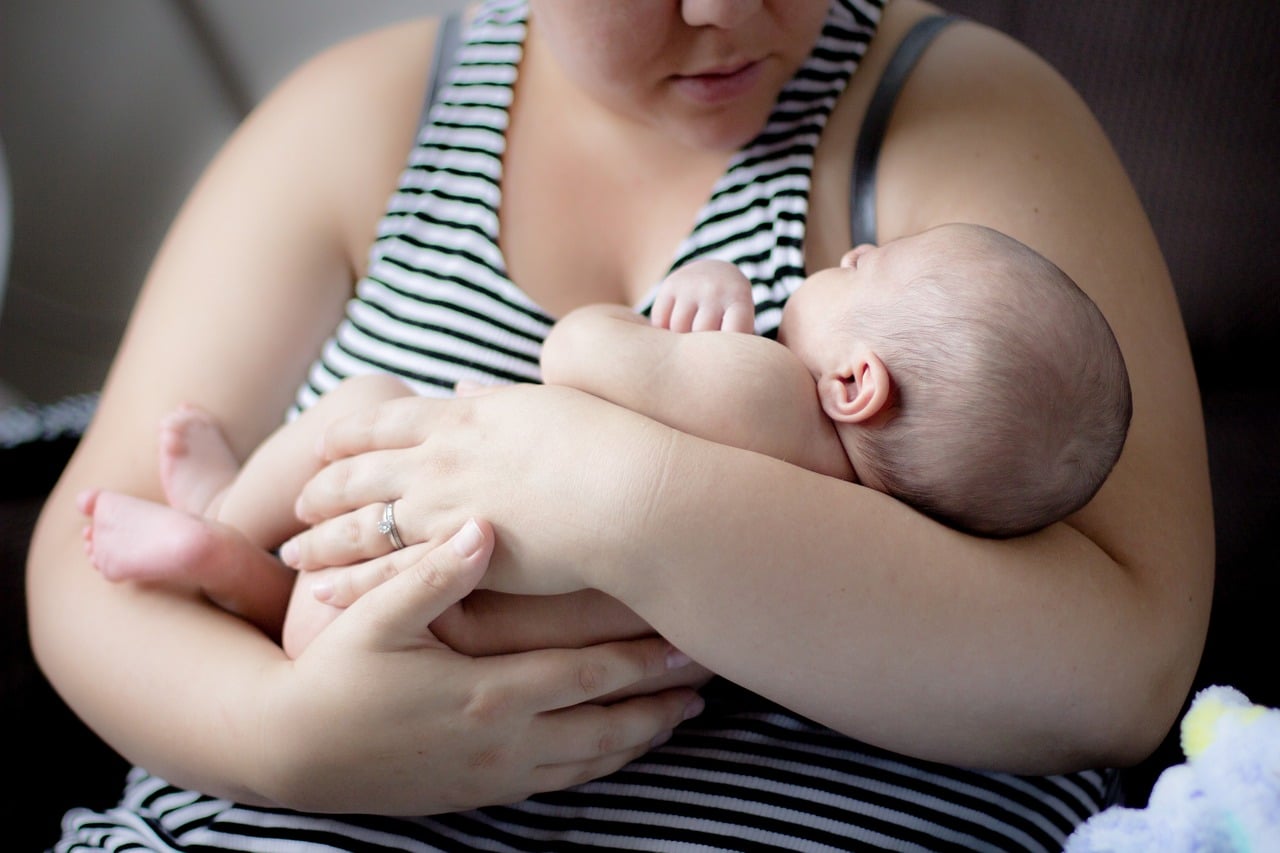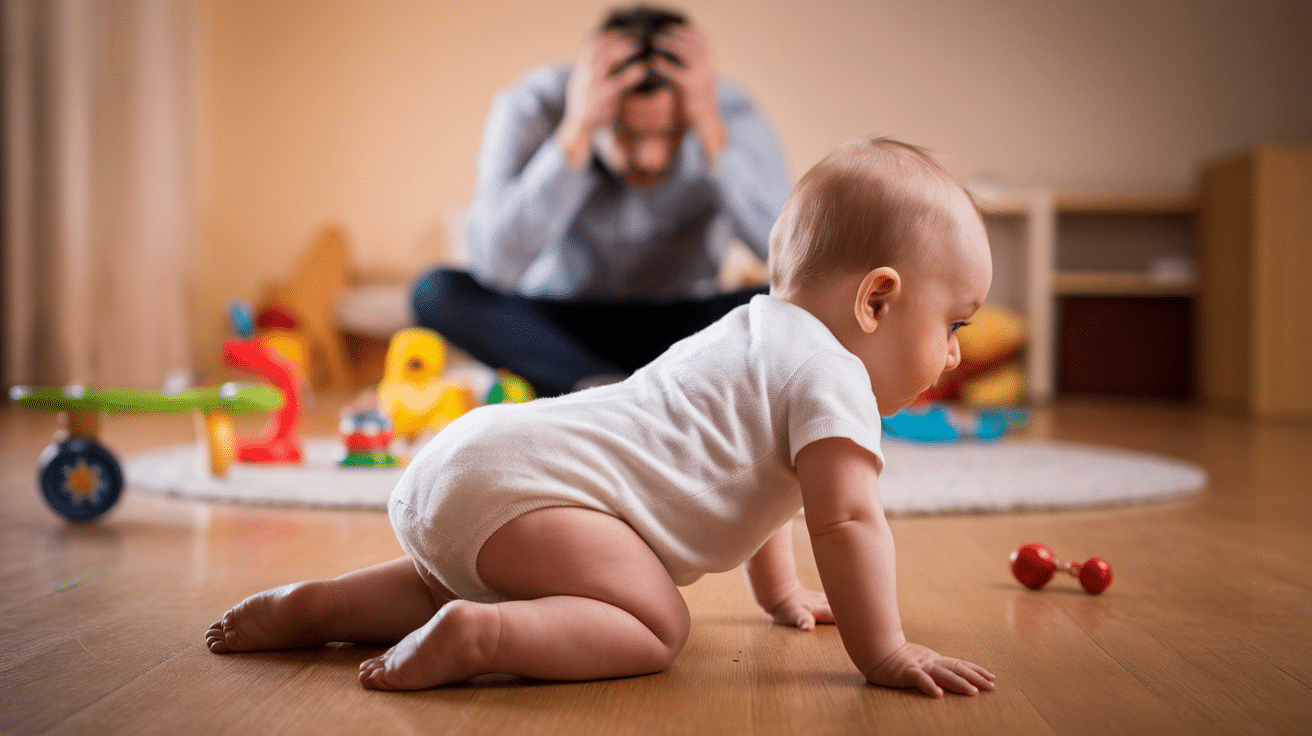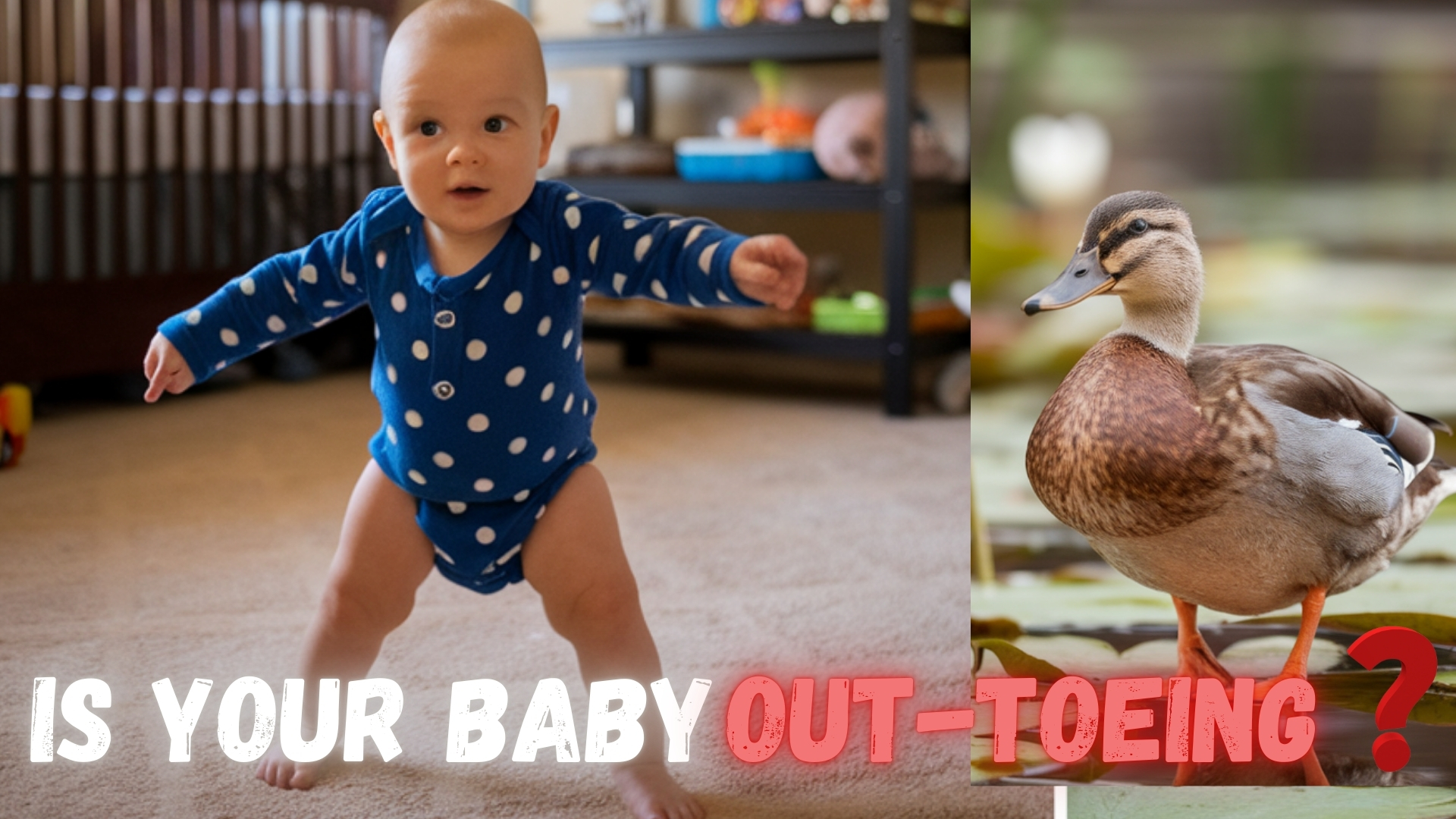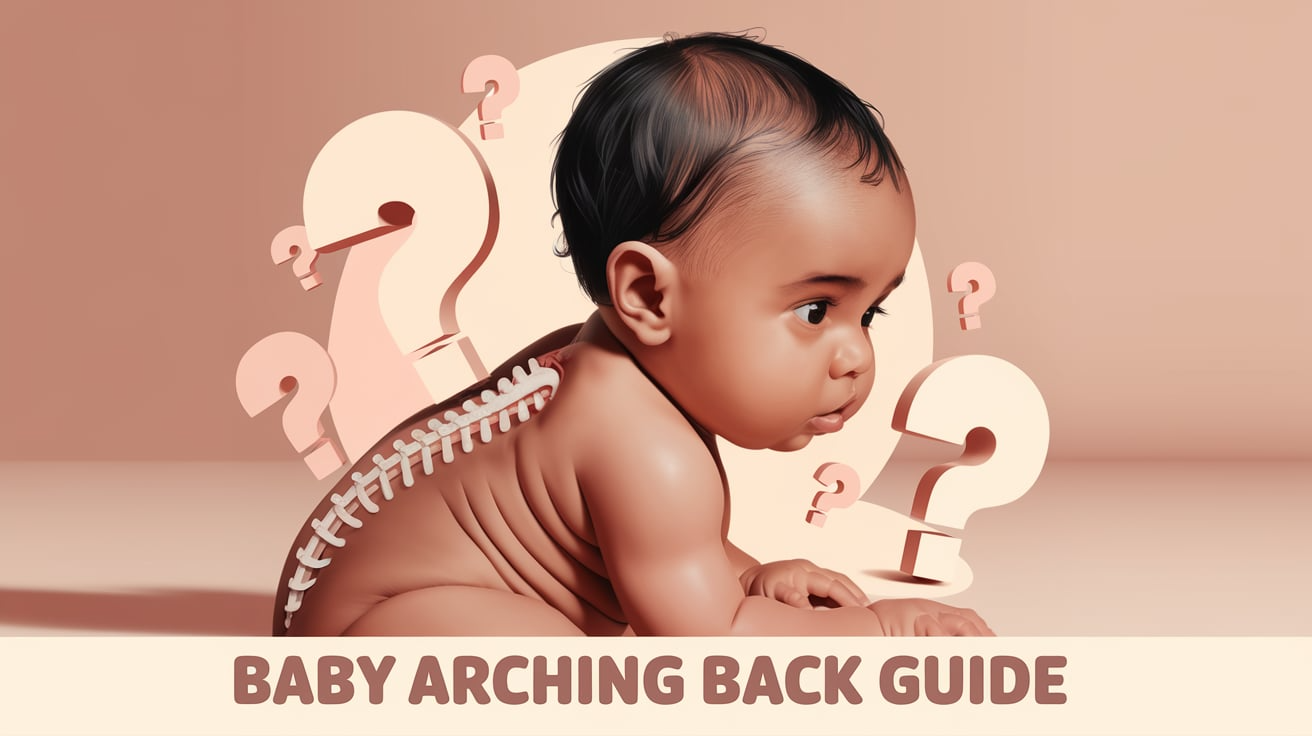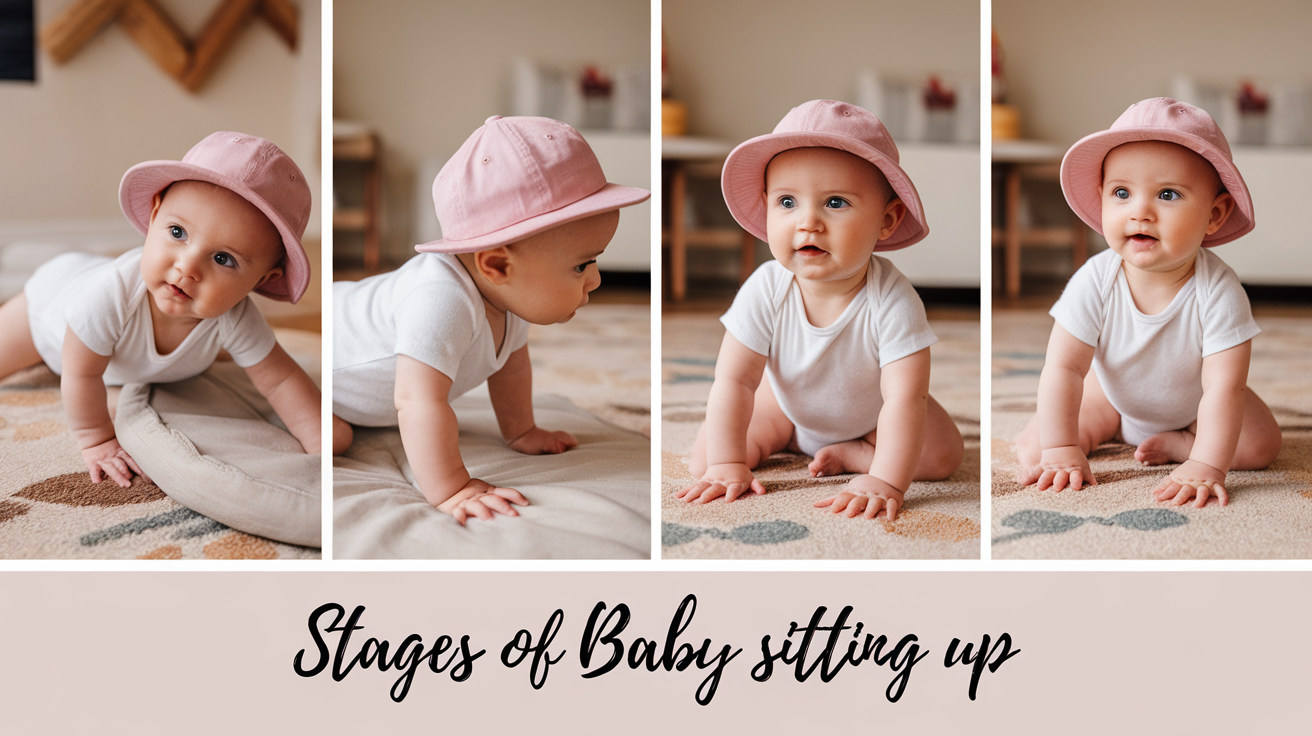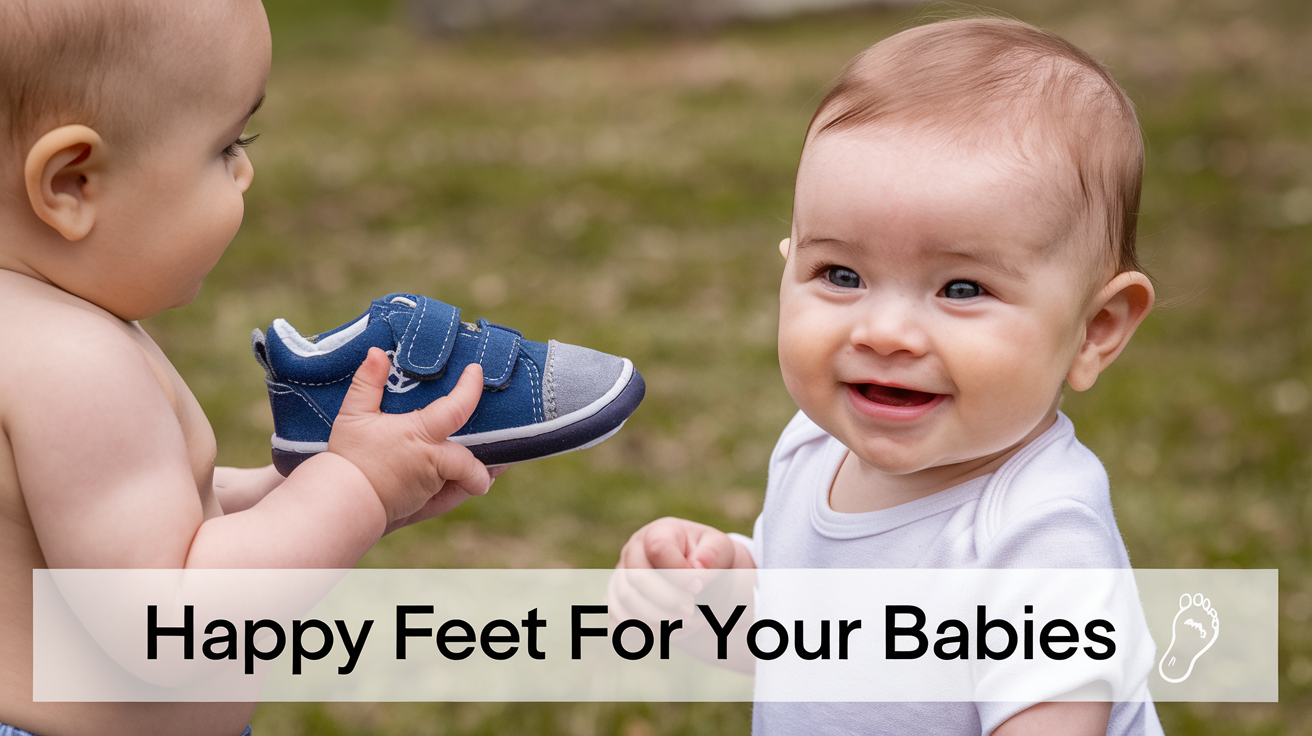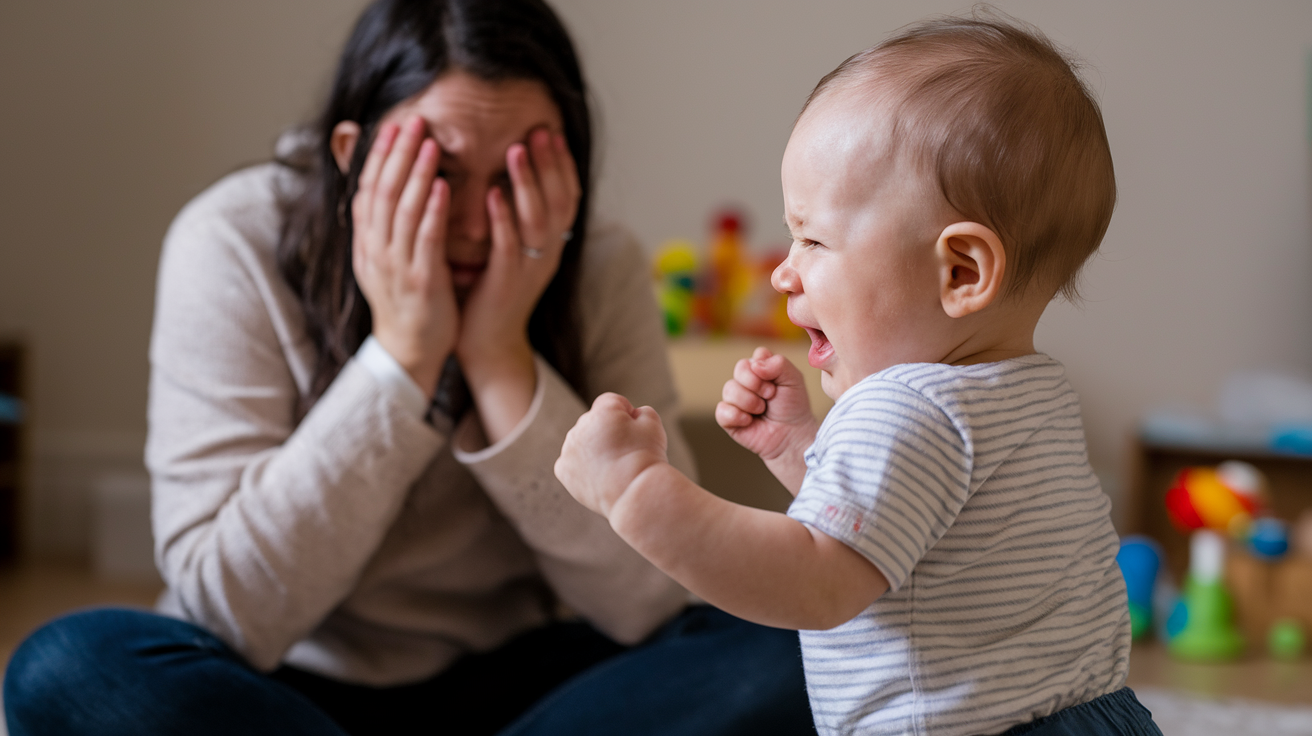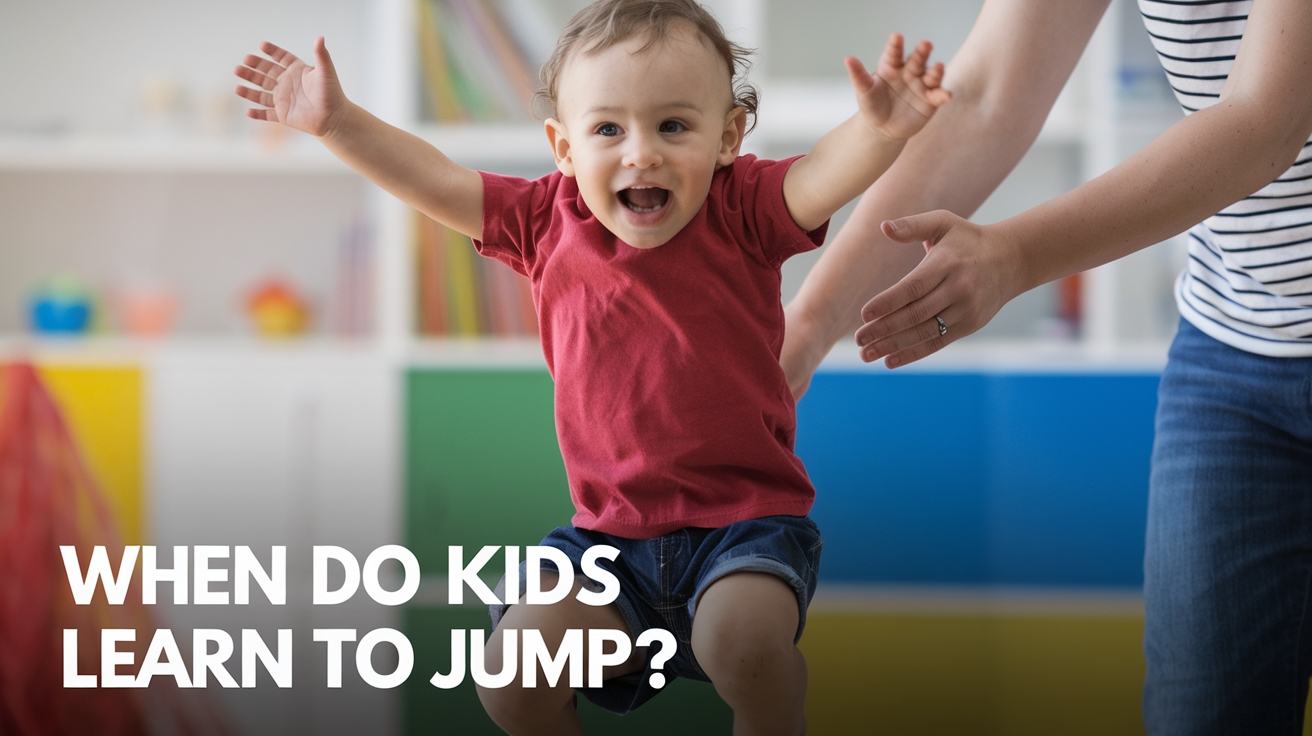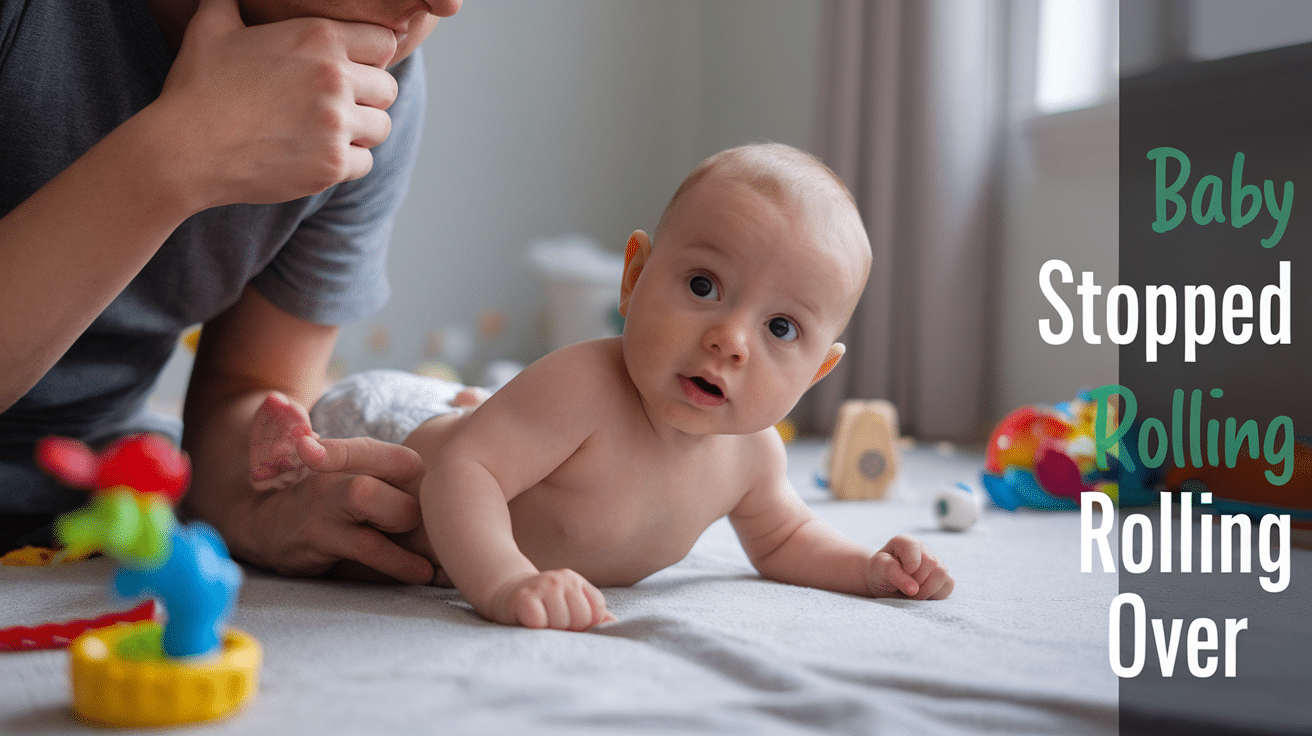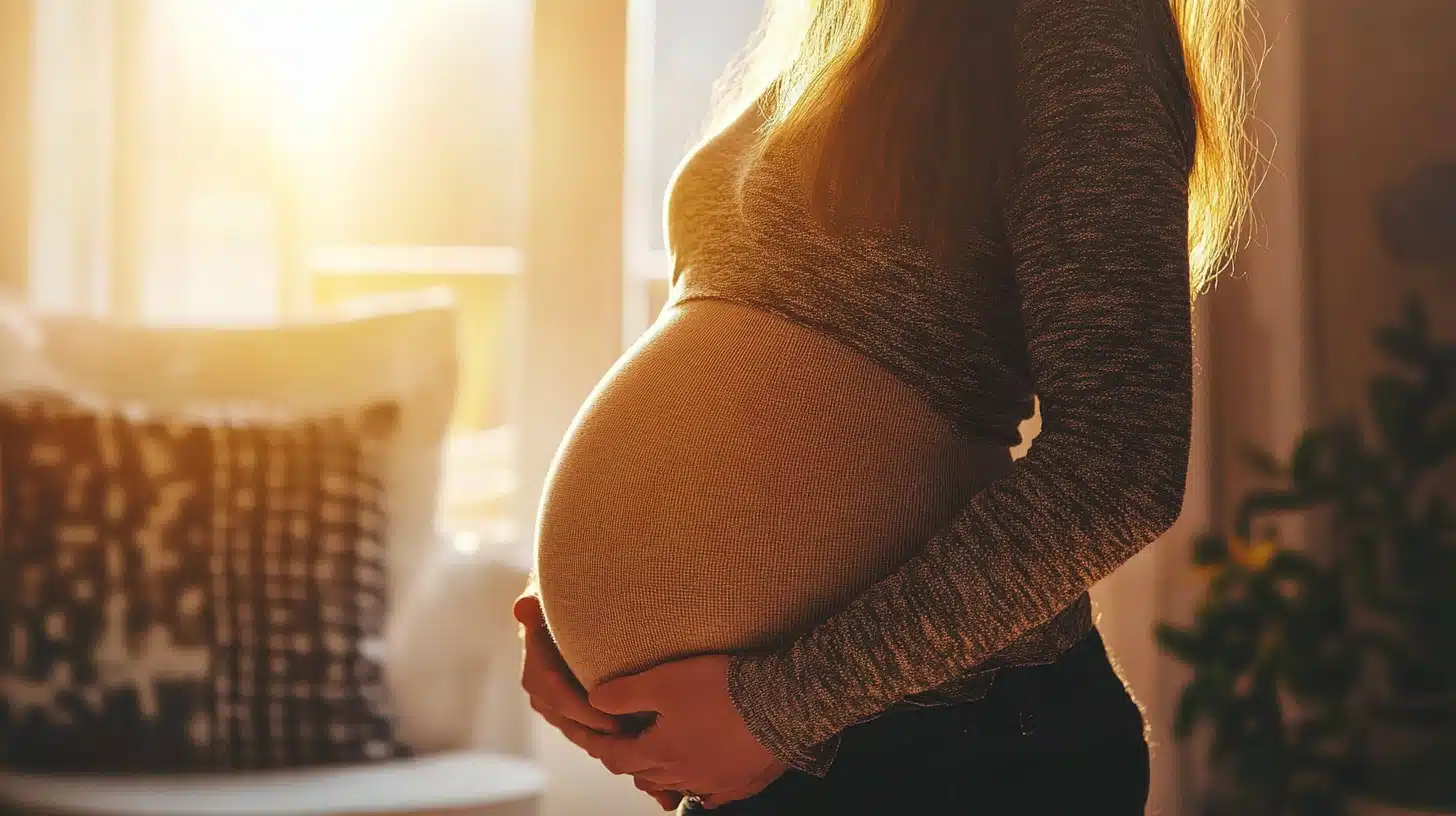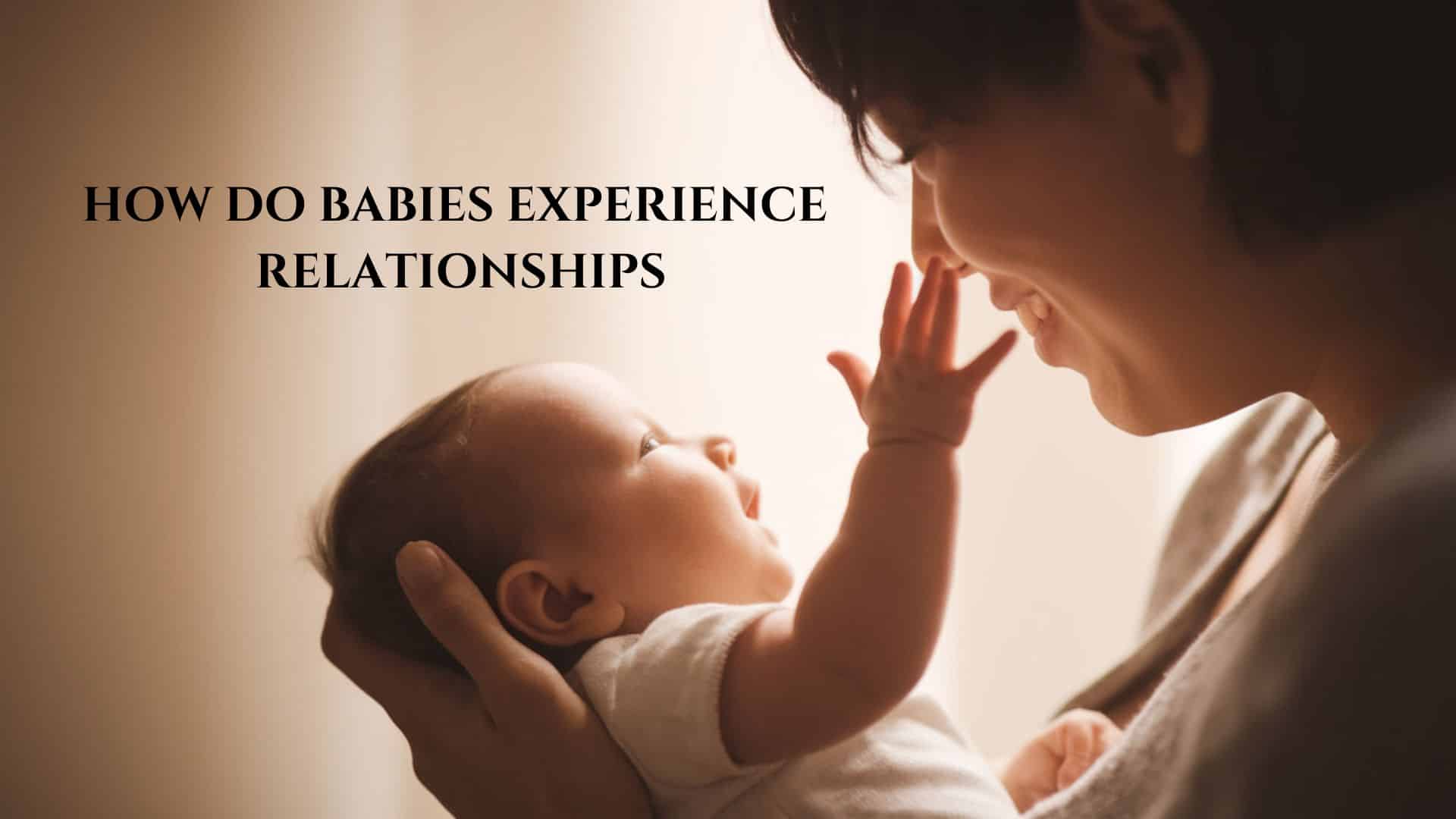
Have you ever wondered how your baby learns to love you? Babies experience relationships through all their senses – they feel your touch, see your face, hear your voice, and even know your smell.
From birth, babies are wired to connect! They start with simple crying when hungry but soon show real joy when you enter the room.
These early bonds aren’t just sweet moments – they’re building your baby’s brain. When you respond to their coos and cries, you teach them they matter and that people can be trusted.
The way babies experience relationships shapes how they’ll connect with others their whole lives. Understanding this helps you become the caring, responsive parent your little one needs to thrive in their social world.
The Science of a Baby’s Emotional Development
Babies build relationships through their senses – they feel your touch, see your face, and hear your voice.
In the first year, babies go from simple reactions like crying when hungry to more complex emotions like joy when you enter the room.
They learn to smile at 2 months, show stranger anxiety around 8 months, and develop attachment to caregivers. Babies communicate feelings through sounds, facial expressions, and body movements long before they can talk.
Understanding how babies experience relationships helps parents respond better to their needs and build strong emotional bonds that last a lifetime.
Importance of Positive Relationships in Early Years
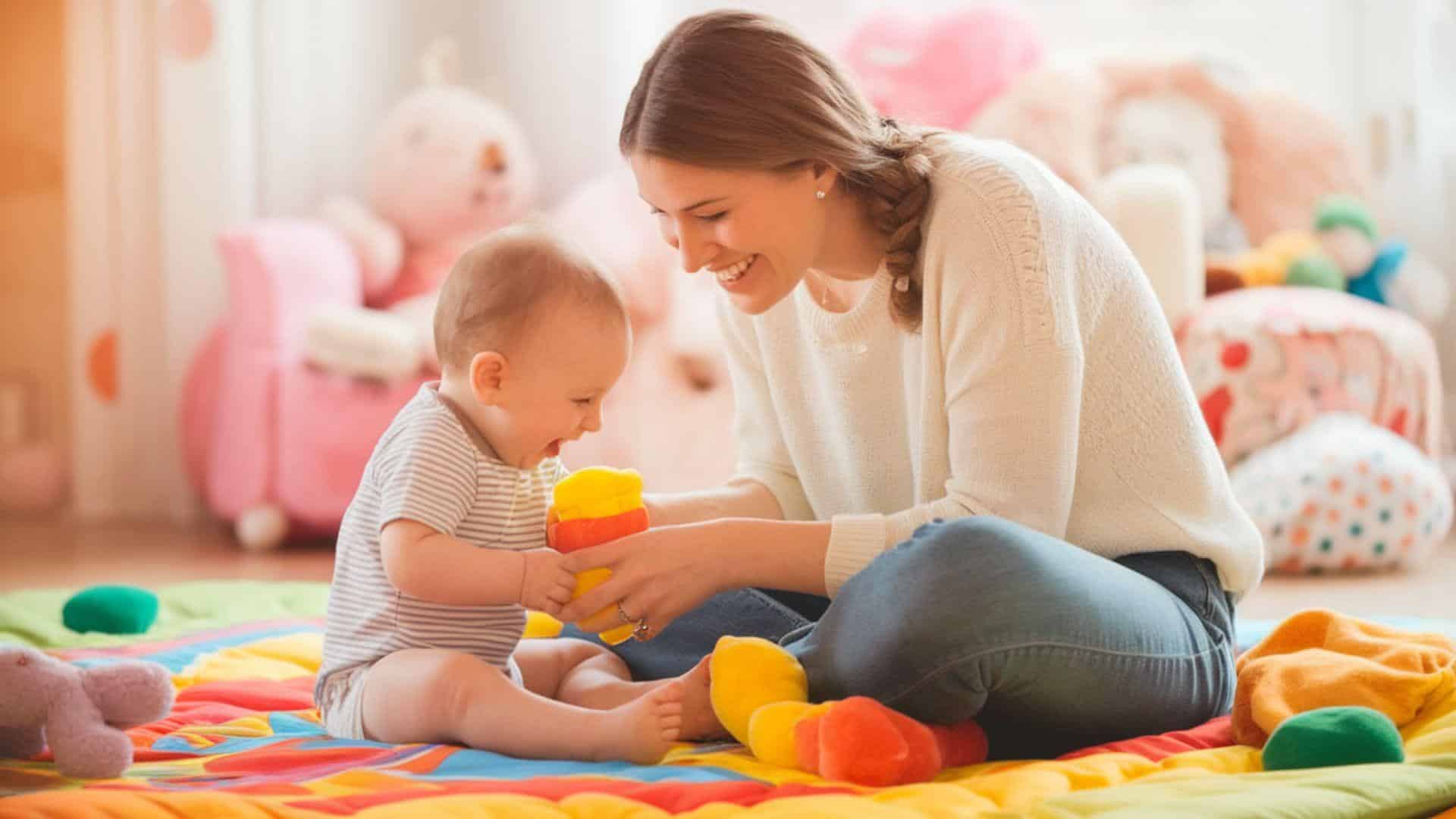
- Babies experience relationships through all their senses – touch, sight, sound, smell, and taste help them recognize and bond with caregivers.
- Consistent, responsive care teaches babies that relationships are safe and builds the trust needed for secure attachments.
- How babies experience relationships directly shapes brain development and creates the foundation for all future social skills.
- Secure attachments help babies develop better problem-solving abilities and confidence to explore their world.
- Positive early relationships teach babies how to regulate emotions and handle stress effectively.
- Babies who experience nurturing relationships show better emotional well-being and mental health outcomes later in life.
How Do Babies Experience Relationships with Parents and Caregivers?
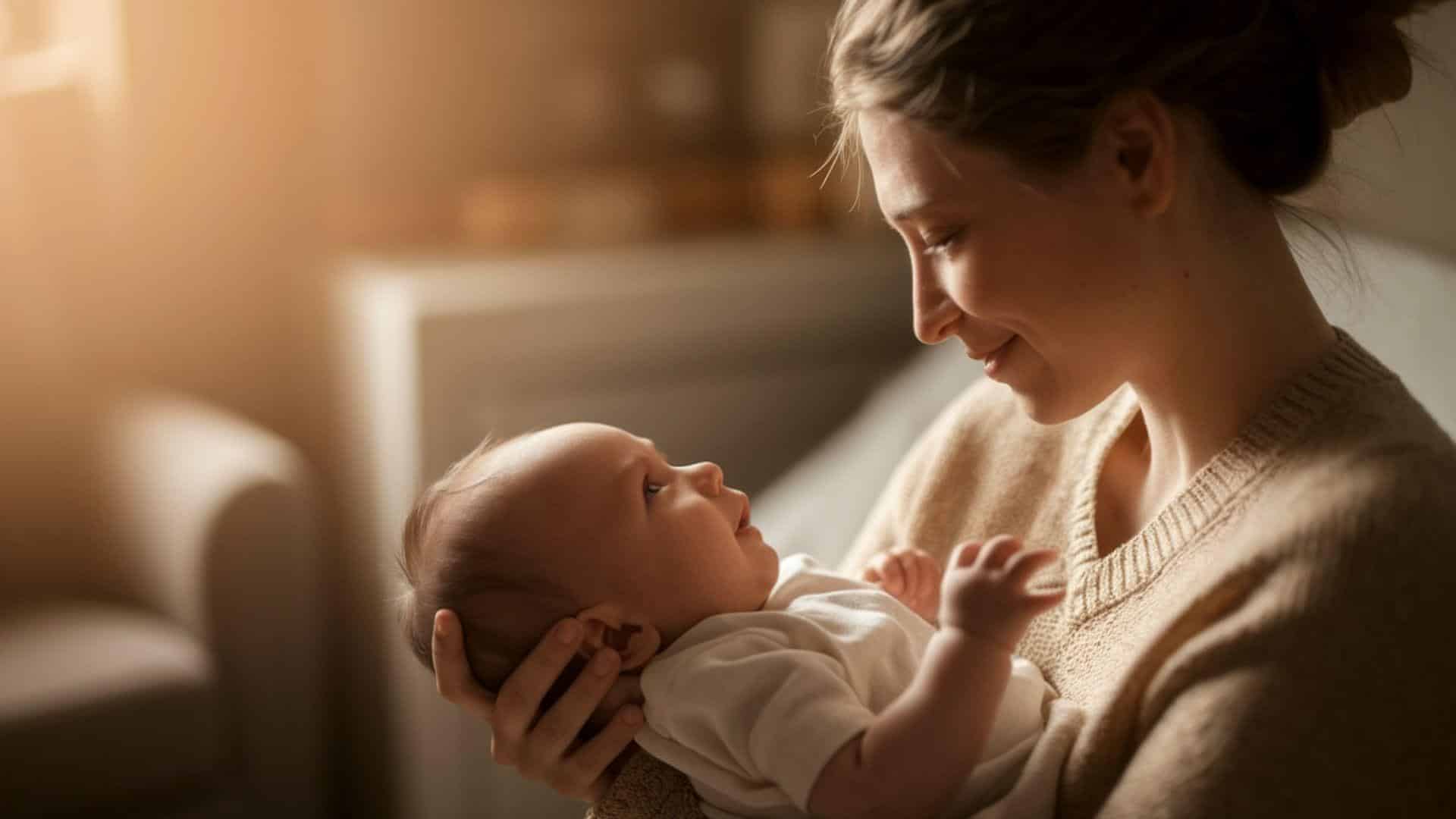
1. The Role of Early Bonding in Relationship Development
Babies experience their first relationships through skin-to-skin contact, eye gazing, and responsive care. These early bonding moments release hormones like oxytocin that create feelings of connection and safety.
When parents respond consistently to their cries and coos, babies learn that the world is predictable and that their needs matter.
This foundation of trust becomes the blueprint for how they’ll approach all future relationships.
2. Science Behind How Babies Form Attachments
Babies naturally seek proximity to caregivers as a survival mechanism. Around 7-8 months, they develop attachment behaviors like separation anxiety and stranger wariness.
Their brains are wired based on the care they receive. Secure attachments form when caregivers consistently meet physical and emotional needs.
This security gives babies the confidence to explore their world, knowing they have a safe base to return to when feeling uncertain.
3. The Impact of Parental Responses on a Baby’s Emotional Health
How parents respond to babies’ signals directly shapes emotional development. When caregivers mirror facial expressions and validate feelings, babies learn to identify and manage emotions.
Responsive parenting helps babies develop healthy stress responses as their developing nervous systems co-regulate with adult systems.
Babies who experience sensitive care show better emotional regulation, reduced stress hormones, and greater resilience that continues well into childhood and beyond.
Relationship Development Beyond the Primary Caregivers
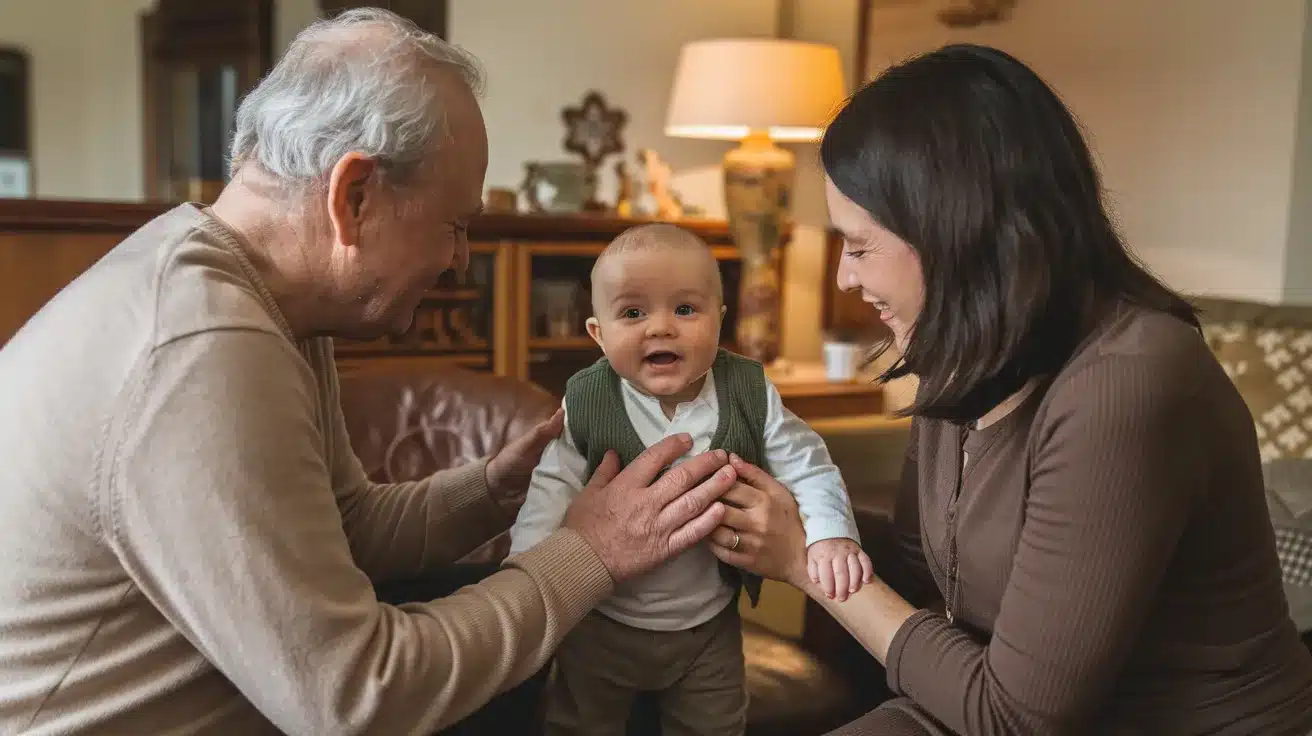
- Sibling and grandparent relationships offer babies diverse emotional experiences – Siblings teach babies about play, sharing, and managing conflicts, while grandparents often provide a different pace and style of interaction that expands baby’s social repertoire and deepens their understanding of relationships across generations.
- Babies learn to distinguish between strangers and familiar people through repeated experiences – By 6-8 months, they develop “stranger anxiety” as they recognize the difference between known caregivers and unfamiliar faces, which is actually a positive sign of healthy attachment and creating social awareness.
- Babies begin playing with others because their brains are wired for social connection – Starting with simple “parallel play” alongside peers and gradually advancing to more interactive social play, babies are practicing crucial skills like turn-taking, empathy, and communication that will form the foundation for all future friendships.
Signs You’re Not Bonding with Your Baby
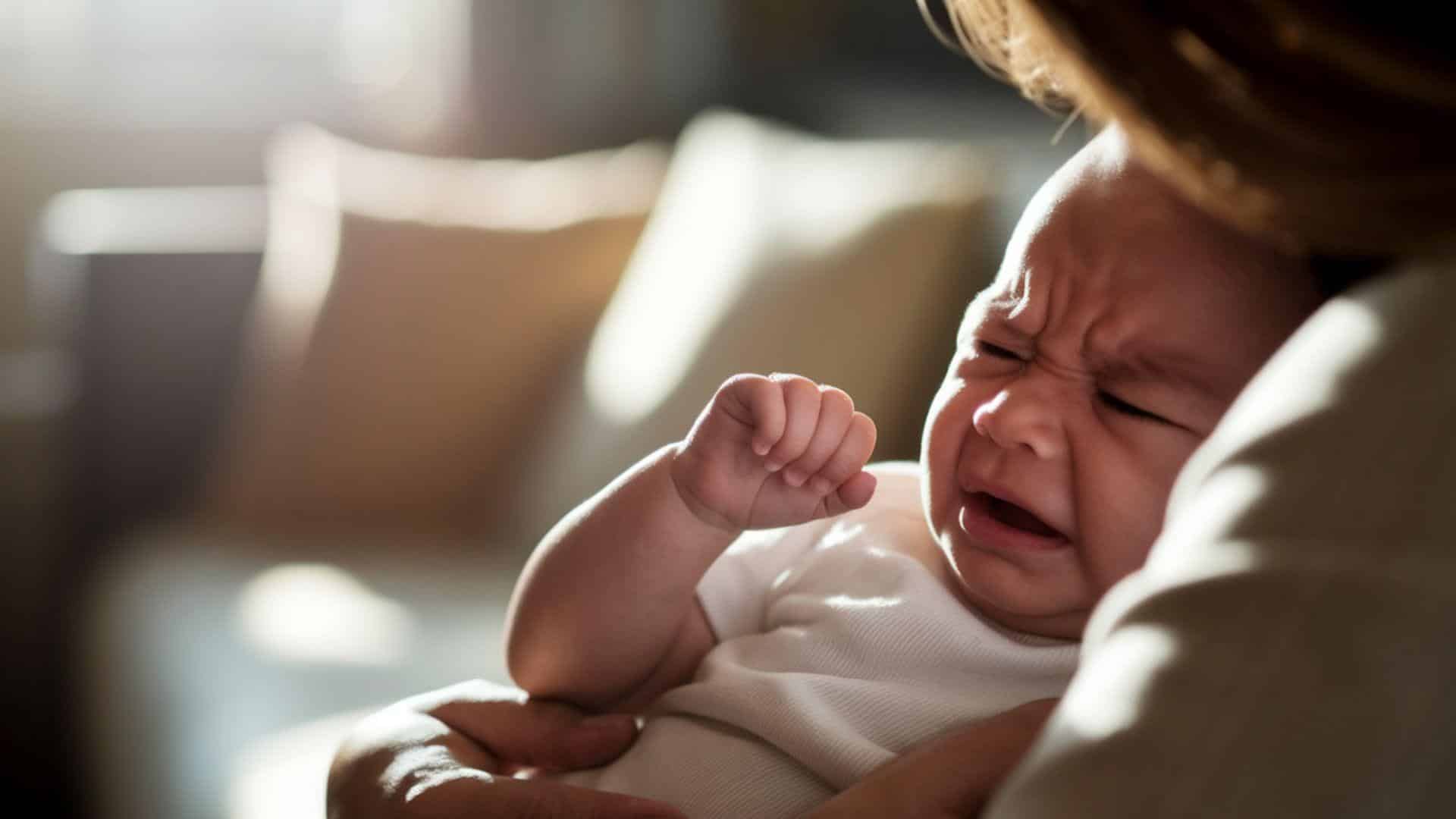
1. Identifying the Signs of Disconnection
You might notice you feel little joy when interacting with your baby or find yourself going through the motions of caregiving without emotional engagement.
Some parents feel anxious when holding their baby or have trouble making eye contact. You might not feel the urge to comfort your baby when they cry or find yourself feeling detached when feeding or bathing them.
These feelings don’t mean you’re a bad parent – they’re often signals that you need additional support.
2. Common Causes of Bonding Difficulties
- Postpartum depression, anxiety, or birth trauma can create emotional barriers that make it difficult to connect with your baby despite your best intentions.
- Your own childhood experiences and how you were parented may unconsciously affect how you relate to your baby, especially during stressful moments.
- Physical exhaustion from sleep deprivation, recovery from childbirth, or managing a baby with health issues or colic can drain the energy needed for emotional connection.
- Lack of support systems leaves many new parents isolated and overwhelmed, making it harder to enjoy and bond with their baby during this challenging transition.
3. How to Strengthen the Parent-Baby Bond
Start small with brief, positive interactions like gentle massage, skin-to-skin contact, or simply gazing at your baby while talking softly.
Follow your baby’s cues and celebrate small moments of connection. Create simple routines that feel good for both of you. Don’t hesitate to ask for help from healthcare providers, especially if you’re experiencing symptoms of depression or anxiety.
Join parent groups to share experiences with others. Be patient with yourself – bonding is a trip that unfolds over time, not an instant connection.
Tips for Building Stronger Relationships with Your Baby
Respond to Your Baby’s Communication Attempts: When your baby coos or reaches out, it’s “serving” you a communication ball. Responding with smiles, words, or touch is your “return” that tells your baby they matter.
Use Multiple Senses to Connect: Babies learn about relationships through their senses, with gentle touch releasing calming hormones that make them feel safe and loved. Looking into your baby’s eyes while talking in a warm voice creates powerful moments of connection that strengthen your bond.
Create Predictable Routines: Babies thrive when they can predict what happens next, as this predictability helps them feel secure in their world. Regular feeding, sleeping, and playtime routines reduce stress and help your baby trust that their needs will be met.
When to Consult Your Doctor About Your Baby’s Development?
Babies naturally develop bonds with caregivers, but sometimes, they need extra help. While all babies grow at their own pace, certain behaviors might signal that your little one needs additional support with social skills.
Trust your parental instincts – you know your baby best, and noticing these signs early means you can get help sooner.
Watch for warning signs that your baby might be struggling to connect, such as:
- Rarely making eye contact when you hold them
- Not smiling back when they smile at you
- Showing little interest when you talk or play together
- Not responding to their name by 9 months
- Seeming constantly fussy without being comforted
- Not reaching for you or wanting to be held
- Limited facial expressions or body movements
- Not babbling or making sounds to communicate by 12 months
If you notice several of these signs, don’t panic, but do talk to your baby’s doctor. Pediatricians can check your baby’s development and suggest helpful ways to strengthen your connection. Early support makes a big difference!
Final Words
How babies experience relationships goes far beyond cute smiles and cuddles – it’s the foundation for their emotional health.
When you respond to your baby’s needs, you teach them to trust both you and their world. These connections shape their brain, helping them learn to manage feelings and bond with others.
If your baby isn’t making eye contact, smiling back or seems unusually fussy, talk to your doctor. Even strong parent-baby bonds sometimes need support.
Remember that each positive interaction – every gentle touch, soft word, and quick response – builds your baby’s sense of security.
You’re not just caring for them today; you’re helping them build relationship skills that will last a lifetime. Your love is literally shaping their future, one cuddle at a time!
If you’re interested in more informational content about mothers and babies, feel free to click here and explore other blogs you might enjoy.

